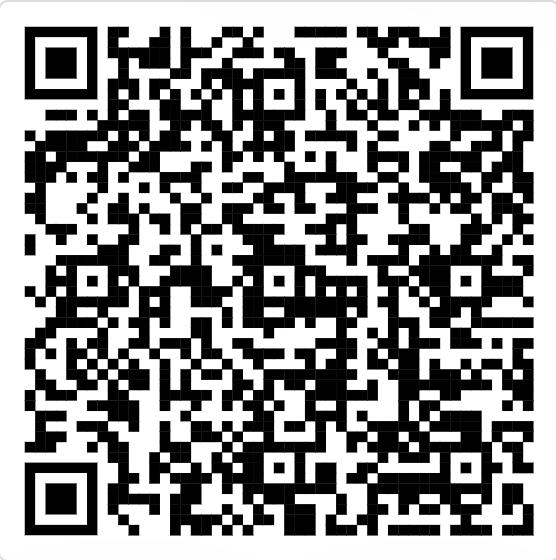Ultra Vires
THE INDEPENDENT STUDENT NEWSPAPER OF THE UNIVERSITY OF TORONTO FACULTY



84 Queen’s Park Crescent Toronto, ON M5S 2C5
Ultra Vires is the independent student newspaper of the University of Toronto Faculty of Law. We provide a forum for diverse viewpoints on topics of interest to our readers. We aim to foster dialogue on academic and social issues between students, the faculty, and the broader legal community in Toronto, Ontario, and Canada. Our content does not necessarily reflect the views of the Editorial Board. We print six issues per year. Ultra Vires is printed by Master Web Inc.
EDITORS-IN-CHIEF
Manreet Brar and Abby Sasitharan
BUSINESS MANAGER
Leon Xu
NEWS EDITORS
Rachel Chen and Malka Younas
ASSOCIATE NEWS EDITOR S Yuha Khan and Alex King
FEATURES EDITORS
Julia Allen and Asra Areej
ASSOCIATE FEATURES EDITORS
Tyler Lee and Madura Muraleetharan
OPINIONS EDITORS
Puneet Kanda and Mariam Patsakos
ASSOCIATE OPINIONS EDITORS
Kaitlyn Matthews and Yebin Shin
DIVERSIONS EDITOR
Sakina Hasnain
ASSOCIATE DIVERSIONS EDITOR
Kiwan (Paul) Kim
PUZZLE EDITORS
Matthew Farrell and Navya Sheth
RECRUIT EDITOR
Rosemary Fang
EDITOR-AT-LARGE
Cherry Zhang
ONLINE EDITOR
Siegfried Kahama
STAFF WRITERS
Katherine Fan, Georgia Gardner, Shelby Hohmann, Glenn Howard, Olivia Schenk, and Grace Xu
RECRUIT REPORTERS
Jane Byun, Alice Min, and Celine Tsang
STAFF PHOTOGRAPHER
Kabir Singh Dhillon
SOCIAL MEDIA COORDINATOR
Parker Hopkins
LAYOUT EDITOR
Fox Hill Creative
ADVERTISING
If you are interested in advertising, please email us at business@ultravires.ca
ERRORS
If you notice any errors, please email us at editor@ultravires.ca.
SUBMISSIONS
If you would like to submit a tip, letter, or an article, please email us at editor@ultravires.ca.
Ultra Vires reserves the right to edit submissions.
Welcome to the danger zone, Or as optimists put it, “the home stretch.”
As 1Ls try to figure out how to issue-spot, 3Ls have finally defrosted, supposedly “locking in”—attempting to complete an entire semester’s worth of readings in one week.
As you all may be aware (especially 1Ls who have stalked UV’s website to suss out future job prospects— we’re flattered ), November is UV’s recruit special. We are very excited to present the hiring statistics from summer recruitment processes across the country, commentary on the recruit processes, including results from the demographic surveys, and insights from past and current students on the recruit processes. Congratulations to everyone who participated! No matter the outcome, your hard work and dedication is commendable!
You’ll also find coverage on recent events such as the construction law career panel and Senator Kim Pate’s lecture and the annual SNAIL invasion. To balance the ridiculous amount of numbers in this issue, the Diversions section is stacked with beloved favourites—practice exam questions and horoscopes for the holiday season ahead— and new pieces—exam season poetry and a posting for intensive professors (the Faculty could benefit from this).
The November issue marks the end of UV…for 2024 (it takes a lot to get rid of us). Unfortunately, our contributors have to study for exams and “take a break” during the holidays, so we can’t force them to keep churning out articles. We’ll catch you in the new year!
If you have any comments, are looking for ways to get involved with UV, or just want to say hi, you can always reach us at editor@ ultravires.ca or @ultravires.ca on Insta

ISABEL BRISSON (3L)
Congratulations, the first semester is almost over and we are less than a month away from winter break! The SLS would like to provide the following updates:
Exam Season
With exams fast approaching, we want to remind students that they can find study resources, including previous exam questions and answers, on the Students’ Law Society
(SLS) study materials page.
On November 18, the SLS hosted Milisa Burns who facilitated a much-needed workshop on overcoming fear and self-doubt. The session focused on releasing the fixed mindset, fostering a growth mindset, and practicing self-compassion as tools for navigating challenges and building confidence. Students described the event as impactful, with many appreciating the hands-on exercises
and open discussions that encouraged reflection with actionable takeaways. Many left the session inspired to approach obstacles with a newfound sense of possibility and selfcompassion.
We are also pleased to announce that in addition to the puzzles and colouring books available outside the Tory’s Reading Room, the Faculty will also be providing coffee, tea, and healthy snacks during the exam period!
Safety and Security
It is imperative that students feel safe at the law school. When several students raised concerns with the SLS we advocated for the administration to implement more extensive security measures. Thank you to everyone who completed the Safety and Security survey, it was instrumental in our efforts. We also want to thank the administration for consulting with campus security and producing a solution that ensures we balance all considerations.
GLENN HOWARD (2L)
On Monday, November 18, 2024, Senator Kim Pate visited the University of Toronto's Centre for Criminology & Sociolegal Studies to deliver the annual John Ll. J. Edwards Memorial Lecture, in which she discussed her recent report, "Injustices and Miscarriages of Justice Experienced by 12 Indigenous Women".
As Professor Kelly Hannah-Moffat, a long-time friend of Senator Pate, said in her introduction to the lecture, "Kim's not keen on starting with the accolades of her accomplishments." But they are numerous. A member of the Order of Canada, she has also received the Governor General’s Award in Commemoration of the Persons Case, the Canadian Bar Association’s Bertha Wilson Touchstone Award, and six honourary doctorates. Echoing the sentiments of other introductory speakers, Professor Hannah-Moffat said, "[Pate] tirelessly defends rights in the places that no one is looking—such as in prison or correctional facilities— the places where people actually need to exercise their rights."
Senator Pate began where the report begins: observing the problem of mass incarceration of Indigenous women in Canada. As the report states, Indigenous women remain Canada’s fastest growing prison population, representing only 4% percent of the Canadian female population but more than 50% of all women in Canadian prisons.
This results in Indigenous women having a greater likelihood of ending up in prison than in postsecondary education. This is the reality in spite of efforts to reform the Canadian criminal system. Senator Pate said this shows "the reform and the attempt to Indigenize the system has not worked. ... If we continue on this trajectory to try to change the system to look more positive for Indigenous people ... then what we are likely to do is actually exacerbate the problem."
The report identifies 10 systemic factors contributing to miscarriages of justice for Indigenous women. These factors include the genocidal colonial policies of forced removal of Indigenous women from their traditional lands, the institutionalization of Indigenous women through residential schools and child welfare programs, and the victimization of Indigenous women through physical and sexual violence.
These systemic factors show up in the lives of the 12 women featured in Senator Pate's report. One woman, R.A., stated that her experience in the Saskatchewan penitentiary, where the majority of women were Indigenous, "was akin to the residential schools that so many of our people endured for decades." All of the women in the report had experienced what Senator Pate referred to as the "so-called child welfare system," as well as physical and/or sexual violence.
Another key systemic factor emphasized in Pate's lecture was the legal system’s inadequate contextualization of racism, sexism and violence in legal defences of Indigenous women. Senator Pate referenced how Jamie Tanis Gladue, who Pate visited and worked with, was portrayed in her now famous case (R v Gladue, [1999] 1 SCR 688).
Pate said, "Jamie is described in the case as a jealous wife who stabbed her husband because he was having an affair. ... The night Jamie stabbed [Reuben Beaver], [Beaver] first had beat her up, he had then gone next door, broken through the bedroom door, raped her sister, came back out, told Jamie about it, and when Jamie stabbed him, he was trying to get back in through the front door of the unit where her sister was. Now I ask you, does that sound like an adequate contextualization to say she was a 'jealous wife who stabbed her husband because he was having an affair'? Or does that sound like someone who is defending, at the very least her sister, and possibly herself, from further rape and abuse?"
To respond to the systemic problems it identifies, the report calls for "not merely ... well-intentioned (but thus far ineffective) criminal law reform, but ... reconciliACTION." The action proposals include a review and exoneration of the 12 Indigenous women referenced in the report, as well as an elimination of all mandatory minimum
penalties, mandatory periods of parole ineligibility, and restrictions on the use of conditional sentences.
The report calls for an end to these penalties because they prevent judges from respecting section 718(2)(e) of the Criminal Code, which requires courts to consider "all available sanctions, other than imprisonment ... with particular attention to the circumstances of Aboriginal offenders." The report observes that, "[b]ecause they require judges to impose a prison sentence ... mandatory minimum penalties are a significant reason why judges are unable to do their duty to consider alternatives to incarceration, 'effectively denying judges the ability to adequately take into account specific background as a mitigating factor.'"
These problems, Senator Pate reiterated, require collective action and a desire to "dream big." She concluded that "we need to stop being comfortable just tinkering around with these systems. Because it is only if we actually insist that those resources go into the community, and stop continuing to put them into prisons, that we will manage to decarcerate ultimately. ... We've got to get something different happening in this country."
This event was presented by the Centre for Criminology & Sociolegal Studies and co-sponsored by Woodsworth College and the Faculty of Law.
OLIVIA SCHENK (3L)
The Construction Law Club was founded this year by Ethan Wilkinson (3L) and Daniel Jolic (3L). The founding duo then reached out to me, their friend Olivia Schenk (3L), to form the initial executive team. The three co-executives share a passion for construction law based on their experience working in the field during their 2L summers and experience in U of T’s construction law course.
The Club’s first event took place on Tuesday, October 29. The goal of the event was to introduce students to the rapidly growing area of practice. The panel featured four associates from a variety of firms with large or exclusive construction law practices. The panelists answered
questions about how they got involved in construction law and their experiences working in the field.
The panelists consisted of Drew Black, Lauren Gruenberger, Jacob Jones, and Simren Sihota.
Drew Black is an associate at Lenczner Slaght LLP. His practice is about 50% construction with the other half comprising other general litigation areas. Black received his JD from Dalhousie University and was called to the bar in 2021.
Lauren Gruenberger is a construction associate at Cassels Brock & Blackwell LLP. Her practice covers a wide range of construction disputes, including complex claims related to public infrastructure
projects, traditional litigation and alternative forms of dispute resolution, and the preparation and negotiation of construction documents for clients across various sectors. Gruenberger received her JD from Queen’s University and was called to the bar in 2021.
Jacob Jones is an associate at Glaholt Bowles Construction Lawyers. At Glaholt, he has actively participated in matters ranging from large multi-stakeholder infrastructure projects to Small Claims Court files. Jones received his JD from the University of Toronto and was called to the bar in 2024.
Simren Sihota is an associate at Margie Strub Construction Law. He joined the
firm at its inception. Sihota maintains a wide practice including both front-end contract drafting and negotiation advice, as well as back-end assistance including interim dispute resolution, litigation, and private arbitration. Sihota received his JD from the University of Western Ontario and was called to the bar in 2020.
The Club is very pleased about the turnout to the panel event. The student attendees were all highly engaged and asked the panel many thoughtful questions. The room burst into laughter several times over the panelists' clever quips and funny experiences in the industry. Pizza was provided
Continued on page 4
OLIVIA SCHENK (3L)
for all in attendance.
The executive team appreciated having female representation on the panel. Construction law has a reputation as a maledominated area of law. It was Jolic’s idea to ensure the panel instilled in attendees that construction is an area of law for everyone.
Jolic found the panel an ideal representation for students of what working with
construction lawyers is like in practice: “I think that the event showed the human side of construction lawyers. Genuinely, the associates were so friendly and interactive with the audience. I think it showed students that it is a fun bar to join.”
Wilkinson expressed his enthusiasm and gratitude for the panel’s success: “[a] huge thanks to the associates that volunteered their time and gave an honest insight into
working as a construction lawyer. It was great to see students networking with firms before the 2L recruit.”
For those interested in construction law, the executives have several recommendations to learn more. First, if you are interested in attending upcoming Club events, please reach out to Wilkinson at ethan. wilkinson@mail.utoronto.ca to be added to the Club’s mailing list. Second, feel free
to reach out to the construction law community– any of the executives would be happy to chat about the field or point you towards construction lawyers to chat with. Finally, consider taking the construction law course, which was last offered in spring 2024 and should be offered next in the 2025–26 school year.
Editor’s Note: Olivia Schenk (3L) is a part of the Constructive Law Club executive team.
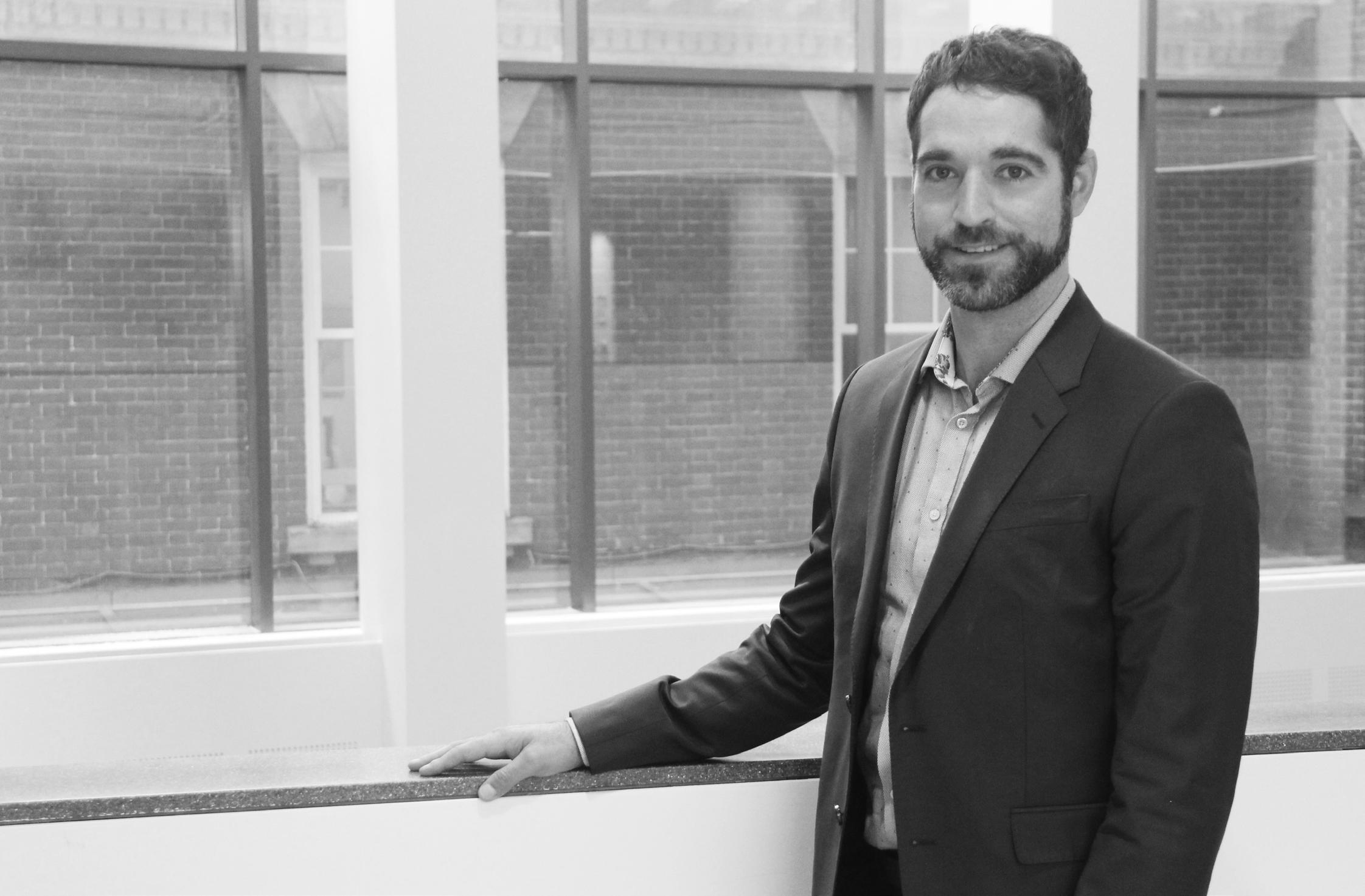
Earlier this month, Ultra Vires had the opportunity to sit down with Josh Morrison, the Director of the Future of Law Lab, to learn about the Lab’s latest programming updates and changes introduced this year.
The Future of Law Lab is an incubator dedicated to exploring the intersection of law and technology. It serves as a space for exploring how advancements in technology can reshape legal education and practice. Through forward-thinking workshops and programs, the Future of Law Lab equips students with the skills needed to navigate and lead in an increasingly digital world.
Ultra Vires (UV): How has the Future of Law Lab evolved this year compared to previous years?
What new elements are you most excited about?
Josh Morrison (JM): Historically, the Future of Law Lab has been structured around four core
pillars: speaker series seminars, experiential learning opportunities, research projects, and summer employment programs.
This year, we’ve shifted our focus toward enhancing the experiential learning component. We’ve integrated the speaker series into our workshop series to create a more cohesive experience.
For the 1L Public Interest Recruit, we are offering four opportunities this year: two workshops and two research projects.
We really want to give students the opportunity to create, build, and experiment rather than sit and listen. There are many opportunities to sit and listen in law school. I want to give students the opportunity to collaborate and do.
By making our workshops part of the 1L Public Interest Recruit, we’ve built a coordinated series where each session within the series builds on the
knowledge gained from the previous session. That has come with focusing less on the speaker series and panels and instead, having guests work directly with students, as opposed to just speaking on a panel. The goal is to foster a more intimate environment that enhances networking opportunities and allows students to both learn from and connect meaningfully with lawyers.
UV: Could you tell us about some of the workshops currently offered and how they’re structured to benefit students?
JM: One of our workshops focuses on the transformative impact of artificial intelligence [AI] on the legal field. The other workshop takes participants through the full lifecycle of a startup, from the idea creation stage to navigating an initial public offering.
The AI workshop is a topic that most students
are really excited about! I wanted to find a way to place these workshops in the context of the learning that students do in their doctrinal courses, while also providing opportunities to engage with ideas that 1L students don’t generally get to do in classes.
We identified AI use cases in areas like competition law, climate law, and intellectual property law, all of which build on foundational teachings from doctrinal courses. Instead of focusing on how legal decisions are made, these workshops dive into how policy is shaped and explore specific AI tools and their applications. Students not only engage with material that goes beyond the traditional curriculum, but also with cutting-edge issues that are being decided in real time. Our aim is to immerse students in these ongoing discussions and provide them with the opportunity to learn directly from experts who are actively navigating these challenges.
The startup workshop is designed to provide students with firsthand insights into how startups navigate legal challenges. In this series, every student steps into the role of a senior partner at a corporate law firm. The goal is to give students exposure to tasks typically reserved for senior lawyers, such as incorporating companies, developing intellectual property strategies, negotiating asset purchases, and conducting capital raises.
By creating these series, my hope is that we can incrementally build the knowledge for each student participating. You can either learn these skills on the job, in a high-stress setting, or you can get early exposure to them now in a low-stakes setting!
UV: What key insights do you want students to gain about the Future of Law Lab?
JM: First, that you don’t have to be an expert in technology, AI, or business law (or really anything) to participate. The “Future of Law” is a broad mandate. Regardless of what you’re excited about, there is a place for you in the Future of Law Lab. I would love for it to be as inclusive as possible and for everyone to feel welcome.
Second, students should become comfortable with discomfort and uncertainty. Many topics we focus on are new, not well-established, and we don’t always have the right answers. It’s about iterative experimentation—embodying the "Lab" mindset. We aim to create an environment where students can explore, experiment, and pilot new ideas. There are not a lot of opportunities to do that while you’re working, so why not start now?
Editor’s Note: This interview has been edited for brevity and clarity.
The International Human Rights Program at the University of Toronto Faculty of Law An independent student-led publication
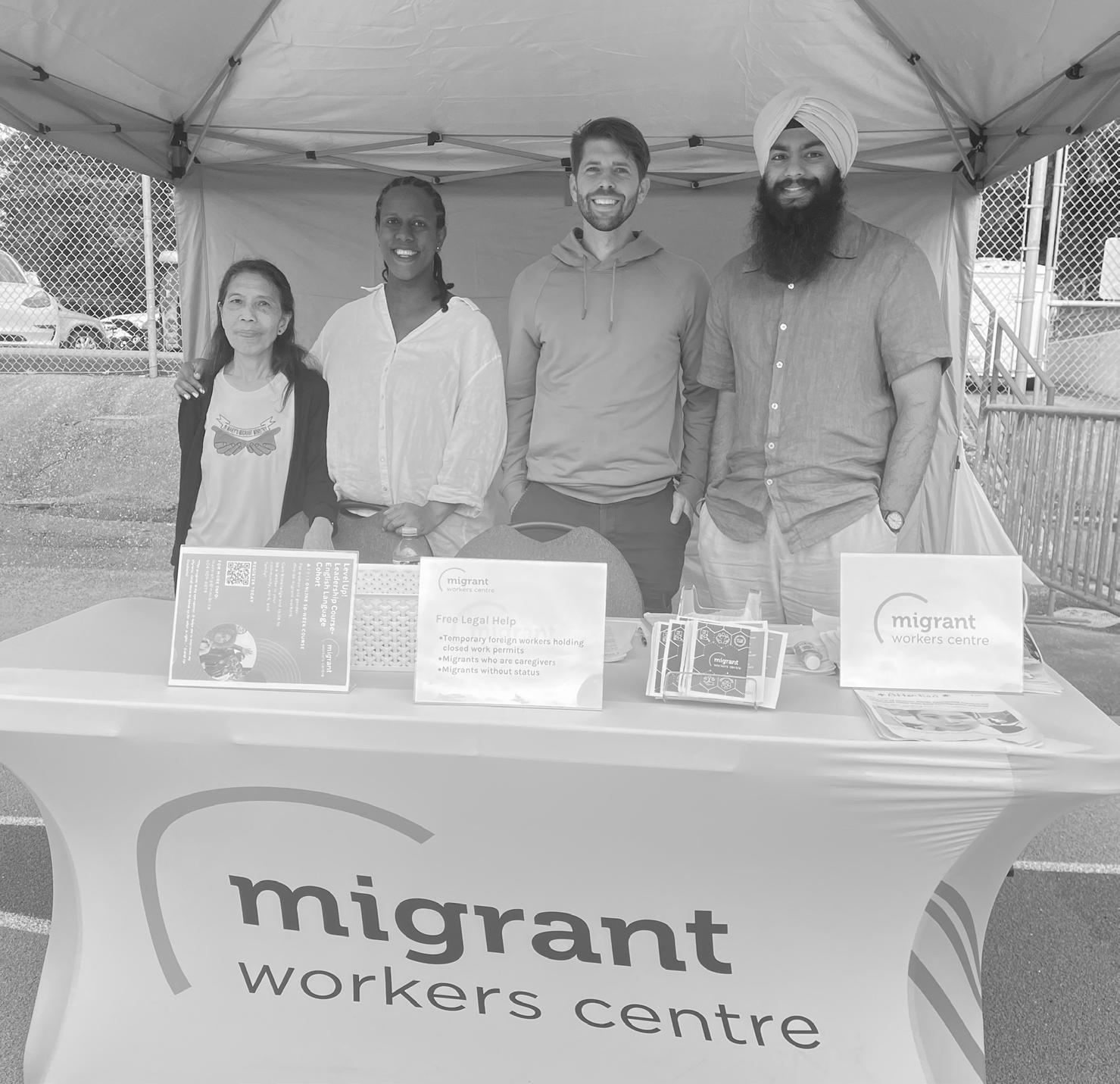
This summer, I completed a fellowship with the Migrant Workers Centre of British Columbia (“MWC”) with the support of the IHRP. I worked alongside and learned directly from workers, advocates, organizers, and lawyers who opened my eyes to the challenges of seeking justice for migrant workers. I came away from this fellowship in awe of the resilience and love that migrant workers and those supporting them embody every day.
Two months into my work with MWC, I was offered the opportunity to join labour organizers on a trip to BC’s interior to meet migrant farm workers. At these farms, I learned valuable lessons about the law, most notably that the law is too important to be left solely to lawyers. Reflecting on this experience, I can’t separate what I learned about the law from the stories of the people I've met, from the land, or from the emotions and magic I experienced, nor would I want to.
Our trip aimed to give workers a much-needed day of respite, a rare luxury away from unrelenting farm labour these workers engage in seven days a week for over 12 hours a day. Agricultural workers in most of Canada are not entitled to overtime pay, regular days of rest, or holidays like other workers. It’s called “agricultural exceptionalism”. The fields where our food is grown seem out of the reach of workplace rights, human dignity, and Canada’s utopian vision of equality. Legislators seized by “economic” priorities ensure these workers remain unfree by expressly excluding them from employment standards protections and failing to enforce the measly protections that do exist.
Our goal was to build trust with these workers by sharing a good meal, enjoying live music, participating in a raffle, and connecting them with resources. In my role, I provided legal information and answered questions about workplace laws, immigration status, and entitlements like Employment Insurance and workers' compensation. In truth, I had much more to learn from these workers about the law than I could offer in return. They live the consequences of the law every day, and they intimately understand its

implications.
Ingrid Mendez, Executive Director of the MWC, opened the event with an impassioned invocation“Indigenous peoples have been the caretakers of this land since time before memory. This land has also long-known violence. Colonization and the dispossession of land, the residential school system, the sixties scoop, and the many attempts to kill Indigenous languages and to disconnect the people from the land.”
Ingrid is a hero to many. She has long been on the front lines, tirelessly securing the well-being and dignity of migrants. Ingrid addresses the Latin American workers in Spanish, urging solidarity with Indigenous Peoples as good guests on unceded land. “The harms of colonization are both ancient and constant; our existence as migrants is predicated on those harms. As guests, we have a responsibility to know this history and recognize the hurt that colonization causes. Our struggles are linked, we must keep fighting.”
I scanned the faces of the workers as she spoke, wondering what they must be thinking. They spend six to eight months in BC, leaving their families behind, often fleeing colonial and imperial violence themselves. Under Canadian law, they have no sustaining status. The policies treat them as temporary, disposable, and “low-wage” labour that only exists to work. They’re good enough to work, but not good enough to stay. Much of this is in flagrant disregard for fundamental International Human Rights and Labour law.
All day, I wished I knew Spanish, so I wouldn’t have to rely solely on smiles, nods, puzzled looks, and occasional translations from other attendees to communicate. The language barrier was a humbling reminder that I, a summer student from Toronto, am a guest in this community. I felt encouraged to listen more than speak, to observe with intention.
The event took place on the grounds of the Boundary Museum and Archives. Before workers arrived, I ventured inside to explore the seemingly endless chain

of small rooms housing archival photos, artifacts, and relics. The woman running the Museum approaches me unexpectedly. “The first migrant agricultural workers that came to this area were Sikhs from Punjab yunno!” She must have spotted my turban and my beard. In moments like this, it’s refreshing to be recognized.
Her enthusiasm drew me in as she shared photographs and handwritten letters. “1907 is the first recorded history,” she said. “The Mehmal family settled here and eventually operated a farm. Their son quickly became famous around here, he spoke good English so he naturally became the broker between the Punjabi workers and their employers. He was also extremely handsome,” she’s quick to add, ”like a movie star”. I also speak both English and Punjabi, but those languages felt useless to me at our event, even though they would have been extremely valuable in this very place for the early migrant workers. Over 100 years later, the language flowing through these fields is Spanish rather than Punjabi, but the struggle is eerily similar. Back-breaking agricultural work done by racialized workers who are systematically stripped of their rights. The policy framework keeps them unfree, precarious, and vulnerable to abuse. While the overt language of Canada’s policies have changed, the racist, classist, and imperialist logics underlying them still remain.
The distance of time seemed to collapse at that moment, the two worlds of the 1910s and 2024 flowed together, forming an arc of Canadian labour and migration law history. I began reflecting on what it must have been like to be a broker, with so many vulnerable workers relying on you for representation and basic rights enforcement within a flawed system. I thought about how the organizers I'm here with at the event embody the spirit and strength Mehmal must have had.
As the event began, a worker approached my legal info booth. He’s been coming to Canada for nine years under the Seasonal Agricultural Worker Program (“SAWP”). His seemingly innocuous question, on reflection, exposes the magnitude of Canada’s migrant worker exploitation. “Why can’t I access EI while my friends who are Permanent Residents get it when they’re out of work or injured?”. He’s frustrated because like all SAWP workers, he’s required to pay into a system he can never access. During periods of unemployment between seasonal contracts, SAWP workers aren’t considered Canadian residents and are sent home without pay. Although injuries among SAWP workers are common, rather than receiving healthcare or compensation, employers often simply send them back without an official hearing; this is Canada’s private system of deportation. Since the program’s inception, Canada has amassed hundreds of millions in EI deductions from SAWP works – could there be a more bitter harvest? We exchange disappointed looks, taking in how violently extractive the system is. The only glimmer of hope I can offer is news of lawyers pursuing a class action to hold Canada accountable.
On the long ride back to Vancouver in Juan’s passenger seat, I reflect on my many conversations with workers. Juan, an organizer from a Vancouver nonprofit, is a first point of contact for injured farm workers. We talked about how difficult this work can be and the personal toll of vicarious trauma. I share the story of a worker I represented earlier that summer whose employer’s abuse led to severe mental health issues, self-harming behaviours, and violence toward me. “We have to take care of ourselves and each other,” he tells me, “doing this alone is unsustainable.”
Juan regularly writes Open Work Permit applications, documenting workers' exploitation and abuse to help them escape the confinement of their closed work permit. Closed work permits tie a worker’s right to live and work in Canada to a specific employer,
stripping them of their most fundamental right at work, the right to quit. Canada’s closed work permit system has expanded dramatically, becoming the dominant model in low-wage, high-risk sectors. Workers bound by tied work face horrific financial, psychological, physical, and sexual abuses under the constant threat of deportation. Open Work Permits, granted at the government's discretion for cases of abuse that meet their threshold, are flawed but remain one of the few avenues for workers to escape exploitation.
One of the cars in our group broke down near Osoyoos, BC, so we took the opportunity to stretch our legs and wander down to the lake. The blinding sun somehow beats down stronger in this part of the land, as if it were closer to the earth. I think of the workers being paid a piece-rate to pick fruit in these conditions. Pushing their bodies to the limit while being denied basic protections like minimum wages and overtime pay.
Another eminent organizer, Byron Cruz, pulls me aside as we walk. “I’ve been meaning to talk to you” he says, “I’m glad you came on this trip with us.” He tells me about the many well-intentioned but disconnected lawyers he’s met throughout his long career and the various ways legal systems prevent justice and care for workers. “Us lawyer-types have massive egos,” I say, “that’s why we fail.” I half-joked, but hearing myself, I realized how everything I’ve experienced this summer connects to harms caused by the legal profession. I'm humbled by Byron’s honesty, passion, and teachings. He’s worked at the intersections of healthcare, law, and the labour movement serving workers for decades. This conversation felt like an intervention, and I know I will continue to reflect on his words throughout my career. I often feel overwhelmed by the prospect of one day being in the privileged position to practice law. Will I do enough to reduce and prevent harm? Will I lose touch with the reasons I came to law school? How can I reconcile my duties to the clients I represent with the interests of the communities I hope to serve? I feel supported by all the relationships I’ve made this summer and I don’t want to let these folks down.
We finally reach the lake, knocking off our shoes to dip our feet in the cool water. Ingrid leans over to me.
“You know the Elders say that when you see a body of water you should always dip your feet in it, the waves can heal us and carry all our worries away.” I can’t think of a better place for a car to have broken down.
Recent developments offer glimmers of hope: Migrant workers at a notorious BC factory farm unionized for the first time in over 20 years, decades of advocacy reformed Canada’s live-in care worker program to grant permanent status on arrival, and a Quebec class action challenging tied work permits was granted certification in September. While these are hard-fought and discreet wins for subsets of migrant workers, they give me hope for a future where there is dignity in all forms of labour.
The work must be done. Until the ground tills and sews itself, the cattle milk themselves, and the crops pick and box themselves, human beings are integral to our food systems. But in a country where government officials actively downplay the violence of the existing regime and cite high food prices as a reason to deny people basic dignity and fundamental protections at work, we must push back.

The International Human Rights Program at the University of Toronto Faculty of Law
An independent student-led publication
By Emma Tang (3L)
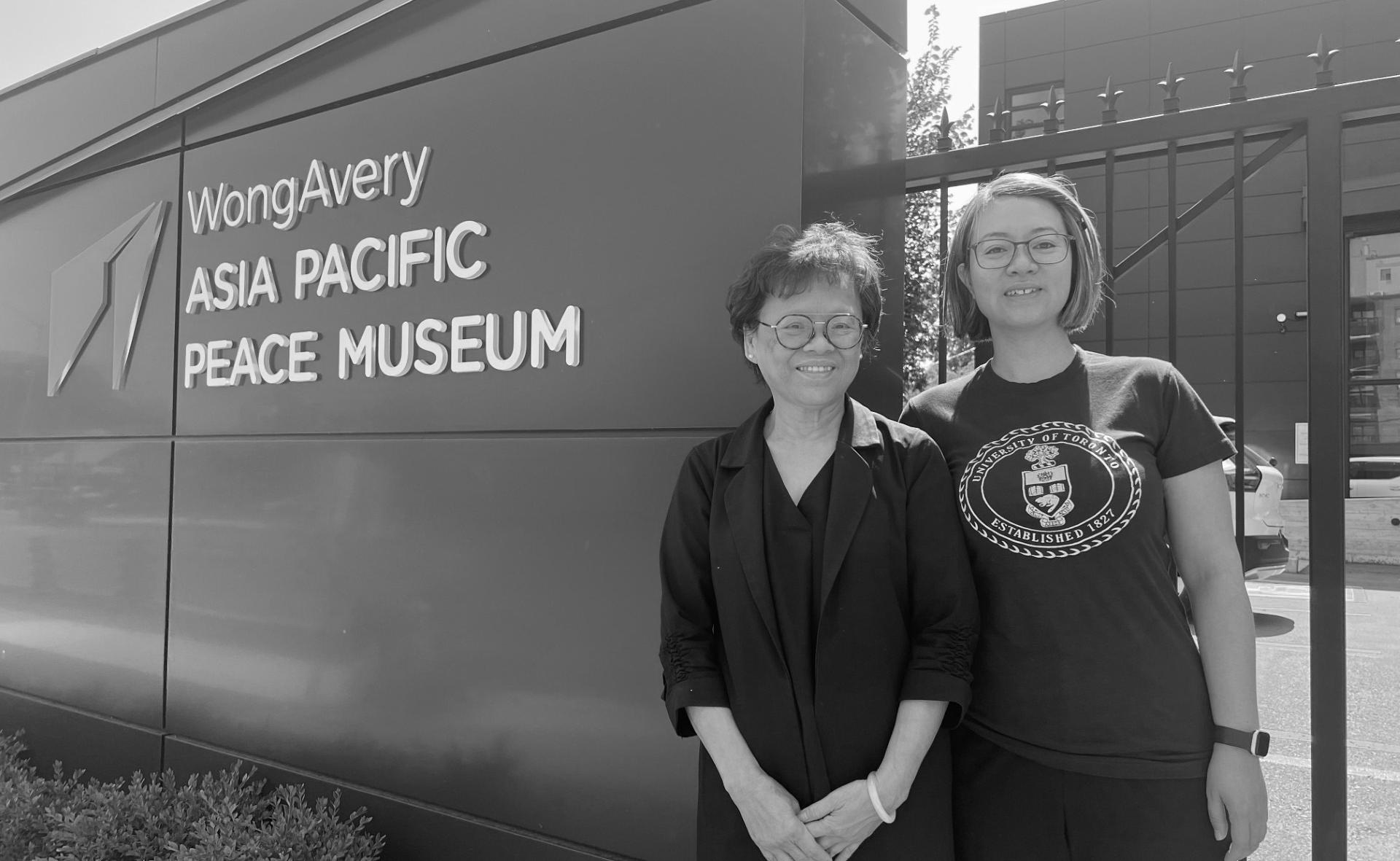
This summer, I worked as an International Human Rights Program (IHRP) fellow at the Association for Learning and Preserving the History of WWII in Asia (ALPHA) Education. Founded in 1997, ALPHA Education has evolved into a global leader advocating for peace, social justice, and humanity. I was drawn to work at ALPHA Education because I always seek ways to connect with and support my community as an individual of Asian descent.
The summer program promotes the exploration of sustainable peacebuilding through critical inquiry into the history and legacies of World War II in Asia. It consists of learning, discussion, and research activities. We had students from Hong Kong, Taiwan, and Toronto. Participants have di-
verse academic backgrounds, including history, political science, international relations, and law, and represent several universities, notably from the University of Hong Kong and the University of Toronto. The summer program topics included Critical Perspectives on World War II in Asia, Roots of Racism, Colonialism and Imperialism, Human Experimentation and Biological & Chemical Warfare, Japanese Military Sexual Slavery, Forced Labour, and Justice and Peace.
Volunteer at the Gala
June 9th marked the Opening Gala for the WongAvery Asia Pacific Peace Museum. Over 800 guests attended, with the presence of leaders from the City, the education boards, and the
community. The gala was emotional, educational, and meaningful. It featured a mix of performances from the community, including Chinese and Korean artists. The event also highlighted the museum initiative’s story, the project process, and brought attention to the relatively unknown atrocities of WWII in Asia. I worked as a volunteer, which further enhanced my passion for peace and advocacy.
Study Group and Research
As a group, I worked with students from the University of Toronto and the University of Hong Kong. Together, we completed assignments researching Unit 731 Testimonies, sources on Japanese Military Sexual Slavery, and the Ballad of Hanaoka. This collaboration enhanced our understanding of these significant historical events and strengthened our analytical and teamwork skills. I also co-led two discussions on the topics of Forced Labour, and Justice and Peace. By engaging participants in critical analysis, we aimed to deepen understanding and inspire action towards creating more equitable and peaceful societies.
My research project was dedicated to advancing peace education and exploring its implications for modern times. Gen-Ling Chang, the Deputy Executive Director of ALPHA, was assigned as my research supervisor. At our meetings, not only did I meet with her in her office, but she also provided personal tours of the museum for me to learn and to gather resources. She highlighted resources that could be useful for my research, such as pre-war resource materials that promoted Japanese militarism and racism, which were reflected in their military strategies. Later, I narrowed down my research topic to Japan’s Militarism and War Preparations in pre-World War II Asia.
OLIVIA SCHENK (3L)
A couple of weeks ago, I was exiting the law school with two of my friends through Jackman’s east entrance when my one friend pointed in horror to a deceased sparrow lying on the steps. “What is happening?!”, she exclaimed, “I swear I see different dead birds at this exit nearly every week!” I paused, dusted off my animal biology degree, and looked up. The reason for all the bird casualties was clear. The birds had been crashing into the glass wall adjacent to the walkway. If the poor birds survived the initial impact, then they would be faced with an up-to three-story fall onto the concrete below, followed by the risk of being trampled by foot traffic. The birds simply didn't stand a chance. Window collisions are one of the top sources of human-caused bird mortality. In Canada, window collisions kill 16 to 42 million migratory birds a year. The death of a bird is particularly sad when you consider that most birds raise their young and many mate for life. When a bird dies, it can mean their mate and/or babies are abandoned.
Birds are very intelligent animals. The group of birds known as corvids—including crows, ravens, and blue jays—are one of the smartest. Corvids have been shown to memorize human faces for years, create and use tools, and interact with sophisticated communication systems. The intelligence of crows has been compared to that of seven-year-old human children. If birds are so smart, why do they die in window collisions? Birds lack the instinct to navigate a world of windows. Birds are ancient, but glass is not. The ancestors of modern birds lived approximately 130 million years ago. Glass windows have only been around for about two thousand years. While some birds who live around

buildings year-round can learn the dangers of glass, migratory birds that only live in cities seasonally or birds who are young are at the greatest risk. It is especially challenging to learn the dangers of glass from trial and error when your first mistake with a window will likely be your last.
It is important to prevent bird deaths because birds are an essential part of the ecosystem. Birds assist in pollination, pest control, and seed dispersal. A local bird pollinator is the rubythroated hummingbird. These beautiful little birds winter in Mexico and Central America and spend the warmer months in the eastern United States and southern Canada. Many birds also eat insect pests like mosquitoes and biting flies. A single barn swallow can consume 60 insects per hour. That’s 25,000 insects per month! In addition, many seeds are designed to be spread by birds through their droppings. A study from the Center for Ecological Research in Hungary examined 507 droppings from waterfowl, including mallards and Canadian Geese, and recovered over 900 intact seeds. These seeds were later germinated in the lab setting to prove their continued viability after passing the bird’s guts.
Windows can be easily modified to be birdsafe. The trick is breaking up the solid sheet of glass into smaller sections a bird won't attempt to pass through. This can be done in many ways. New windows can have acid-etched designs, currently available in a variety of attractive patterns. Existing windows can have film applied containing a uniform series of small dots or a “one-way” film making the external view of the window opaque.

Lawmakers have finally begun to address
the problem of bird-window collisions. Bill 145, the “Bird-Safe Windows Act”, passed its First Reading and is currently awaiting a Second Reading. If adopted, the Act would modernize the Ontario Building Code to protect wildlife and the natural environment by mandating simple, affordable changes to materials used in building construction. Furthermore, since 2010, new buildings in Toronto have been required to include design features that reduce bird collision deaths.
Specific initiatives to reduce bird-window collisions on university campuses have also emerged. For example, in 2019, after three years of lobbying efforts by ornithologist Professor Bridget Stutchbury and her students, York University spent $90,000 to buy and install birdfriendly patterns on several windows with the highest bird collision rates.
Fatal Light Awareness Program (FLAP) Canada is a registered Canadian charity focused on the issue of bird-building collisions. FLAP developed Bird-Safe Campus to assist students and faculty of universities in pursuit of a collision-free campus.
At St.George campus, FLAP group Birdsafe U of T formed in 2022. Birdsafe U of T is actively focused on data collection, advocacy, and outreach. In 2023, Birdsafe UofT collaborated with Victoria College to paint beautiful bird friendly sketches of trees on the glass of the E.J. Pratt Library windows. If you’d like to get involved, check out Birdsafe UofT’s facebook page located at https://www.facebook.com/ BirdSafeUofT. The group can also be contacted over email at birdsafeuoft@gmail.com.
I explored the factors that shaped and contributed to Japan’s militarism and war preparations. This examination included an analysis of primary and secondary sources to understand the motivations behind the war of aggression. Factors leading to Japan’s initiation of war included economic conditions, fear of being colonized, the aspiration to emulate and surpass Western colonial powers, and the ideologies inherent in Japan’s militarism. As Japan undertook extensive preparations for war in the prelude, I also examined the strategies employed by Japan to foster acceptance of war among its population, utilizing various mediums to build support for the war effort. Understanding these historical contexts helps us identify the dangerous potential of similar ideologies in contemporary global politics. I analyzed the connections between militarism and racism, and explored the lessons we can learn to foster peacebuilding in our modern world. This experience also enhanced my understanding of the mechanisms that can promote transparency, accountability, and sustained peace in political contexts.
Conclusion
Through search work and discussions on historical events, reconciliation, and peacebuilding strategies, it deepened my understanding of how historical insights can inform contemporary peace efforts. Working with ALPHA Education allowed me to connect the lessons of World War II in Asia to modern-day challenges in peacebuilding and advocacy. By deepening my knowledge of the intersections between history, justice, and peace, I feel more equipped to contribute meaningfully to global human rights initiatives and to advocate for a more just and equitable world.
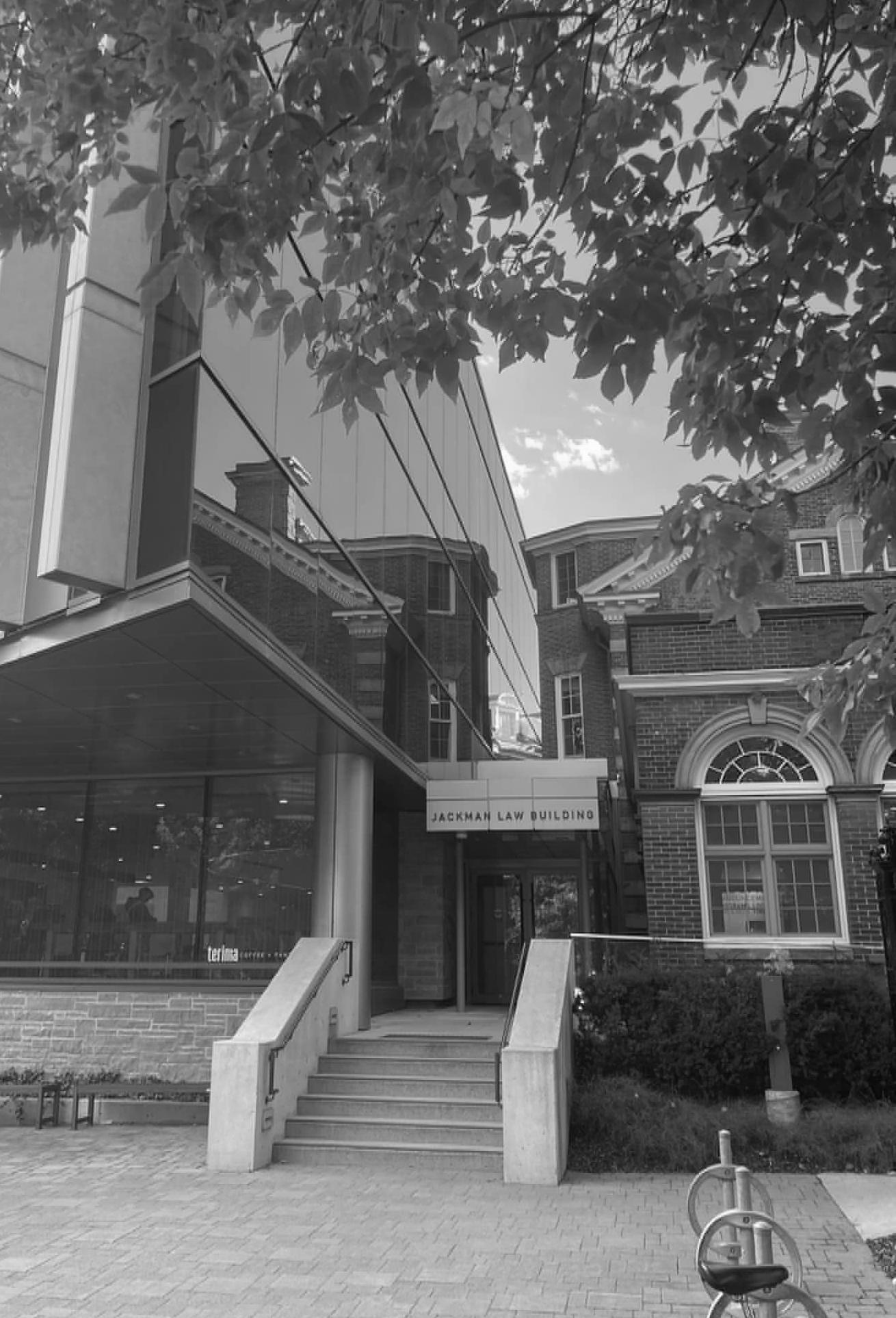

MANREET BRAR (3L) & ABBY SASITHARAN (3L)
In this Recruit Special, you’ll find the 2025 2L summer recruit numbers for Toronto, Calgary, and Vancouver, as well as numbers for the 2025 1L/2L summer Ottawa intellectual property recruit. Like last year’s special, this edition also includes more detailed information from 2L U of T students who participated in the Toronto recruit, including demographic details and their own comments on the process.
Year after year, UV publishes this data to bring transparency to a process that otherwise seems elusive, and even random. We take pride in the fact that UV has provided reliable information—information that is a source of reassurance and guidance—to prospective and current students across the country.
However, we recognize that these numbers can also be a source of immense stress for students. The annual recruit special reinforces the idea that the recruit is an all-important event for law students. That is not our intention whatsoever.
In order to bridge the gap in data regarding positions outside of the formal recruit processes, UV intends to expand its data collection to statistics from U of T’s Law School's Summer Employment Program. And the recruit process, unlike what it may feel like, is not the be-all, end-all. There are incredible opportu-
nities outside of the recruit process, through which students in the years before yourselves have found positions that align with their passions and interests. These positions are wide-ranging, including academia, in-house, government, boutique firms, public interest organizations, legal clinics, and many more. We encourage you to speak to the Career Development Office for support in finding the right fit for you.
In both this issue and the October issue, we have featured students’ perspectives on the recruit process, serious and satire. We recommend reading about Carson Cook (3L) and Alicia Corbiere’s (2L) summer internships at Rama First Nation. For another perspective on the recruit process as a whole, we recommend Jonathan Ku’s (2L) article on “Rethinking the 2L Recruit”.
But most of all, we encourage everyone who participated in the recruit process(es) to prioritize yourself. The recruit is a difficult process with unique pressures and expectations. You are expected to juggle academics and extracurriculars on top of a mentally and socially draining process. In the midst of this chaos, it can be easy to lose sight of your well-being. Many students experience burnout and other mental health challenges.
Should you need mental health support, access resources available to you at both the law school and the University. We have included a list of resources below. Manager of Mental Health and Wellness Chantelle Brown-Kent is available to meet with students. In addition, you are welcome to book an appointment with Elizabeth Montgomery, the On-location Counsellor, by calling Health and Wellness at 416.978.8030 and selecting option ‘5’.
Last, but certainly not least, we extend our sincere gratitude and congratulations to our Volume 26 team for all of their work making this issue a reality. In particular, thank you to our Recruit Editor, Rosemary Fang (2L), and our Recruit Reporters, Alice Min (3L), Celine Tsang (2L), and Jane Byun (2L), for their tireless work over the past many months. We would also like to thank our Staff Photographer, Kabir Singh Dhillon (2L), for his incredible work on the cover page. A special thank you to all the employers that responded to our requests and, in doing so, contributed to the accuracy of this special and the transparency of the overall recruit process. We are certain that current and future law students across the country will significantly benefit from this feature.
It bears repeating that the recruit does not indicate
your worth as a law student or as a person. And although it may not feel like this right now, it is a passing moment.
Mental Health Resources:
• Supporting a student in distress: studentlife. utoronto.ca/service/faculty-support-for-responding-to-distressed-students/
• U of T MySSP is available 24 hours a day, 7 days a week via telephone, video, or chat in multiple languages
Students can contact:
• The Health and Wellness Centre (M–F, 9am to 4:30pm): 416-978-8030, or visit the Student Mental Health Portal online
• CAMH 24/7 Psychiatric Emergency Department: 1051 Queen St. W, or call 416-5358501
• Talk Suicide Canada helpline: 1-833-4564566
• See also: ontario.cmha.ca/documents/areyou-in-crisis/ or camh.ca/en/suicide-prevention/get-help
ROSEMARY FANG (2L) & JANE BYUN (2L)
This year, Ultra Vires reached out to 108 employers who participated in the Toronto Summer 2025 2L Recruit. This number is significantly higher than the previous two years, with 66 and 71 employers reported for Summer 2023 and 2024, respectively. However, the increase may be attributed to the fact that this year, UV compiled its employer list from a combination of postings on viLawPortal and other external sources.
U of T Law reclaimed its title as the school with the highest number of students and proportion of its class hired. At least 103 U of T Law students secured a summer position through the official 2L Recruit, making up 48.1% of its class. Osgoode Hall Law School came in second with at least 98 students, or 33.8% of its class, securing employment.
There were some changes in the summer class sizes of large full-service Bay Street firms compared to the previous year. Blake, Cassels & Graydon, Davies Ward Phillips & Vineberg LLP, and Stikeman Elliott LLP each hired an additional three students (40, 20, and 23 in the 2024 recruit, and 43, 23, and 26 in the 2025 recruit, respectively). In addition, Borden Ladner Gervais LLP’s summer class increased by six students (21 in 2024, 27 in 2025). By contrast, Bennett
Jones LLP and Cassels Brock & Blackwell LLP hired four and five fewer students, respectively (Bennett Jones hired 23 in 2024, and 19 in 2025; Cassels hired 23 in 2024, and 18 in 2025).
Amongst the firms that responded to our survey, Blakes hired the highest number of students (43). BLG came in second, hiring 27 students, and Osler, Hoskin & Harcourt LLP, and Stikeman shared third place, hiring 26 students each. Blakes also hired the highest number of U of T Law students, with 13 students (11 JDs and two JD/MBA) securing employment at the firm. This result is comparable to previous years where Blakes also led in both categories.
Carrying on the tradition of previous years, UV asked for the number of applications each employer received, as well as the number of on-campus interviews (OCIs) and in-firm interviews each employer conducted. UV believes that while this data can provide meaningful insights, it can also be misconstrued in ways that heighten anxiety. We have outlined some of the limitations of this data and variables not accounted for in the table to avoid misleading conclusions:
• It is common for employers to offer more OCIs and in-firms relative to
final offers because employers are aware that students interview with many prospective employers.
• Firms also tend to interview more candidates than positions available in anticipation that some students will decline their offers.
• The number of students interviewed varies by law school. The table includes the total number of OCI and in-firm interviews conducted for the entire recruit process. While the total number of OCIs a firm conducts may give the impression of high competition, a student’s chance of converting their application to an OCI is also dependent on the number of students a firm decides to interview at their particular school. For example, OCIs run for two days at U of T Law and Osgoode Hall Law School, as opposed to other schools. The variance in the number of OCIs conducted at each school may impact the chances of students proceeding into the in-firm stage as well.
• Some of the OCI and in-firm numbers in the table are approximations (as indicated by the symbol “~”).
• Just because a firm did not hire any -
one from a given school does not mean that the firm did not extend an offer to students from that school. Students who received offers may have declined that firm’s offer over another offer.
Notes:
• There was a 56.5% response rate from firms at the time of publication.
• The net total number of students hired in this recruit was 401 (the total number of hires minus returning 1L summer students).
• In calculating the percentage of 2Ls hired per school, we used the class sizes indicated on Ontario law school’s websites. We acknowledge there may be variations of this data as some schools only indicated average class sizes rather than year-specific numbers.
Editor’s Note: At the time of publication, some employers who participated in the survey in past years had not yet provided their data, which may skew comparative results. We will update our online spreadsheet at ultravires.ca to reflect any further information provided by employers after the time of publication.
Continued from page 7
For several years running, Ultra Vires has surveyed U of T Law’s class of 2L students after the Toronto recruit to offer a comprehensive look at the cohort’s hopefuls. A total of 64 students responded to UV’s survey this year, answering questions about their general, academic, and financial backgrounds, as well as their habits and mental health. Respondents had the option to abstain from any question. Their responses have been anonymized, analyzed, and reproduced below.
Demographics
Fig. 1: The majority of students fell between the ages of 23 and 24. Notably, the proportion of students aged 22 (14.1%) was significantly higher compared to last year (4.1%). By comparison, the number of students who are 28 or older (6.2%) was lower than last year (13.7%).
Fig. 2 : 70.3% of respondents identified as female, 26.5% as male, and 1.6% as non-binary. The proportion of male respondents was lower than what was reported in the previous year (38%).
Fig. 3 : Exactly three-quarters (75.0%) of survey respondents identified as straight. 18.8% identified as part of the LGBTQ2S+ community, with 9.4% identifying as lesbian or gay, 7.8% as bisexual, and 1.6% as queer.
Fig. 4 : A little less than half of the survey respondents were white (46.5%). The proportion of East Asian students, again making up the majority of racialized students, was higher than last year (31.0% in 2024 vs. 23.4% in 2023). By contrast, the number of South Asian students was lower (7.0% in 2024 vs. 13.4% in 2023). Some respondents identified with more than one race/ethnicity.
Fig. 5 : The vast majority of students reported speaking one to two languages conversationally.
Fig. 6 : This year’s cohort again represented a variety of religions; however, roughly one-third of respondents (33.9%) did identify as atheist/agnostic.
Figs. 7 & 8 : There was a significantly smaller proportion of JD/MBA and JD/ other combined degree program respondents this year (3.1% JD/MBAs in 2024 vs. 8.2% in 2023; 1.6% of JD/other combined programs in 2024 vs. 5.5% in 2023). The majority of students were the first in their family to attend law school.
Fig. 9 : Students in this cohort came from a diverse range of educational backgrounds, varying from the political sciences and business/economics to visual or performing arts. The proportion of STEM students dropped this year from 27.8% reported in 2023 to 15.9%.
Continued on page 10
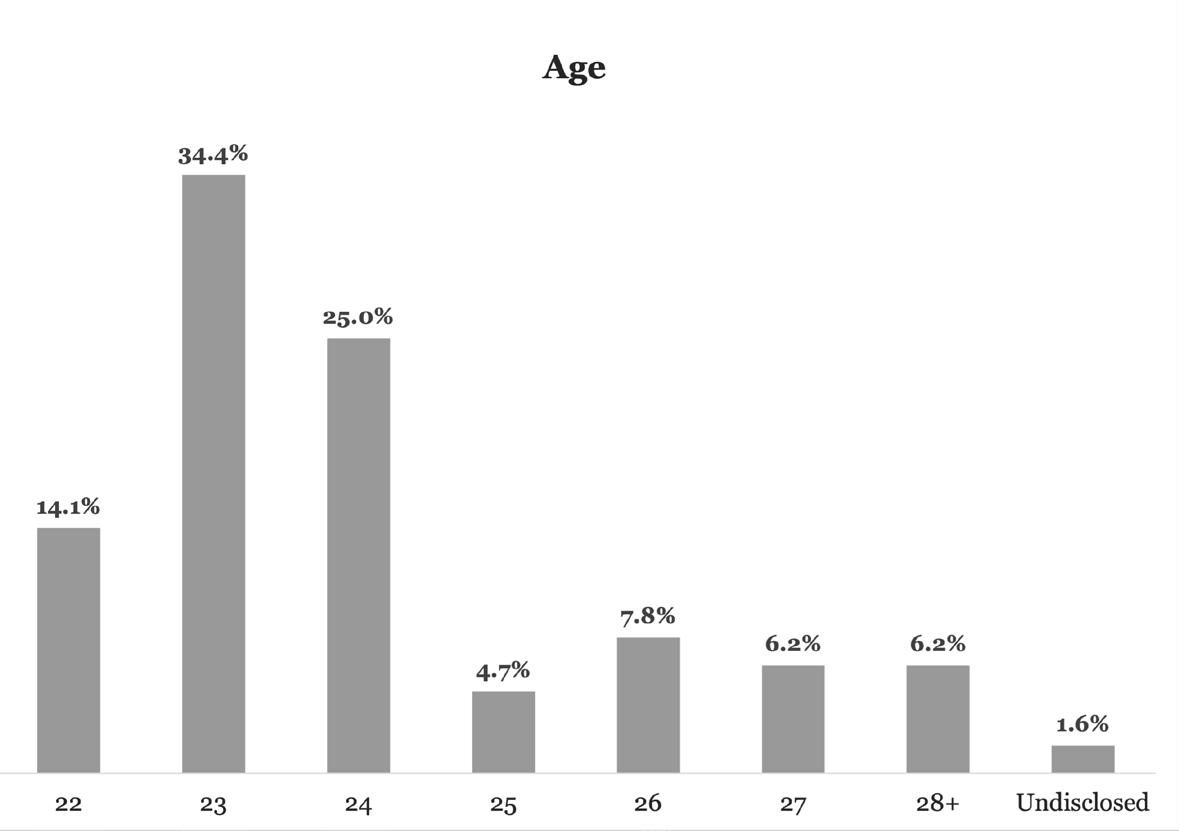
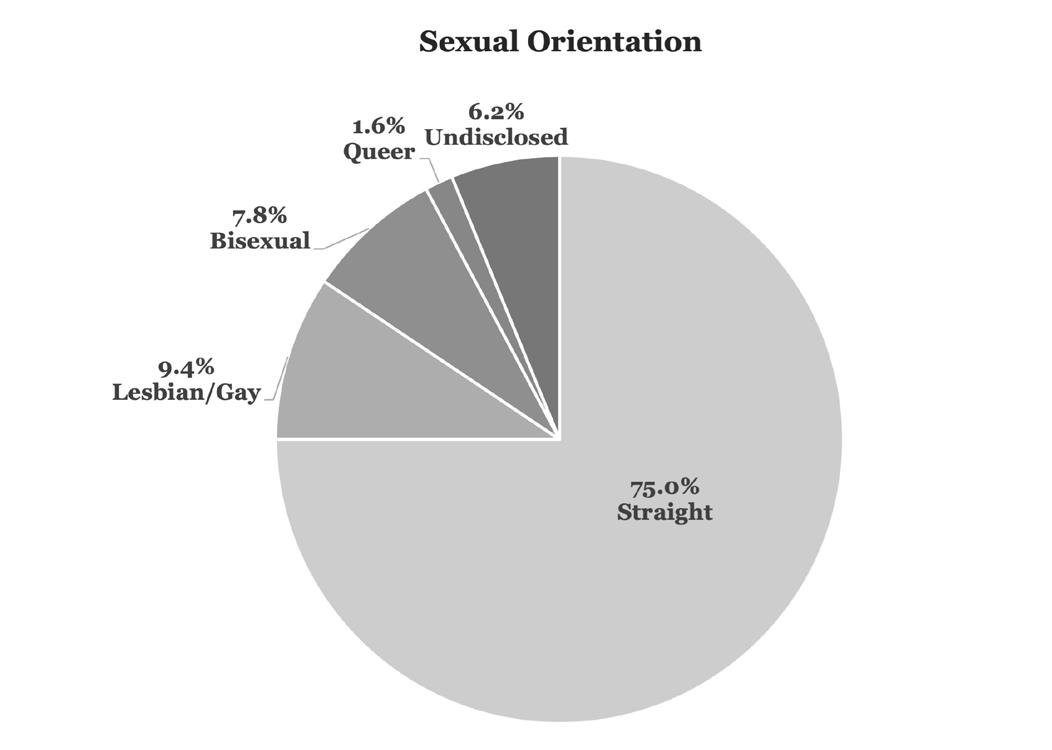
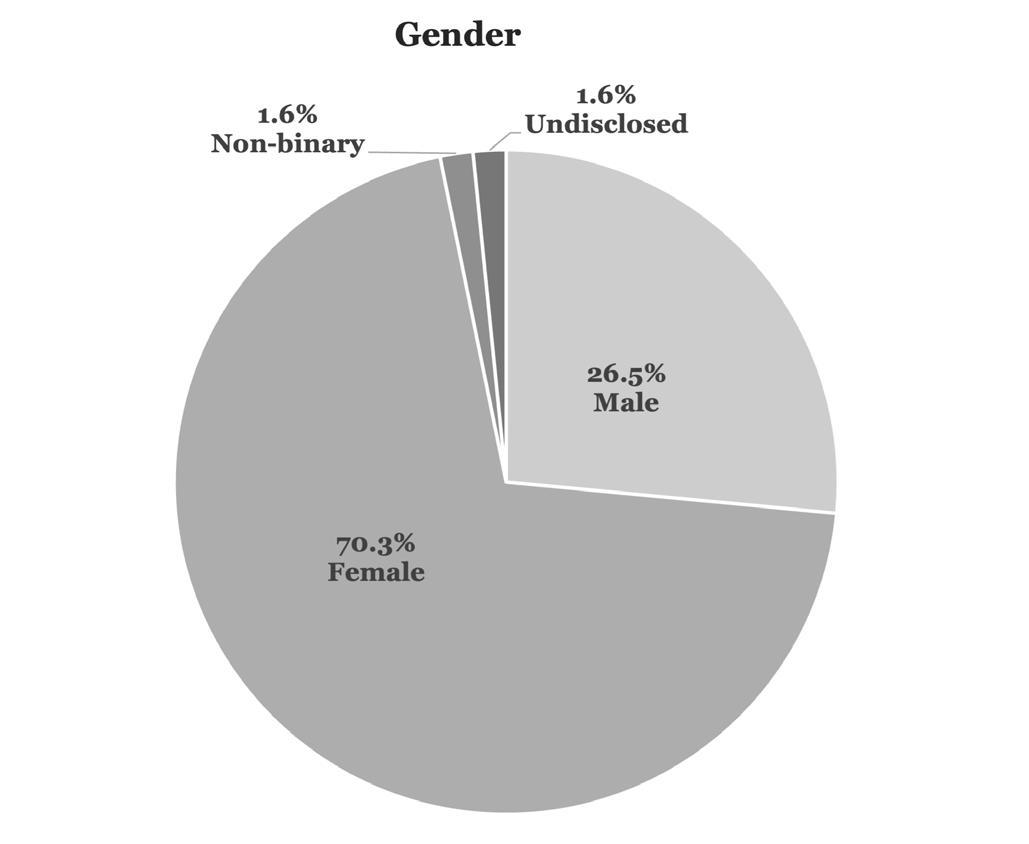
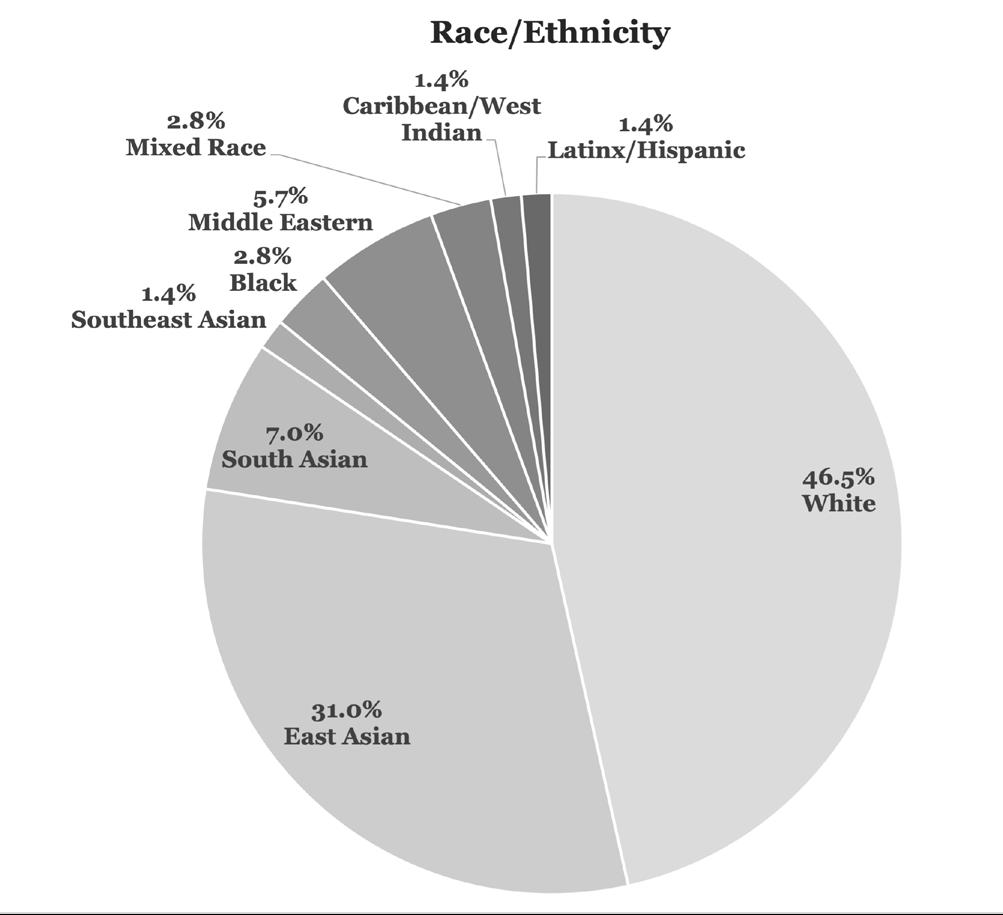
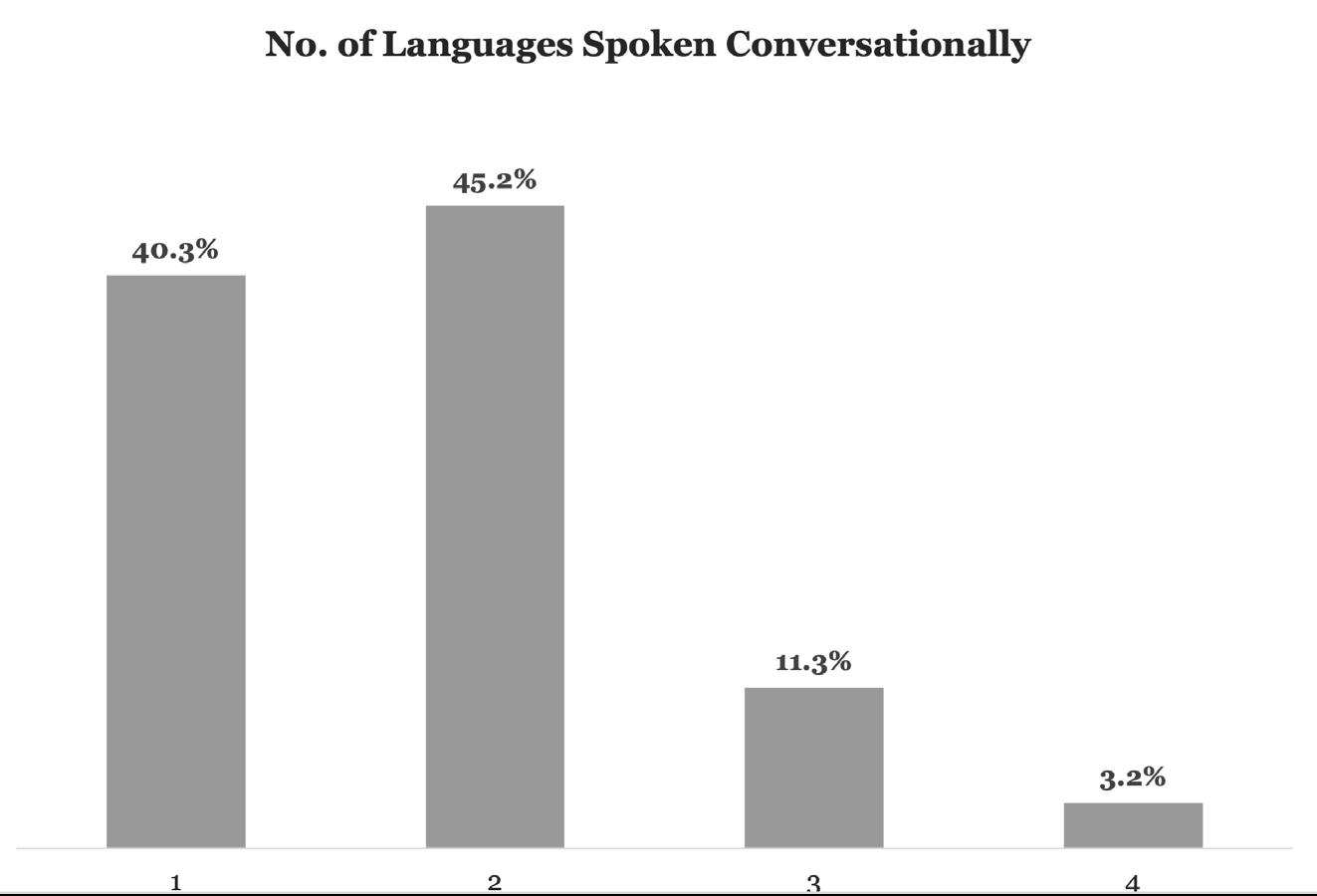
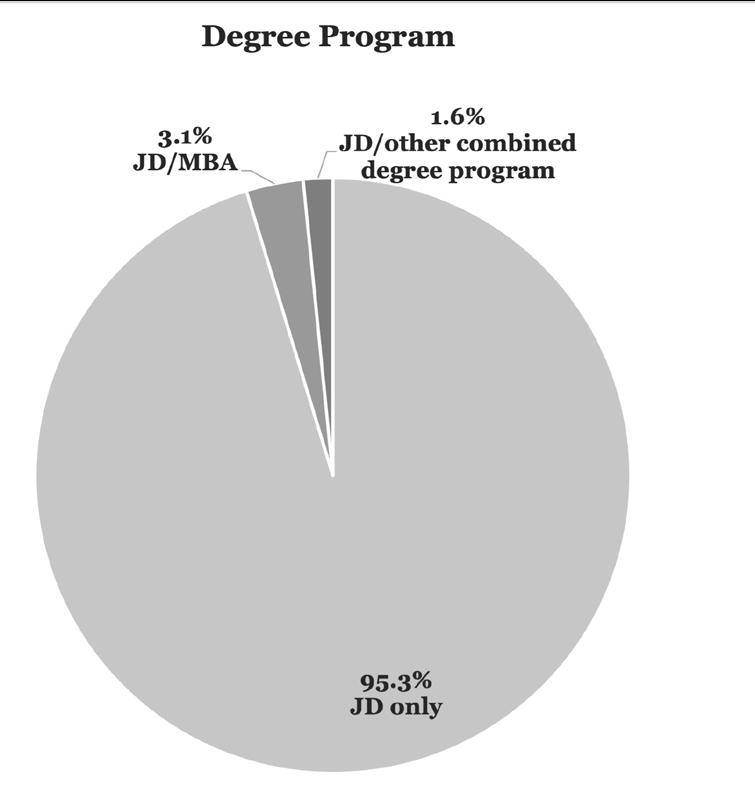
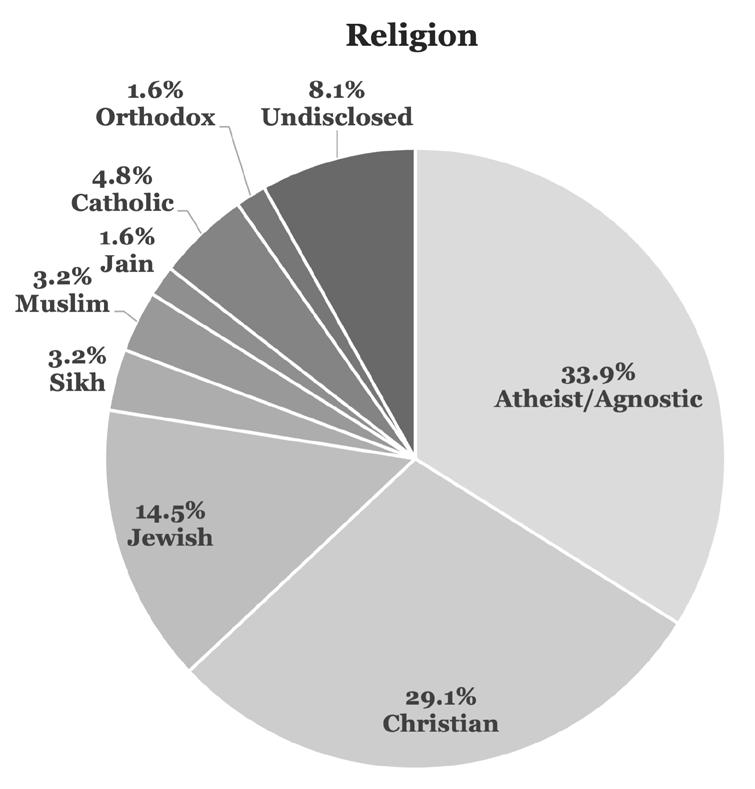
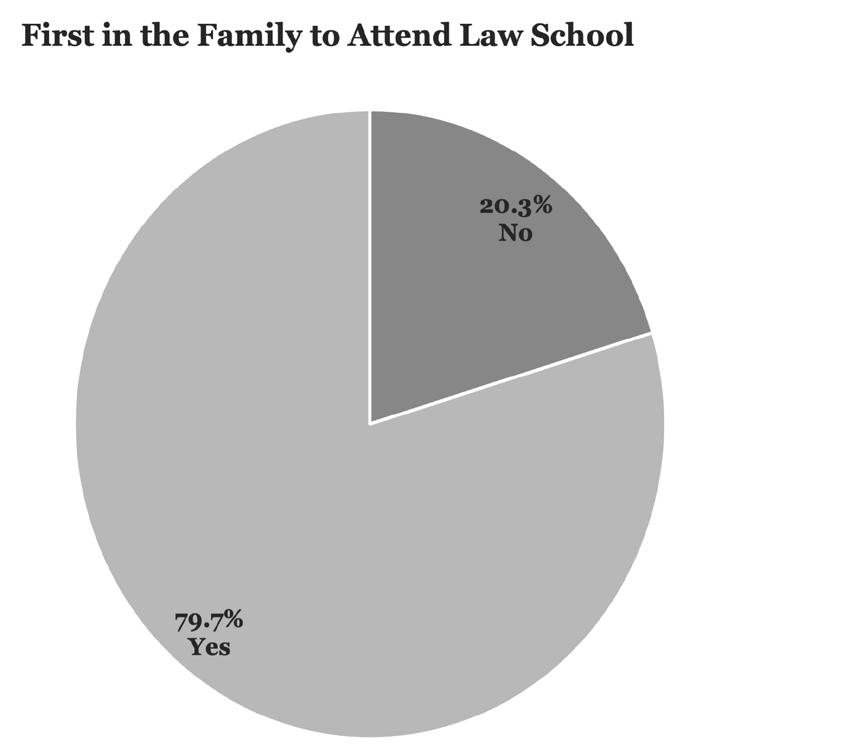
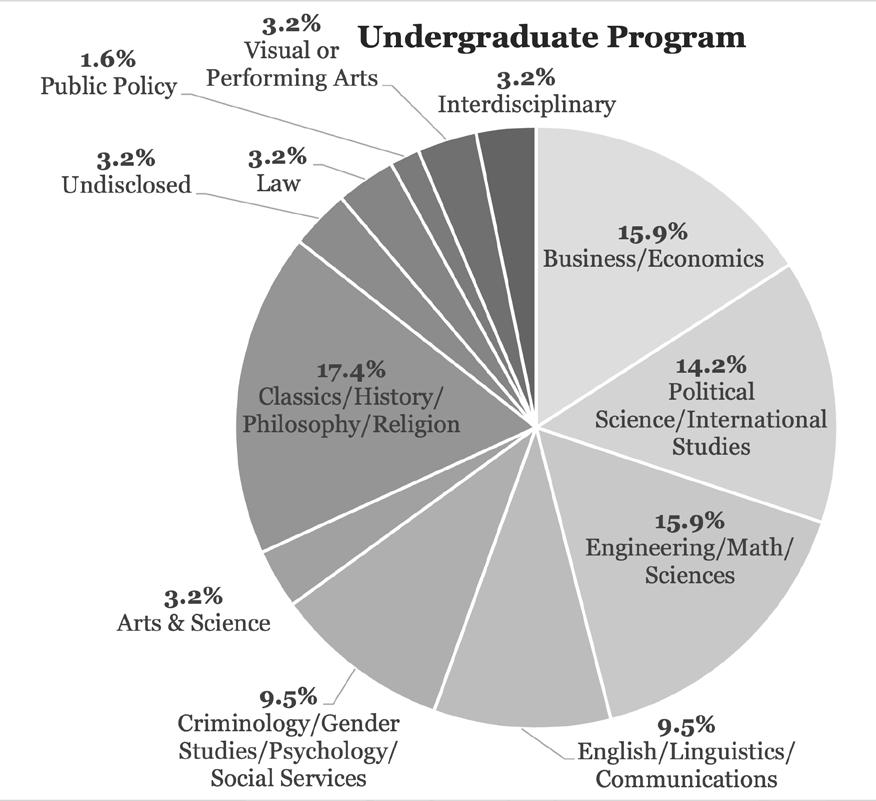
Figs. 10 & 11: Notably, over half of the students (54.0%) who completed UV’s survey reported a GPA between 3.9 and 4.0. This number is higher than last year’s 39.7% in the same category. The LSAT score distribution amongst survey respondents was similar to last year’s results. Overall, U of T Law students remain high-fliers.
Fig. 12: Perhaps consistent with the age demographics reported above, the majority of student respondents came directly to law school without working in between.
Figs. 13 & 14: In terms of estimated debt upon graduation, the highest number of responses fell within the “no debt” (25.8%) and between $25,001-$50,000 (27.4%) categories. As for the reported family pre-tax household income, a fairly large proportion of students abstained from responding. Otherwise, the results are mostly similar to the previous year’s distribution.
Fig. 15: 29.7% of students reported that they live with a mental health condition—a slightly lower number than last year’s 38.9%. Please note that we did not limit the “yes” responses to mental health conditions diagnosed by a medical practitioner.
Fig. 16 : Students were also asked to rank the effects of the recruit on their mental health, with a ranking of “1” meaning that their mental health “improved significantly” and a ranking of “5” meaning that their mental health was “disturbed significantly.” Perhaps unsurprisingly, no students responded “1.” The majority of students (51.7%) ranked the effect of the recruit on their mental health as a “4.”
Political and Social Life
Fig. 17: Similarly to the previous year, the political affiliations of this cohort leaned left. However, 18.6% of students abstained from answering this question and 3.4% responded with “undecided”.
Fig. 18 : Alcohol consumption did not vary significantly from past cohorts; however, a slightly higher proportion of students reported that they never drank four or more drinks at one time (25.0% in 2024 vs. 14.7% in 2023). A single drink was defined in UV’s survey as “12 oz / 341 mL regular strength beer (5% alcohol), 5 oz / 142 mL wine (12% alcohol), or 1.5 oz / 43 mL liquor (40% alcohol).”
Figs. 19 & 20 : Both cannabis and study drug consumption were also comparable to last year. “Study drugs” were described in the survey as “e.g. Adderall, Modafinil, etc., excluding any drug use as prescribed for medical conditions.”
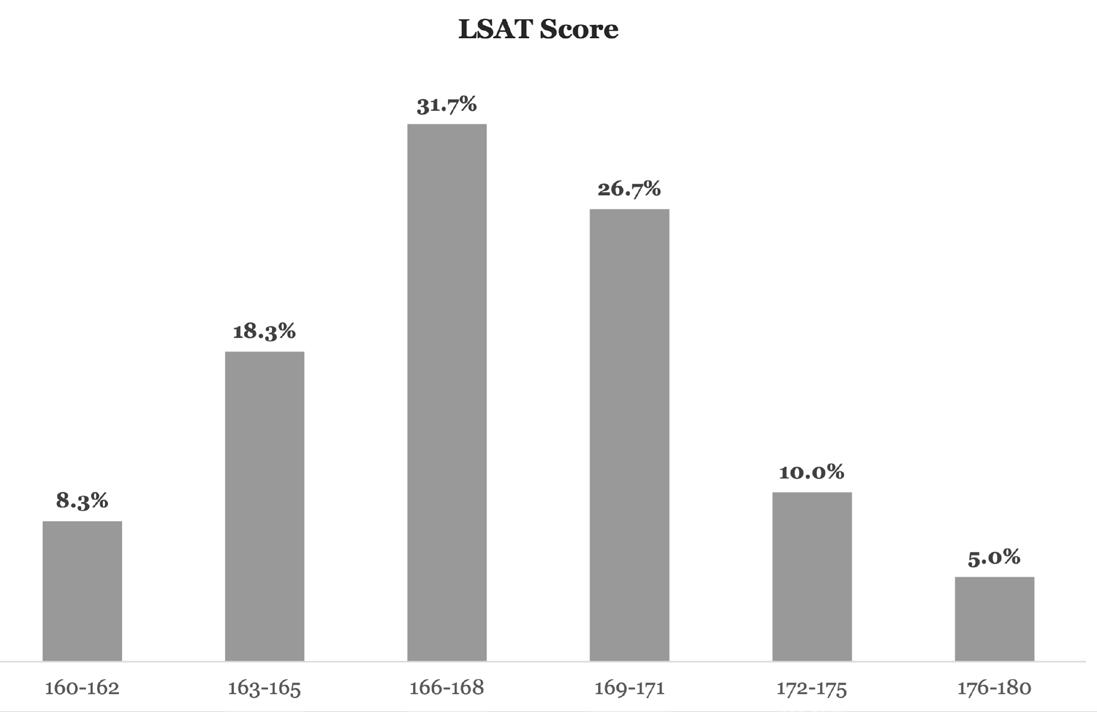
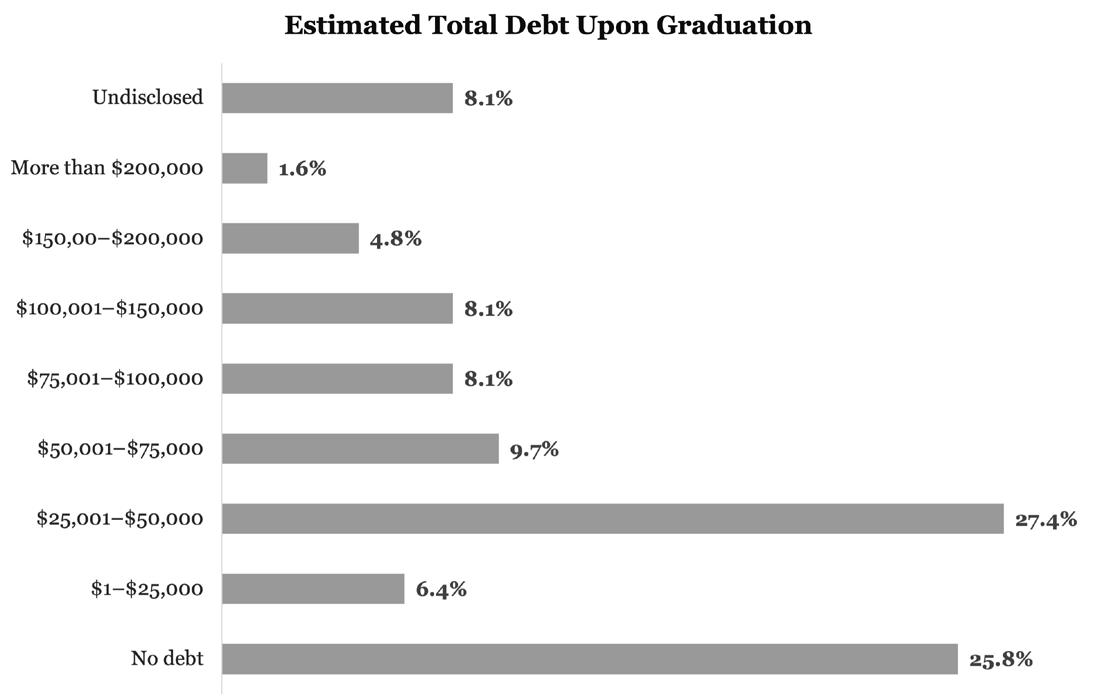
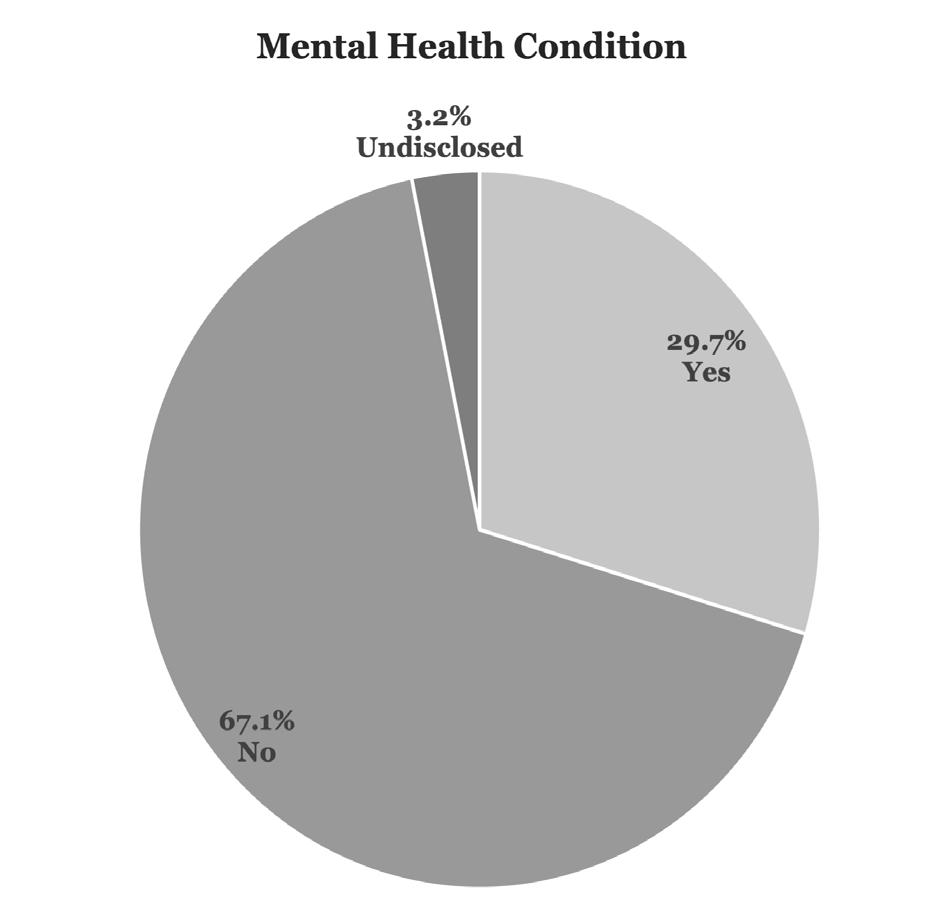

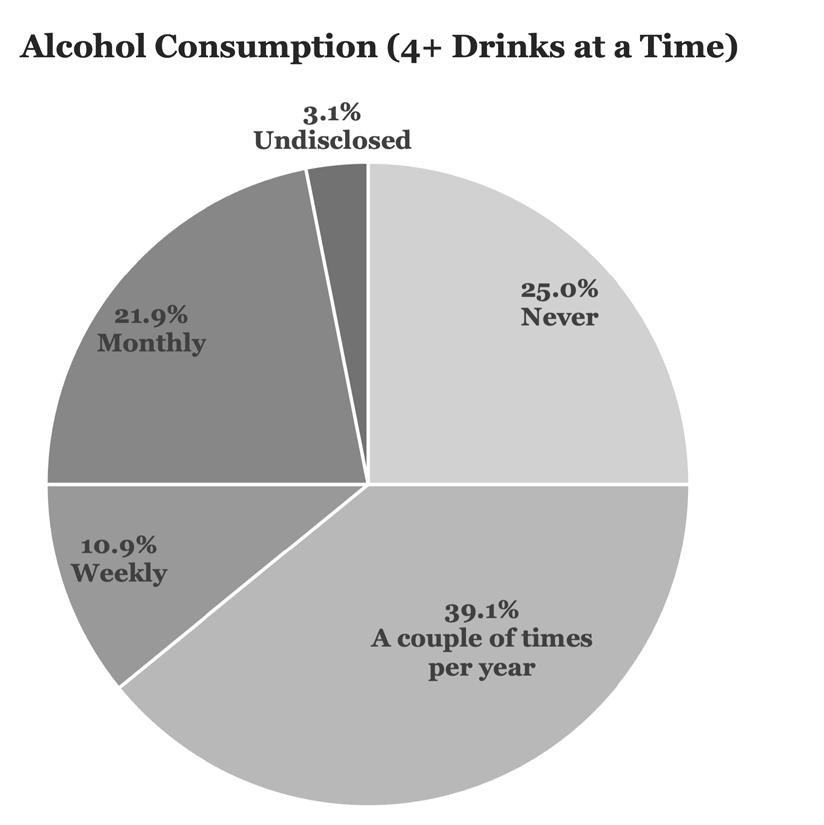
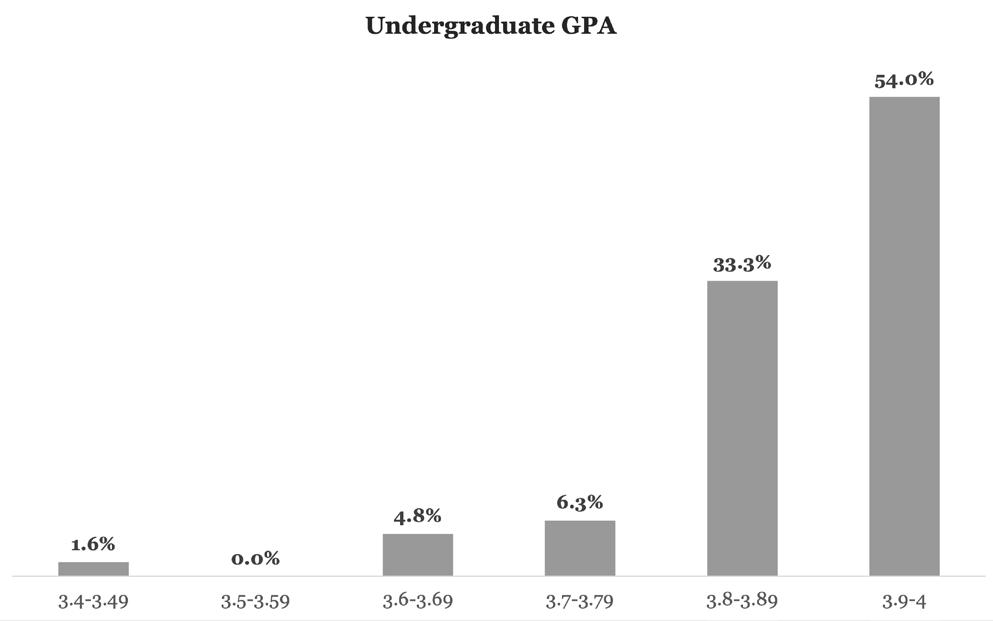


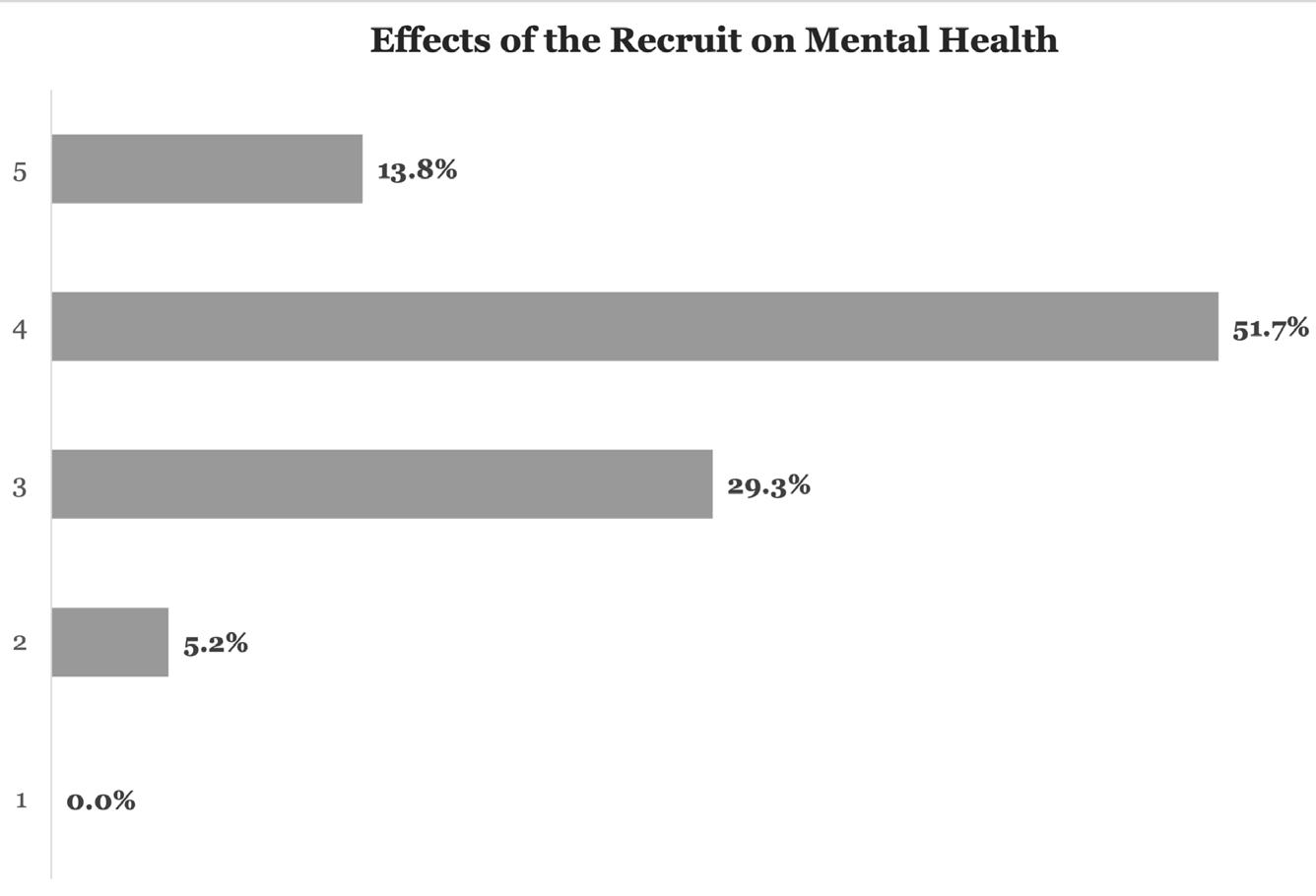
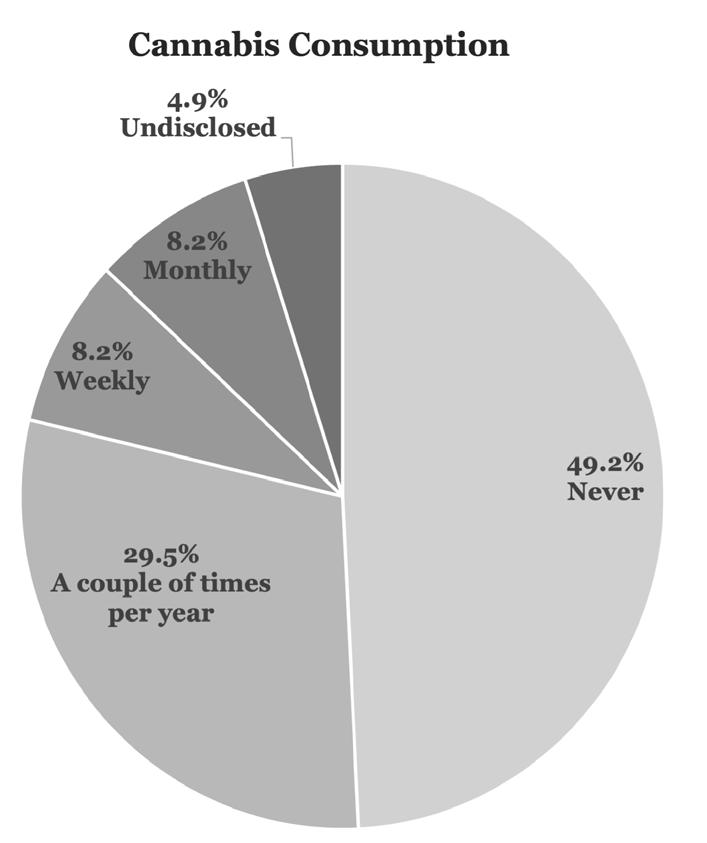

Editor’s Note: The information below is meant to express correlations between certain factors and job offers in the formal recruit. The data does not suggest that these factors caused these outcomes nor that a student must have certain qualities (such as a specific GPA) in order to be successful. Important factors, such as personality and interviewing skills, are not accounted for in this analysis.
After months of drafting application materials, preparing for interviews, and participating in in-firms, students officially completed the Toronto Summer 2025 2L Recruit on Wednesday, November 6, 2024. Following tradition, Ultra Vires sent our annual survey to the University of Toronto Faculty of Law’s Class of 2026 to collect data on the recruit and students’ thoughts and experiences. The purpose of the survey is to better inform future applicants, raise awareness on matters of student concern, and provide a historical record of yearto-year changes or trends associated with the recruit.
This year, 88 students—representing 41.1% of the class—responded to this year’s survey. The survey provided for abstention in all of its questions. Of the 88 students, 82 were JDs, 2 were JD/MBAs, one was in a JD/ other combined degree, and one was a GPLLM. 54 students identified as female, 29 as male, and one as non-binary. In addition, 36 students identified as racialized and 43 as non-racialized.
A total of 77 students reported participating in the recruit. When asked whether they accepted an offer through the Toronto recruitment process, 65 students responded that they received and accepted an offer. Otherwise, nine students reported not receiving an offer, and two reported they had declined all offers. One student did not respond to the question.
Fig. A: Among the students who accepted an offer, 63.5% went to large firms, 9.5% went to mid-size firms, 20.6% went to boutique firms, and 6.4% accepted positions in the government.
Fig. B: Students were asked whether their debt load affected their final choice of employer, with an answer of “1” meaning that their expected debt load was of “no influence” and “5” meaning that it was the “primary influence”. A little less than half of the survey respon-
dents (46.6%) responded that their expected debt level was of no influence on their recruitment decisions. In contrast, only 4.1% of students expressed that their debt load was the primary influence.
Fig. C: Students were also asked how helpful they found the Career Development Office (CDO) in preparing for the recruitment process. A response of “1” meant “not at all helpful” while “5” meant “very helpful.” No students rated the CDO as “not at all helpful,” and the vast majority found the office to be somewhat or very helpful.
All students participated in some sort of networking during the recruitment process, with coffee chats and virtual and in-person firm tours being the most popular forms.
Correlations Between Grades, On-Campus Interviews (OCIs), In-Firm Interviews, and Offers Received
Only 60 responses of the 88 total were included in this section, as the remaining responses had incomplete reports of 1L grades. As in previous years, we expect that students who performed better academically or were satisfied with the outcome of the recruit may be more likely to participate in the survey. As a result of this self-selection bias, students with HHs and Hs are likely to be overrepresented at the expense of those reporting Ps. The expected grade percentage is based on the Faculty’s grade distribution guidelines to instructors (see table 1).
When conducting our analysis, we assigned a numerical GPA to each letter grade (i.e., HH = 5, H = 4, P = 3, LP = 1, and F = 0) and treated courses as equivalent in weight under the assumption that employers do not take into account each course’s weight.
Figs. D & E: From our sample, the median U of T Law applicant in the 2025 Toronto 2L Recruit had a GPA of 25. The 25th percentile was 24, the 75th percentile was 28, and distinction standing was 30. This year, the 25th percentile and median GPA were slightly lower compared to last year’s results (25 for the

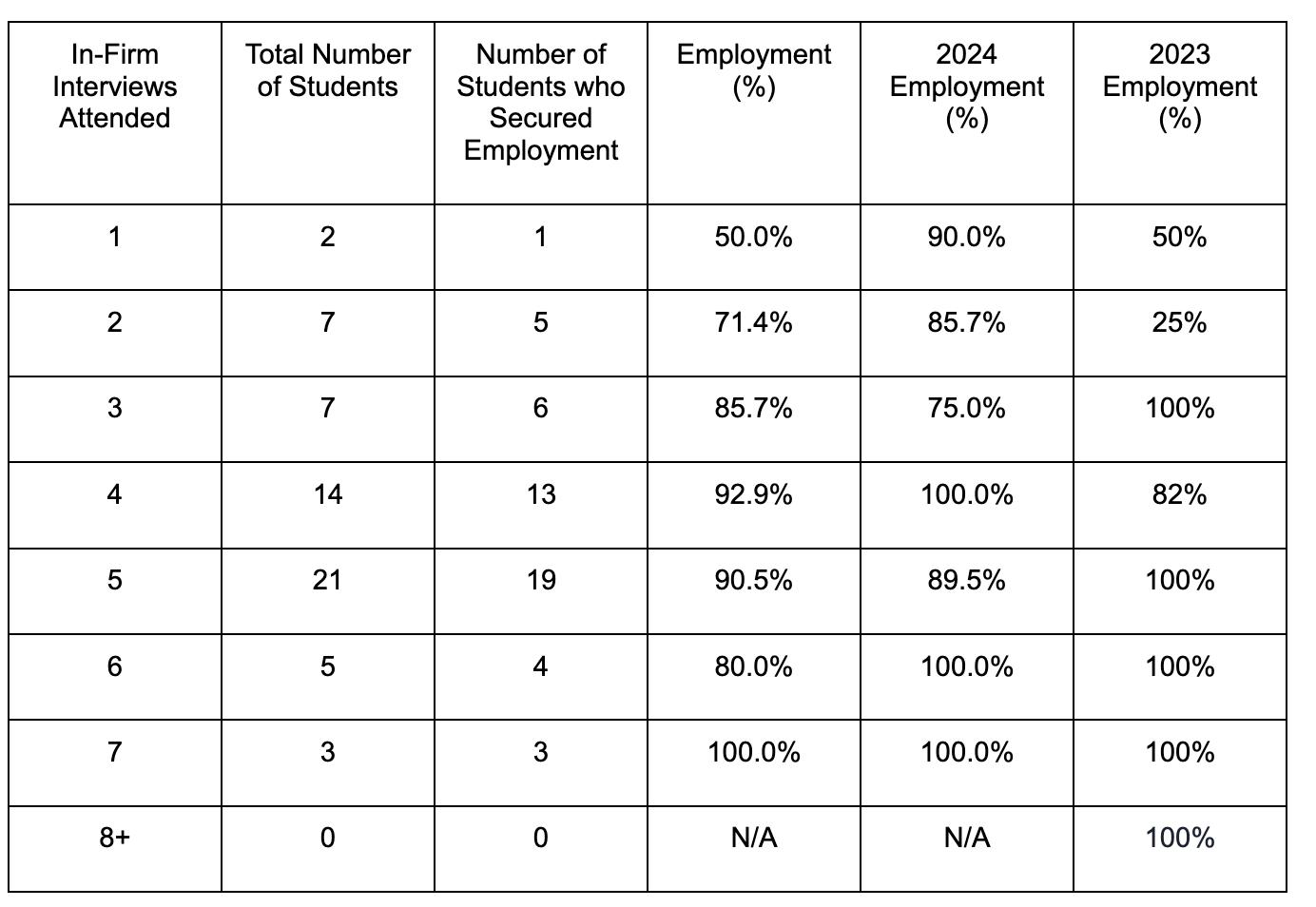
25th percentile and 26 for the median, respectively). However, the 75th percentile and distinction standing GPAs remained the same.
Figs. F & G: As in previous years, there was generally an upward trend in the average number of oncampus interviews (OCIs) received as GPA increased. This trend did not continue for the number of in-firms and offers received.
Using the Spearman rank correlation test, the relationship between GPA and application-to-OCI conversion rate was statistically significant.1 In comparison, neither the relationship between GPA and OCI-to-in-firm conversion rate2 nor the relationship between GPA and in-firm-to-offer conversation rate was statistically significant.3
Upon reviewing the factors that impact obtaining an offer of employment through the recruit, logistic regression revealed a statistically significant association between the number of in-firms received and employment4 and the number of in-firms attended and employment.5 There was no statistically significant association between the number of OCIs received and employment6 or between a student’s GPA and employment.7 The data indicated that students who both received and attended more in-firm interviews were more likely to secure employment (see tables 2 & 3).
As was the case in previous years, these results ultimately suggest that while students with higher GPAs tend to secure more OCIs, GPA alone is not a strong indicator of whether a student is likely to secure an offer.
We also used 60 student responses for this section of our analysis. Responses that did not provide the necessary gender or race information were excluded. Of the 60 responses, there was an overrepresentation of female students who completed the survey (63.3% versus 58%). There was also a slight overrepresentation of non-racialized students (58.3% versus 41%). These numbers were compared to the U of T Law Class of 2026 profile statistics.
Gender
Fig. H: When looking at the effects of gender on recruit success, females were more successful at every stage other than converting applications to OCIs (55.2% for females versus 48.6% for males at the OCI-
1 rs = 0.65536, p (2-tailed) = 0 2 rs = 0.10175, p (2-tailed) = 0.43918
3 rs = 0.123, p (2-tailed) = 0.34914
4 β = 0.1955 | p = 0.0811
5 β = 0.5256 | p = 0.0274
6 β = 0.0559 | p = 0.2962
7 β = 0.0639 | p = 0.6027
to-in-firm stage,8 and 39.9% for females versus 36.5% for males at the in-firm-to-offer stage).9 Based on survey responses, applications from male students were more likely to convert to OCIs (49.0% for females versus 54.6% for males).10 The difference at each stage, however, was not statistically significant under the Mann-Whitney U test. A slightly greater percentage of females secured employment compared to males (86.8% for females versus 81.8% for males); however, the difference in overall employment was also not statistically significant.11
Race
Fig. I: Non-racialized students were more successful at converting applications to OCIs (45.7% for racialized students versus 54.1% for non-racialized students). 12 By comparison, racialized students were more likely to succeed at both other stages: at converting OCIs to in-firms (53.9% for racialized students versus 52.2% for non-racialized students)13—albeit by a relatively small margin—and at converting in-firms to offers of employment (43.3% for racialized students versus 35.8% for non-racialized students).14 The differences between non-racialized and racialized students at each stage were not statistically significant under the MannWhitney U test. As for overall employment, non-racialized students were more successful in securing a position out of the recruit (80.0% for racialized students versus 88.6% for non-racialized students).15 This result was also not statistically significant.
Gender and Race Combined
Fig. J: Finally, when looking at the effects of gender and race combined, the data again did not demonstrate statistical significance at any recruitment stage. Based on our survey responses, racialized males had the highest conversion rates at all stages (60.9% at the application-to-OCI stage, 57.7% at the OCI-to-infirm stage, and 44.4% at the in-firm-to-offer stage). However, non-racialized females were the most successful at obtaining employment overall, with 94.4% of survey respondents securing a summer position through the recruit.
Editor’s Note: Analysis was limited to male and female genders due to the limited number of non-binary responses.
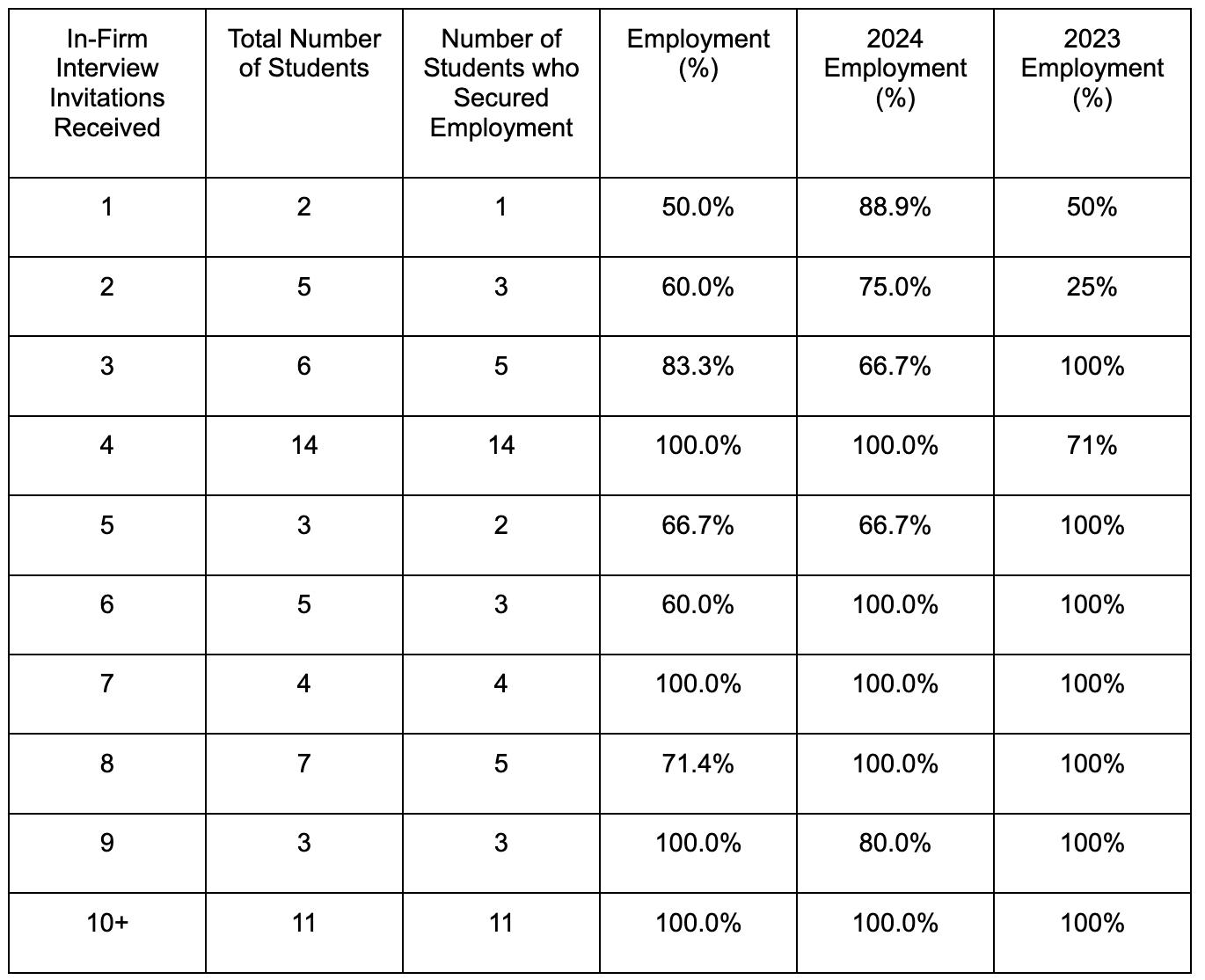
Continued from page 11
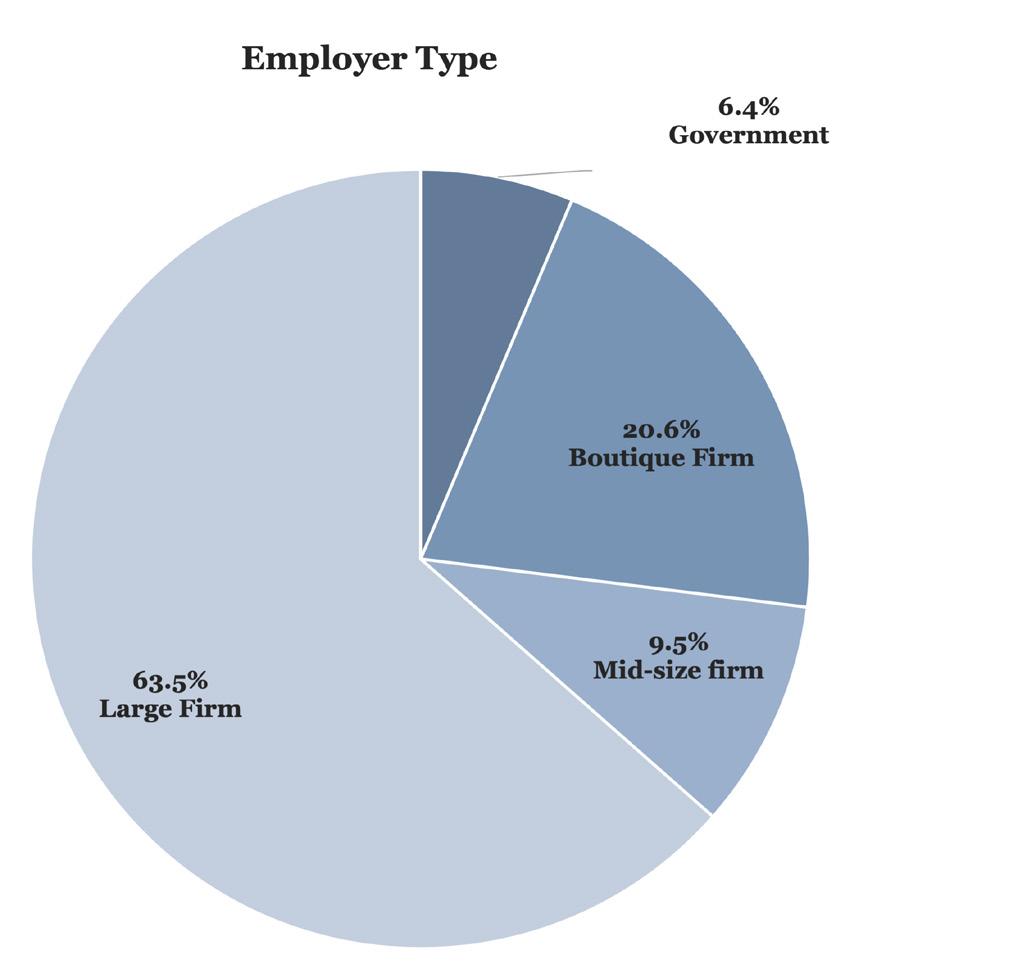
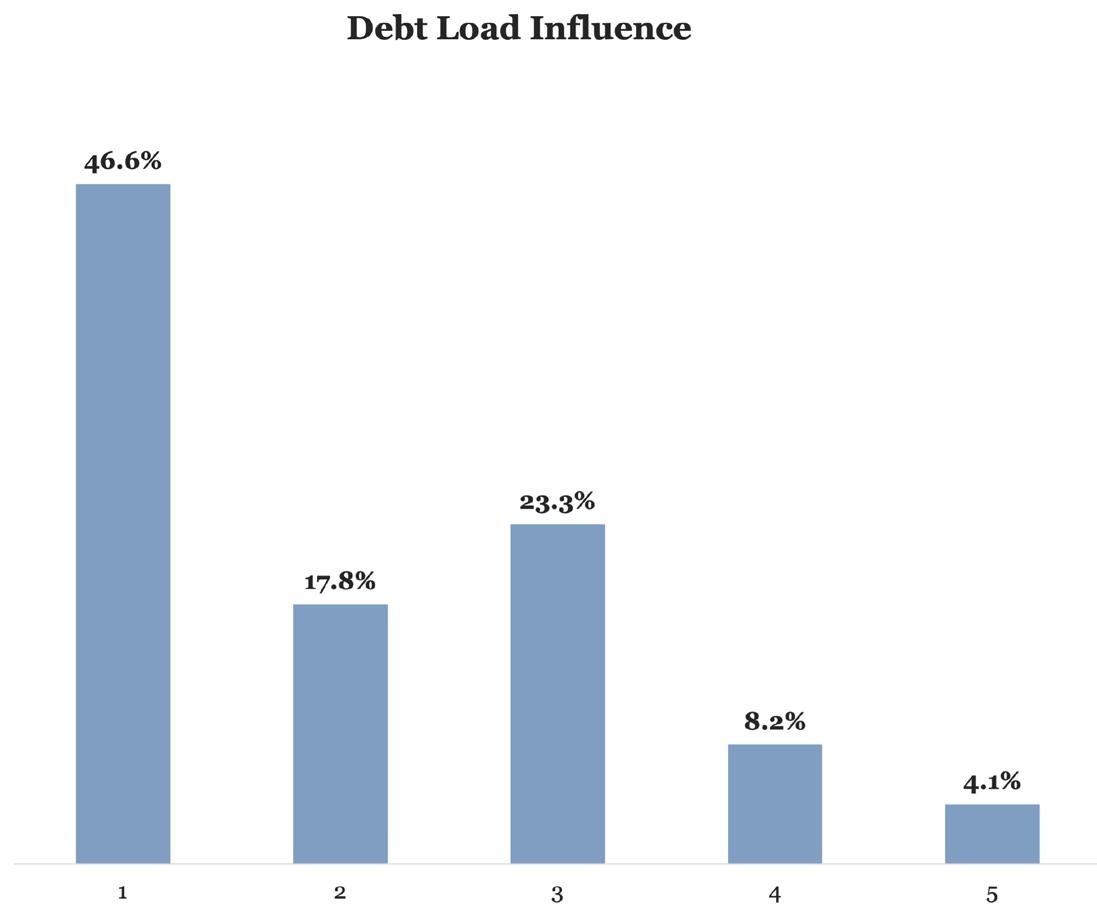
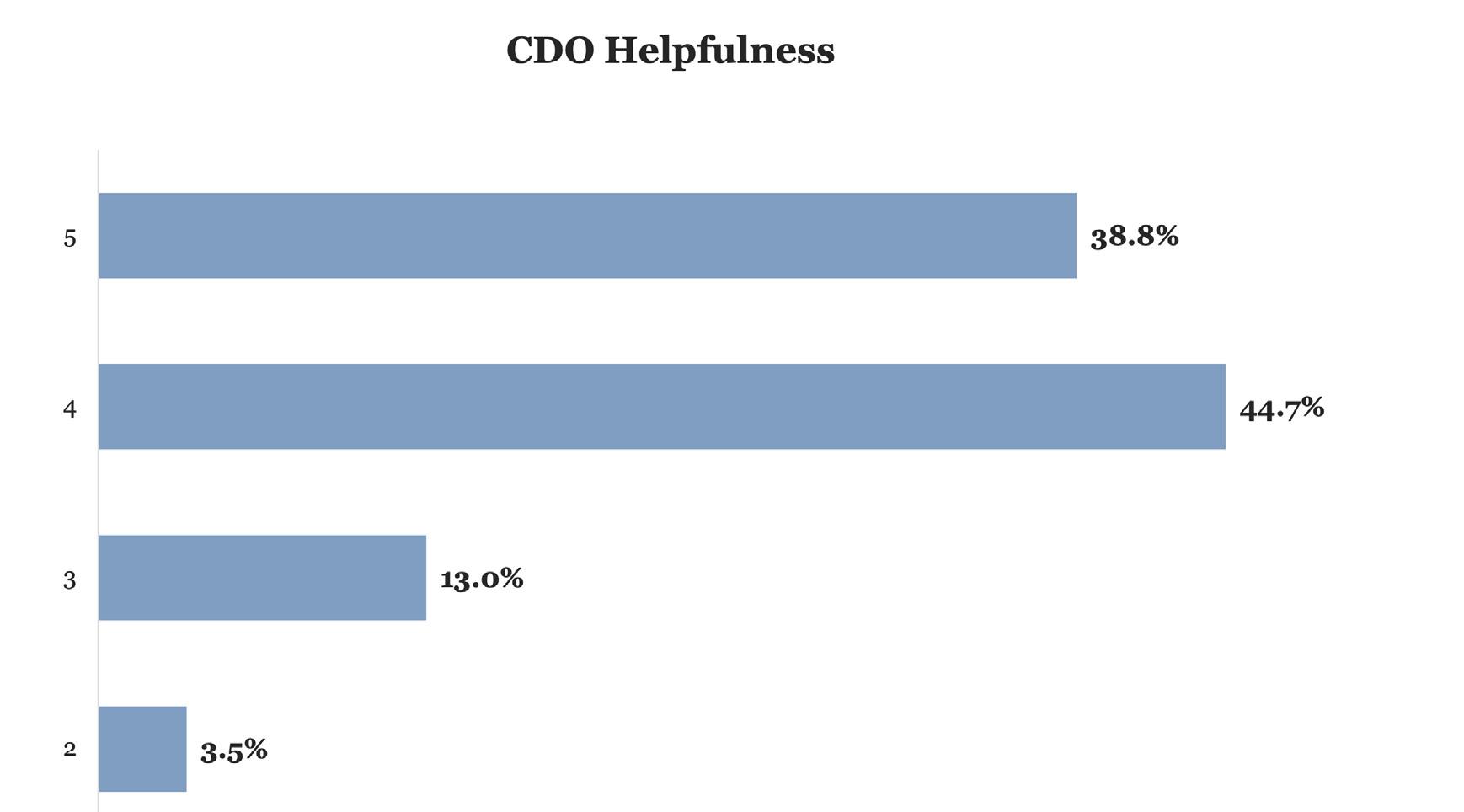
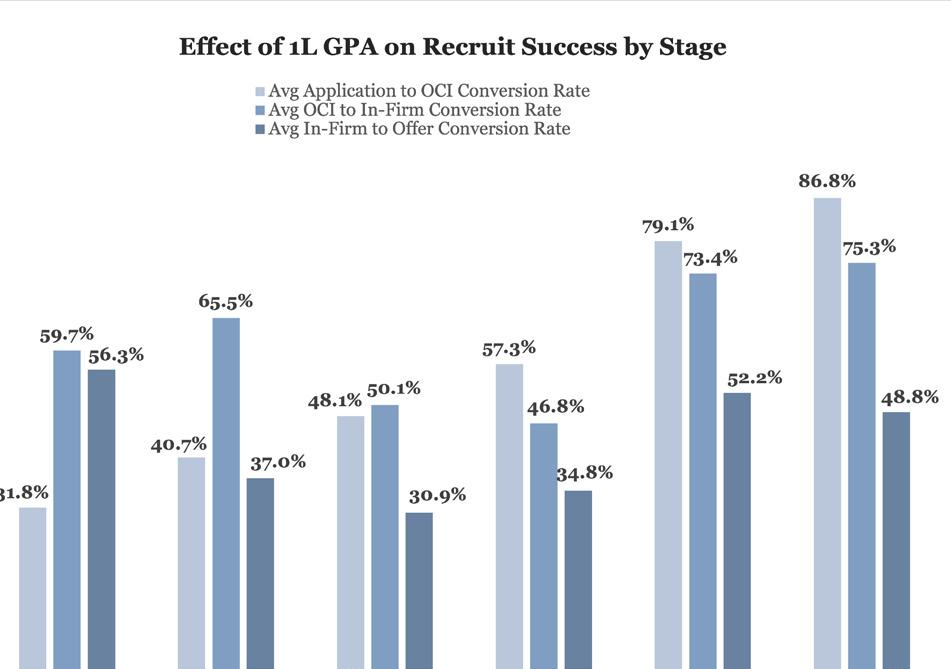
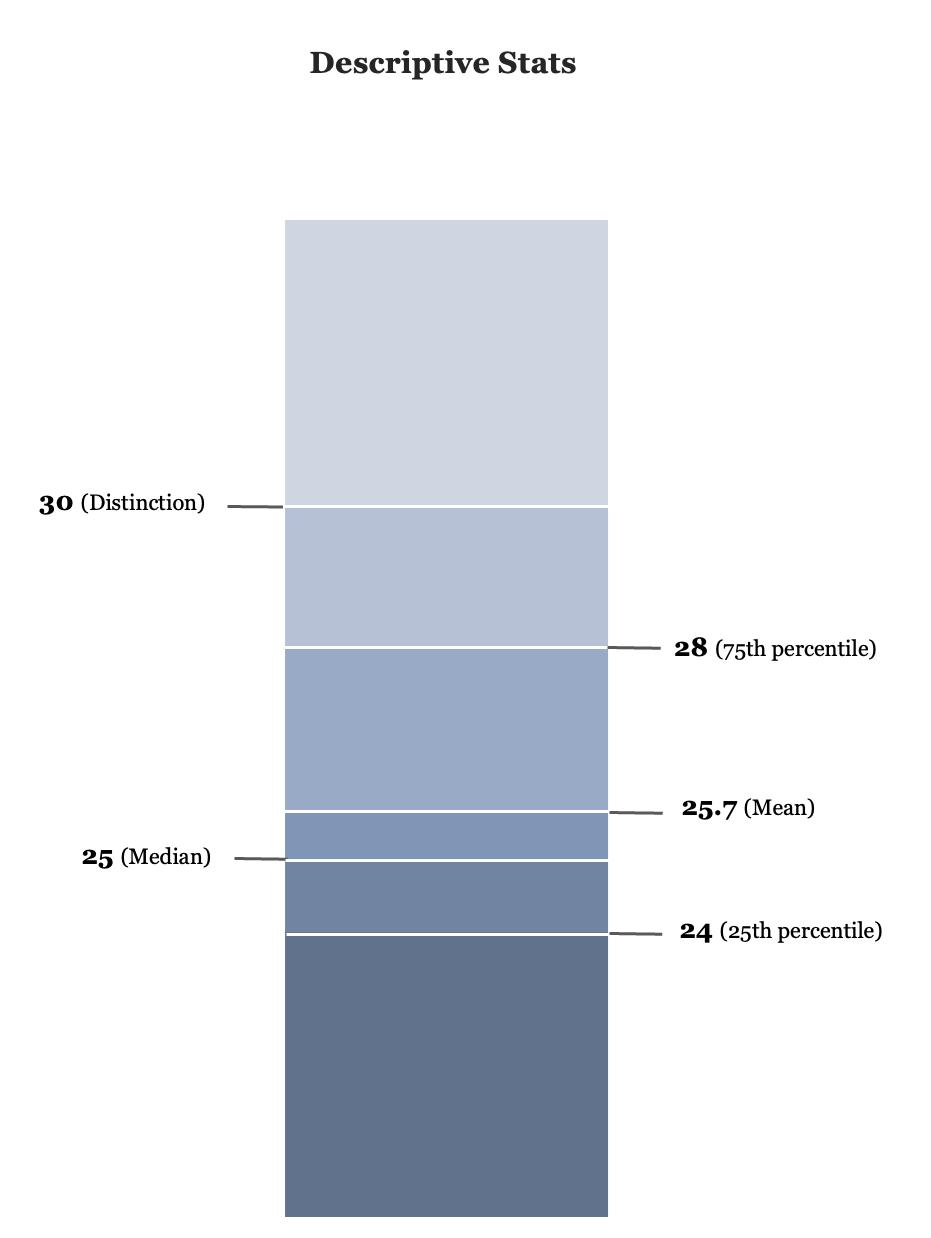
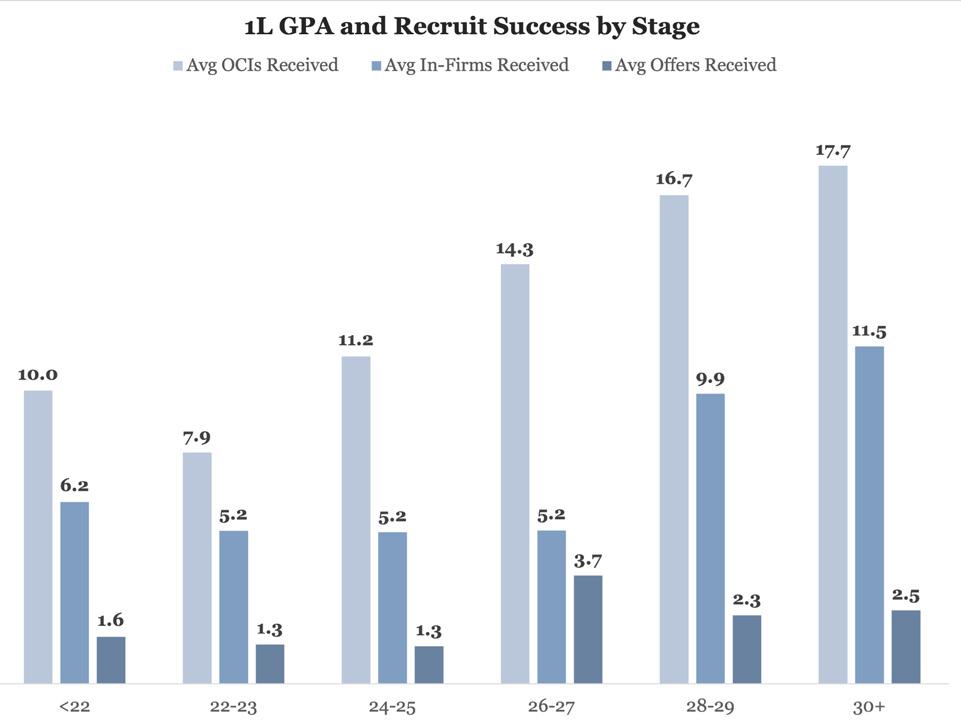
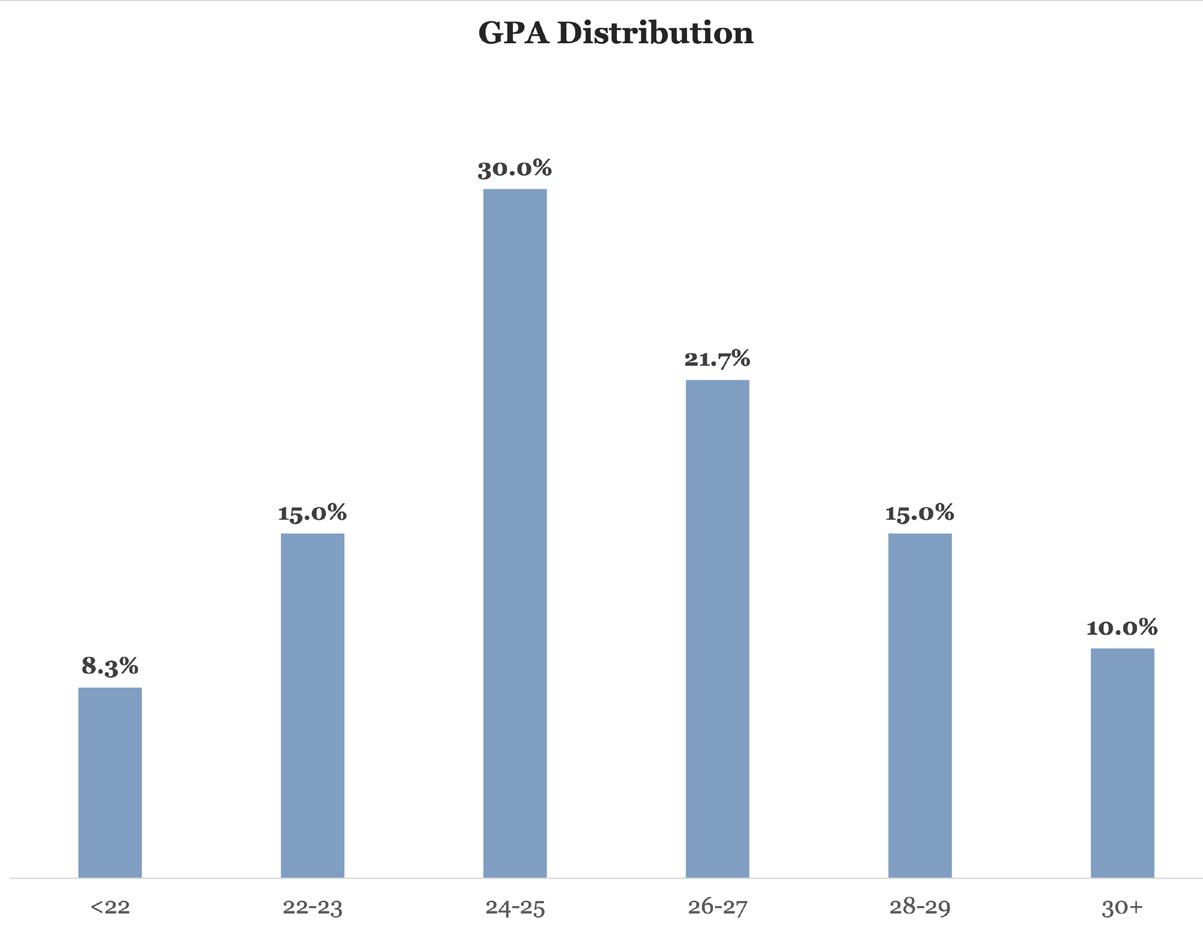
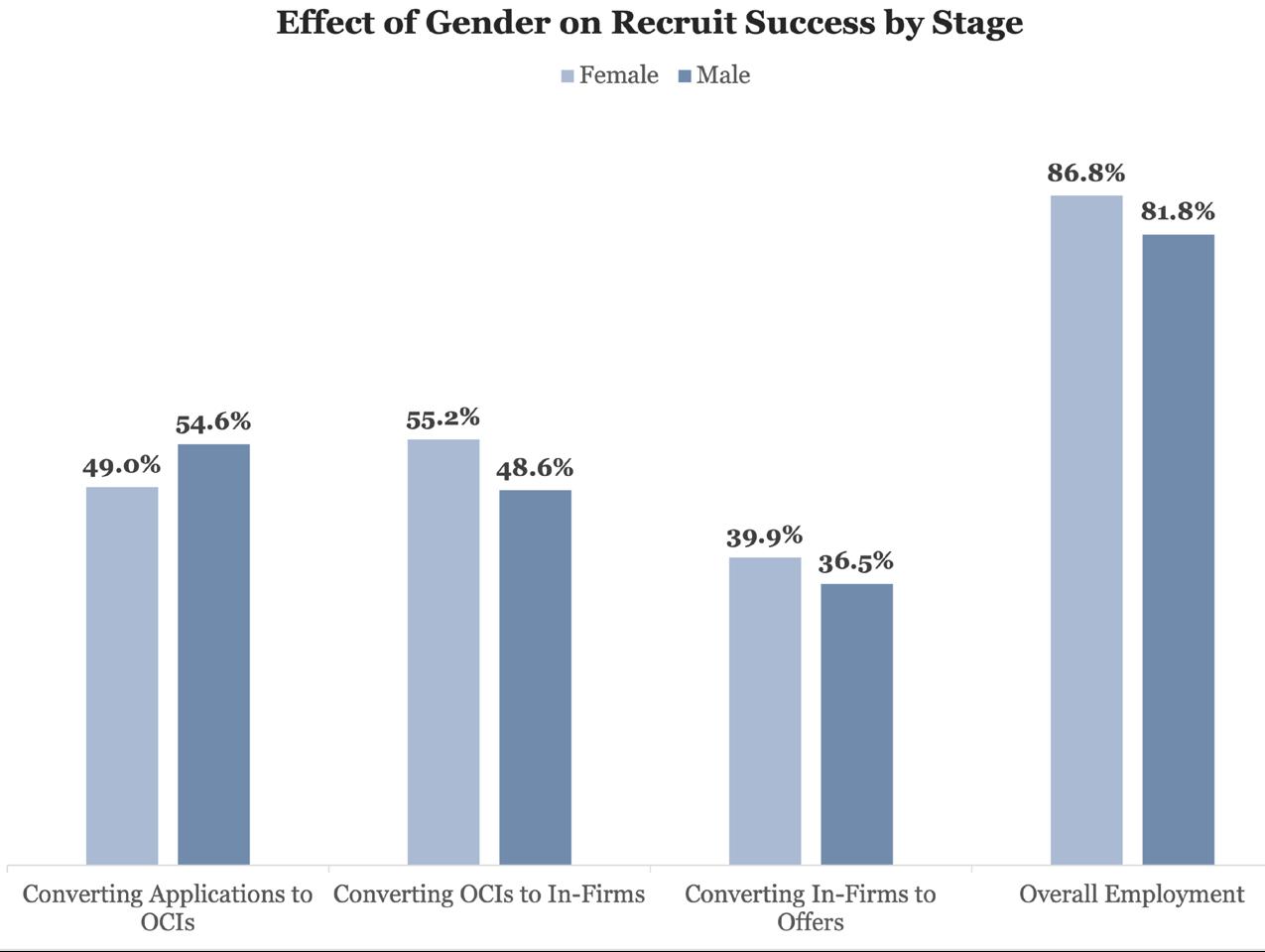
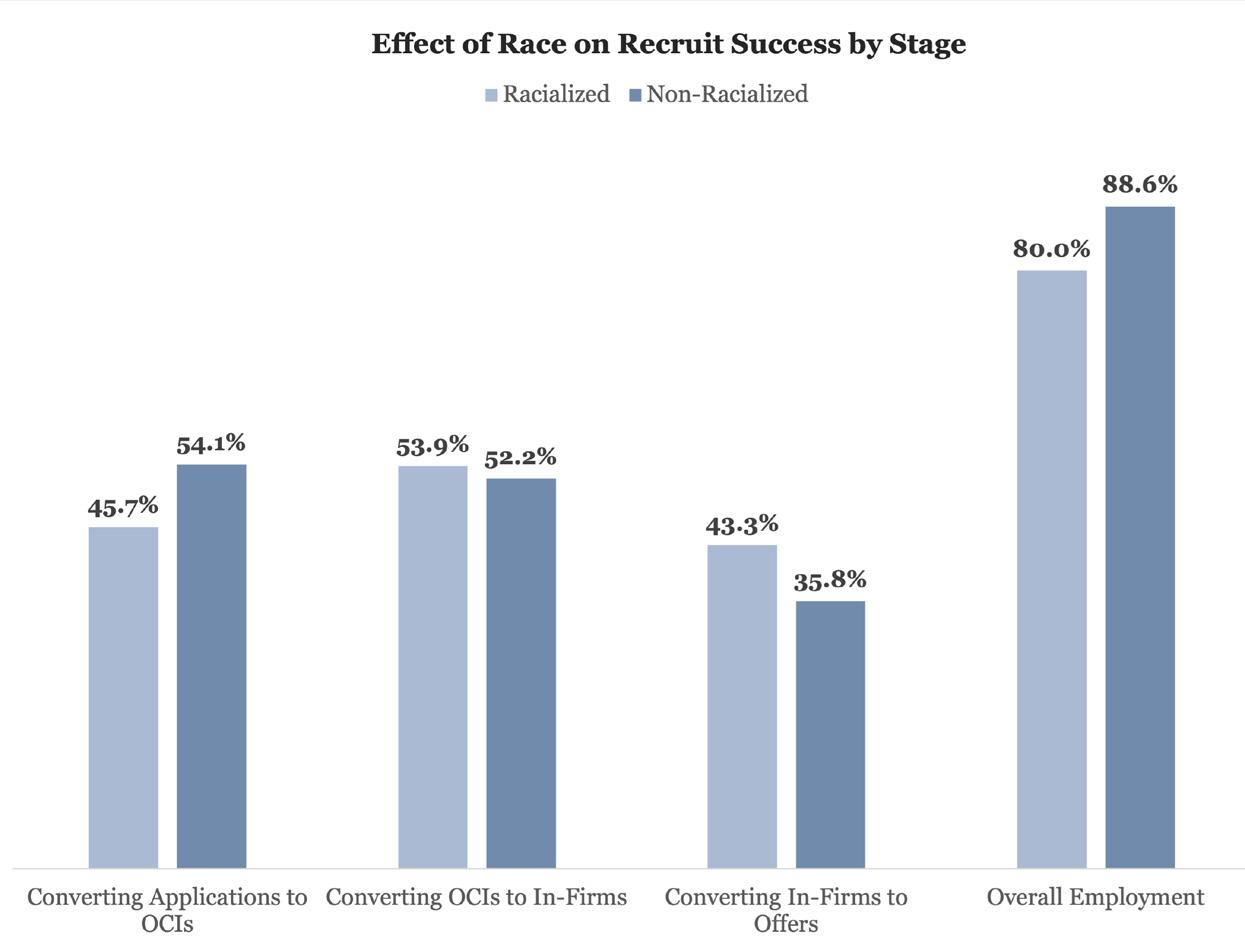
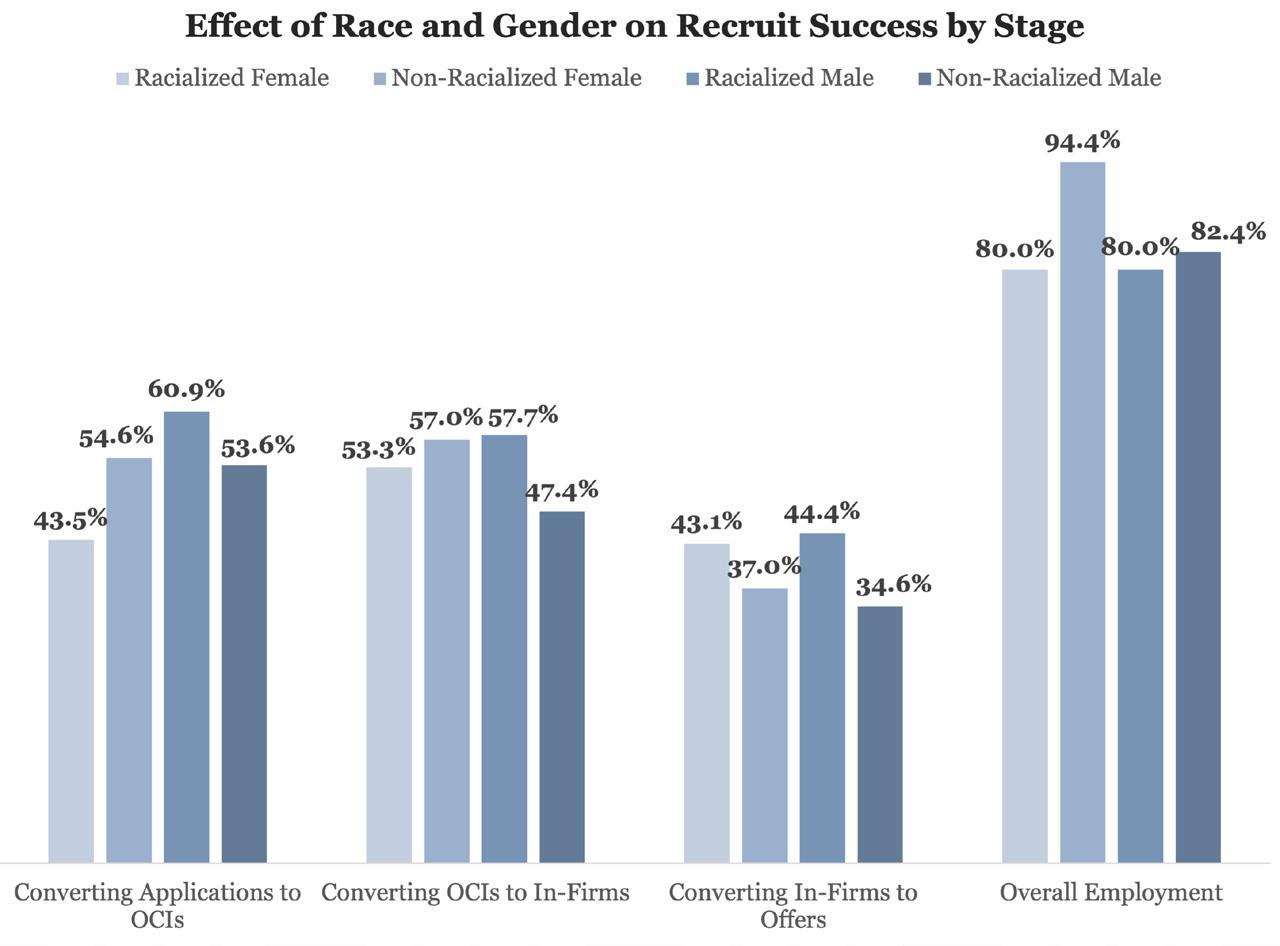
At least 30 students were hired this year in the Calgary 2L recruit. This number is down from the 43 students reported last year; however, many major employers did not respond in time for publication.
Of the firms that responded, McCarthy Tétrault LLP and Bennett Jones LLP hired the most number of students—each hiring a total of five 2L students. 12 2L students from the University of Calgary secured positions in the Calgary recruit—making this law school the most successful based on our data.
During this year’s data collection, one firm took the time to share with Ultra Vires how they perceive recruitment processes in Calgary. They described that some firms in Calgary (especially the larger firms) actively discourage their 1L hires from returning in their 2L summer, suggesting that they seek out other diverse experiences instead.
Thus, these results may not wholly represent the number of students ultimately returning to a firm for articling and potentially associateship.
*Note: McCarthy Tétrault LLP only provided the academic institution for four of their five students.
Editor’s Note: Visit ultravires.ca for the most updated spreadsheets with information provided by employers after the time of publication.
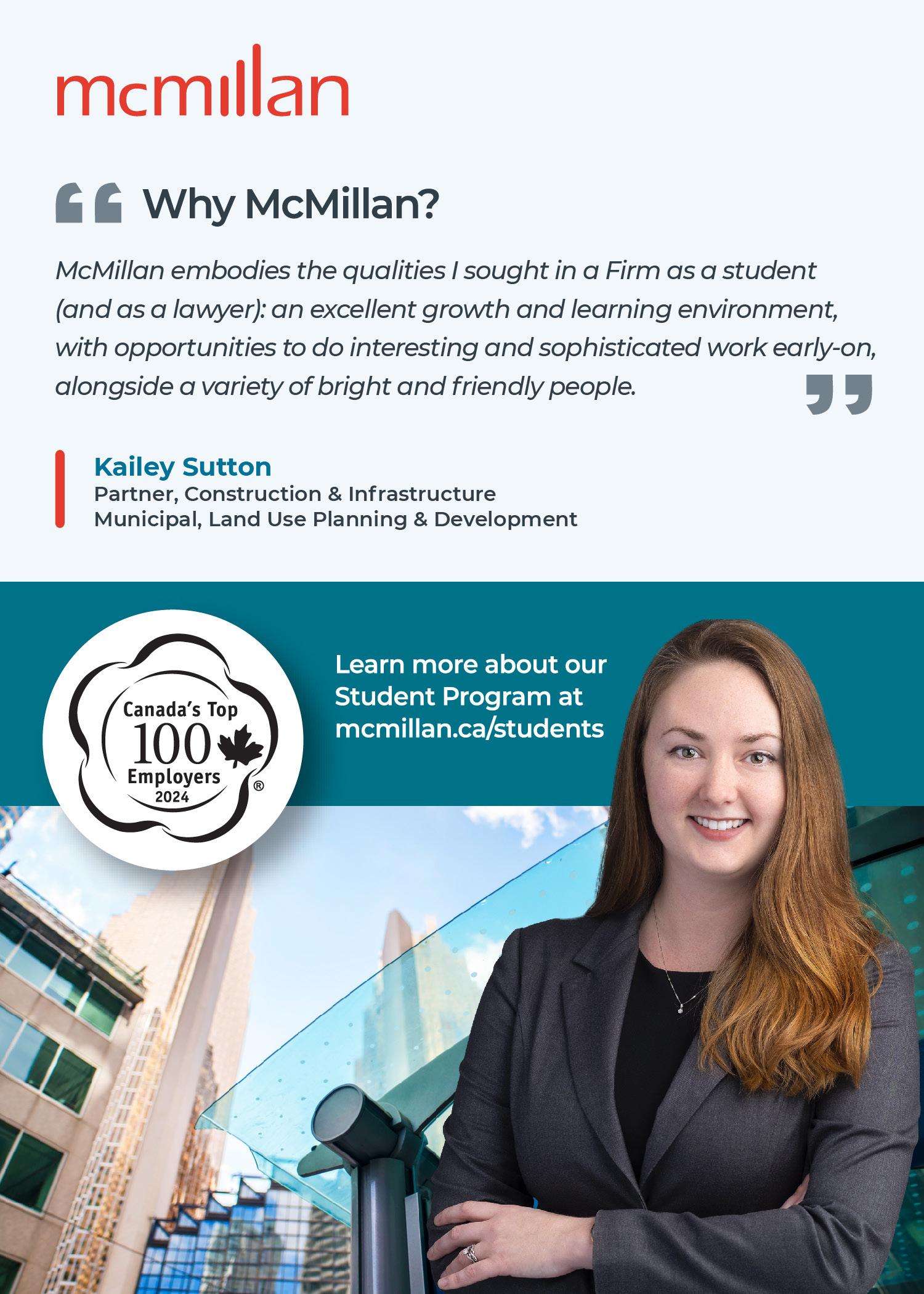
The Ottawa intellectual property (IP) recruit concluded on Thursday, October 31, 2024, with at least 16 students hired. Five firms participated, recruiting both 1L and 2L students. Four of those firms shared their results with UV. Gowling WLG (Canada) LLP hired the most students this year, with eight in total, a decrease from last year’s nine hires. Borden Ladner Gervais LLP (BLG) and Brion Raffoul LLP took second place, hiring four students each. Last year, Smart & Biggar LLP hired the second-most number of students, but they did not participate in the recruit this year.
Regarding school rankings, the University of Ottawa (uOttawa) had the most students hired from the Ottawa IP recruit, followed by U of T Law which came as a close second. According to our data, firms hired five uOttawa students, representing 31% of this year's offers.
This year, UV asked about the number of applications each employer received and the number of interviews they conducted. In an effort to promote more transparency and informed decision-making, we hope this additional information will provide students with a clearer picture of how the recruitment process works.
As in previous years, UV

asked firms to share the total number of students hired with a graduate degree and the total number of students hired with a background in science, technology, engineering, and/ or mathematics (STEM). There is a common belief that these qualifications can help students enter the IP law sphere. Although the sample size is too small to draw significant conclusions, of the 16 students hired, 15 had STEM backgrounds or graduate degrees. While Gowling responded that all 8 of their hired students had a STEM background or a graduate degree, they did not specify the number of students with a graduate degree and the number of students with a STEM background separately.
Editor’s Note: Visit ultravires. ca for the most updated spreadsheets with information provided by employers after the time of publication.







At Cassels, we believe that we are in this together. Our students are provided with the legal, professional, and business development skills they need to build a long and brilliant legal career.
Your success is our priority.



This year, Ultra Vires reached out to 44 employers that participated in the Vancouver summer 2025 2L recruit. At the time of publication, 31 firms had responded, resulting in a response rate of 71%.
A total of 160 students were hired this year, up from 144 in last year’s survey. This increase can likely be attributed to the seven additional firms agreeing to share their recruit numbers with us this year.
As the results usually determine, students from the University of British Columbia’s Peter A. Allard School of Law dominated the Vancouver recruit, securing 61 positions compared to last year’s 52. The University of Victoria and Thompson Rivers University retained their second and third rankings, with 27 and 17 students hired, respectively. Dalhousie University closely followed, with 15 students hired—a significant increase from last year’s 9.
Among the responding firms, Lawson Lundell LLP hired the most 2L students, with 15 hires. Blake, Cassels & Graydon LLP followed with 13 hires, while Borden Ladner Gervais LLP and Fasken Martineau DuMoulin LLP each hired 12 students.
Of the 31 employers that responded, three reported having returning 1L students. However, many firms noted that they do not hire 1L students, so the absence of returning students does not necessarily indicate that those students chose other firms.
Note: Lawson Lundell LLP did not respond to last year’s survey in time for publication.
As part of Ultra Vires’ annual recruit survey, we asked the Class of 2026 to participate in a survey about their general thoughts and experiences regarding the Toronto 2L recruit. Selected responses to those survey questions were edited for clarity, anonymized, and reproduced below.
Respondents gave an average of 4.2 out of 5 when rating how helpful they found the CDO in preparing them for the recruitment process. Most respondents consulted with Theresa Chan, followed by a similar amount with Aglaia Lowo and Lindsay McKay. Generally, respondents reported that having calls with the CDO was helpful during the in-firm week, and that they were great at checking up on them. However, some respondents wanted more critical feedback on their materials and better support for non-Bay Street jobs.
Do you have any comments on the CDO's services for the recruitment process (regardless of whether you participated)?
The CDO was helpful:
Theresa, Aglaia and Lindsay were all helpful in preparing for interviews. I found Theresa's feedback regarding my cover letter and resume to be particularly useful and felt like her input helped in creating a much stronger application.
Incredibly helpful and supportive. I had cancer this summer and Theresa especially checked in with me often.
I spoke with Theresa on Thursday when I received no ITCs for the upcoming Tuesday call day. On Wednesday after call day, she remembered and reached out to me to check in. It was really nice of her to remember and check in.
Extremely helpful, especially for getting used to being interviewed by different people.
The CDO was very helpful in preparing the applications - i.e., writing cover letters. I didn't find the CDO quite as helpful for interview prep. But during in-firm week, being able to call Theresa and get her advice was amazing.
The CDO was incredibly helpful and supportive throughout the entire process. Theresa, Aglaia, and Lindsay all offered insightful and constructive advice that made the recruit so much easier to navigate.
There’s room for improvement:
I felt it was helpful at the time but looking back I wish they had managed expectations more or been more critical. I didn’t really get any interviews despite getting positive feedback from the CDO and I wish they had seen my materials more like employers did. Could use more appointments.
It was confusing to get conflicting information sometimes, depending on which CDO member I was consulting.
They can be a little more critical with cover letters!
The CDO is less helpful for non-corporate jobs:
The CDO is helpful but it’s clear that they’re looking out for the school’s reputation so their advice might not always promote the student’s best interest.
Support on preparing for government positions was not as strong as for private practice (ex. information on what to expect, what they are looking for/prefer etc was not as up to date or robust, albeit understandably so), but otherwise very helpful and supportive.
I thought Aglaia was very kind and helpful in meeting with me and helping me review cover letters and resumes. However, I wished that the CDO had more expertise for people looking for jobs outside big-law; they did not seem to be knowledgeable about how interviews for criminal law firms worked at all.
Would be helpful for the CDO to provide more tailored advice and resources to students who are not interested in corporate law.
I am happy that they focused their services on Bay St. Their time is zero-sum and the majority of UofT law students do end up on Bay St -- it only makes sense that they allocated their resources accordingly.
Yet, was it better this year for union-side L&E? Students shared mixed opinions:
Keep up the great work with helping people in union side L&E. I think things went in a great direction this year and were improved upon from last year (as per my chats with 3Ls). I'd say continue to find ways to support students in the lead up as there are some parts to it that are quite unique and had to be explained to me (ex. no dinners and receptions but the expectation to ask for follow up coffeechats with lawyers at firms you're interested in).
The advice given by CDO is generally not applicable for unionside labour firms. They know bay street firms very well but many legal careers do not follow that trajectory.
100% of respondents engaged in some form of networking before applications were due. Coffee-chats were
the most common form of networking. Firm tours (virtual and in-person), and open houses were also popular. Of those who networked, 76% of respondents said they networked with the employer from which they accepted an offer.
Some respondents found networking helpful, especially for determining firm culture and fit. However, there were mixed responses on whether it was helpful for receiving offers.
Do you have any comments on networking?
Helpful for everything:
Super helpful - especially as a student who landed a job with all Ps!
More useful than I thought it would be. Also less intimidating once you do it a couple times.
I got OCI’s with almost every firm I networked with, and I only got an OCI from one firm that I didn't network with. For me, I think networking was make-or-break and I am extremely glad I did as much networking as I did before applying.
As a student with fairly average grades, I think networking made a huge difference! I coffee-chatted at least 3 people from my top 10 firms. I would focus on coffee-chatting people that you have a genuine interest in though, as I think quality over quantity of the conversations matter as well. I don't believe there is a huge difference in coffee-chatting lawyers/partners compared to students, with the exception of the recruiter or members of the student committee. Lastly, it's good to start earlier rather than later (e.g. beginning of the summer)!
For the big top firms, the coffee-chats I did before applying (to name drop on my cover letter) were not overly helpful for actually getting an OCI. I think without the grades, it is difficult even if you network extensively. But - if you do get an OCI and an in-firm, I found it beneficial to then mention people that I had spoke during the summer (shows them you have an interest).
Helpful for deciding but doesn’t really help you get a job:
It helps to be able to distinguish a firm and maybe helps in creating a somewhat stronger cover letter - I do not think it makes or breaks an application. I think it is much more useful to speak to students (summer and articling) and newer associates who have more experience with the student program.
Found it helpful to learn about firms but not sure it did anything to help me get interviews.
I think it is nominally helpful in securing OCIs/in-firms but very helpful in determining what firm you ultimately want to work at. I can't imagine making a decision strictly based on the 2.5 days of interviews.
More helpful than I expected! Sometimes firm websites can give a misleading picture of what practice areas the firm deals with on a day-to-day basis.
Networking multiple times with several firms helped me create a shortlist of firms to apply to. I could tell from networking alone that I wouldn't have enjoyed working at certain firms. I didn't apply to those and it simplified the process for me so that I could focus on the firms I actually could see myself in.
Found it helpful, mostly for cover letter tailoring and vibe-assessing.
It was really valuable to develop genuine personal connections with students and young associates. It helped me get a sense of what I was looking for in a job.
Unsure how useful it was as a marker of interest, but it did help me get a better understanding of the firms and how to tailor my application.
Not helpful:
Did not network a lot; received offers from firms with whom I did not network.
Did not network with my firm as much as I did with other firms where I did not secure an offer.
I think it's highly overrated. Seems like my successes and failures had truly nothing to do with which firms I actually networked with.
It did not mean anything at all and now feels like it was a giant waste of time. Kinda like the recruit.
Not as helpful as I anticipated. I received OCIs from many employers I did not network with and I received an offer from a firm I did not network with.
Got offers from places that I did not network, it definitely doesn't seem necessary but could be helpful.
Other comments:
Just network enough that you can actually say why you'd want to go to a firm with some credibility. No need to overdo it.
Networking is really only good for name-dropping on a cover letter (if they even really care anymore) and only for boutique firms. Important to be genuine and candid when asking questions and showing interest.
I networked quite a bit, but it was really about quality over quantity; had the best responses from places I networked with once but had a really meaningful conversation. Whether or not said conversation was in person or not seemed immaterial.
Do you have any comments on the events?
Helpful to see firm’s culture:
While the events were tiring, I think they were very helpful in seeing how people interacted with their colleagues which was important to me in picking which firm I wanted to 'first-choice.'
I found events a good way to gauge firm culture and how interested firms were in me.
Going to events helped me decide where I did not want to work but I don't think it significantly affected their consideration of me.
Receptions with lots of people were a lot more helpful for getting a sense of the culture than dinners.
Need to go to show interest:
I did hear a large full-service firm say outright, "we don't care as much if you put your interview on the second day, especially if you're a competitive candidate, but you have to go to our dinner or we will think you do not want an offer from us." This was at a workshop, so not specific to me.
Attendance matters as a show of interest and a chance to network.
Don’t NEED to go:
Some firms may read into your absence more than others. However, I think showing interest by asking to meet more people and doing well in interviews can often be enough to override this concern. Would highly recommend consulting upper years to get a better idea of how a particular firm views attendance at these events.
I spent the full time at a reception at Firm 1 on day 1. I spent the full time at a reception at Firm 2 on day 2. I did not reject or cancel any events I was invited to. Neither firm gave me an offer.
Don’t like them:
I wish dinners did not exist -- awkward asf.
At dinner, a student that I was seated with bonded with a partner based on the fact that the said partner and the student's family friend had worked at the same firm. As a first-generation, racialized law student, I had nothing to contribute to this conversation and felt like an outsider throughout the entire meal.
Generally, I felt like meals only added stress to the students and were not an effective way of evaluating the candidates at all (even though I know nothing about how firms evaluate the students).
When asked about any uncomfortable encounters they had during in-firm week, around 20% of respondents felt uncomfortable or were asked inappropriate questions during their interview(s). 9% of respondents preferred not to disclose.
Pressure to use first-choice language:
All but one (the one I accepted) wanted me to first-choice on day 1, with two employers virtually forcing me to tell them the other firms I was interviewing at, which led them to explain why those other firms were worse than their firm.
Pushing for first-choice.
At one firm I was very aggressively pressured to give first-choice or at least tell the firm where they stood. It was extremely uncomfortable.
Asked about other interviews:
Not inappropriate, but I was uncomfortable at how direct some firms were with asking me where my head was at. This was the first thing I was asked in my first interview at one firm.
I had several incidents. Two firms pressured me to tell them about other firms I was interviewing with. When I declined, they both "guessed" which firms I was interviewing at and then started bad-mouthing those firms.
Racism/Discrimination:
One of my interviewers at a full-service firm made a bigoted comment about a marginalized group of people.
I also had several uncomfortable moments where law firms knew that they couldn't ask me about my citizenship, but toed the line where they tried to get me to comment on it several times.
Culture did not seem inclusive of racialized folks.
At a certain seven-sister firm, I was only interviewed by white lawyers throughout the entire process, which made me quite uncomfortable. Really made me wonder if they were actually committed to promoting collaborative and diverse culture as they make it out to be.
Other:
A manager partner said he received a 170 on the LSAT and asked about my LSAT score. He also asked whether there were many athletes in my major because my major is considered an easy major.
For all my government interviews, questions were posed regarding the ability to manage a personal or ethical conflict with the office's work, where the interviewers heavily implied that students must not express their views or allow them to affect their work in any way.
Some interviewers were clearly unprepared. As a result, we
weren't able to connect or have an engaging conversation. The interview consisted of a couple of generic questions and ended hastily. The firm appeared to be disorganized and unprofessional.
ADVICE, WISHES, AND MORE
When asked about their decision-making process, 42% of the respondents said their first-choice employer changed throughout the recruitment process. Out of these respondents, 15% said their first-choice employer changed during OCI’s, 12% said between OCI’s and in-firms, 61% said during in-firms, and 12% said they changed their minds throughout the entire process. What advice would you give to someone participating in the process next year?
Keep an Open Mind:
Keep an open mind, don’t get too set on one firm, and go into the process objectively with the end goal of getting to know the firms as best as possible.
Do things early:
Start networking and preparing your applications early (mid to end of May), apply broadly, and do as many OCIs as you can. OCIs go by quickly and don't require a lot of physical energy, so I think it's smart to leave as many options as possible open when you are still early in the process.
Focus on yourself, start early, and put 120% into the preparation so you have no regrets. Memorize the names and practice areas of everybody you're interviewing with.
Know what you want:
Really think hard about what sort of places you might want to work at before the application phase. Don’t get caught up in feeling like you have to apply very broadly just because you want any job. The interview week is intense and it won’t serve you well to be spending time with employers you won’t have actually want to work for.
Have fun; know exactly what you want; have a story to tell about yourself; don't be afraid to ask prodding, hard hitting questions if you have those concerns!
Schedule time to THINK and PROCESS. You will need to start making decisions quickly, and that is hard to do if you have no time to think between 8am-11pm (when dinner ends).
You can’t control everything:
Don’t let interviews take over your life. Prepare, but let yourself relax as well. There’s only so much we can actually control about this process.
Do your research but be yourself. At the end of the day, an interview is just a conversation.
On using first-choice language:
Navigate how to maneuver around not giving first-choice but still making them happy.
first-choice is powerful, so use it. But, you need to continue to give others firms lots of attention too.
if they do interviews on day 3, Tuesday night is likely too late to first-choice them (if you want to guarantee an interview).
If you have average grades and come across as slightly awkward or slightly neurodivergent, then apply to the government as a backup because their interviews are substantive, so you won't lose points for being yourself.
Be true to yourself:
Be honest with yourself and where you are comfortable. It is not worth working at a place that makes you feel uncomfortable for any reason. If they can't put on a good face for recruit week, you probably don't want to see what they are like the rest of the time. Being yourself in interviews is more valuable than getting out "the most important points of your resume".
Trust yourself and know that while this is an important moment in your career, it's not the end. It's very likely this will not be the last place you ever work, so focus on finding a place that you think will be a good starting point for your career.
Really reflect on yourself and what YOU want. Don't try to jump through each firm's hoops.
Don't be afraid to make decisions that cut down your options if there are firms that you really like. For example, accepting fewer in-firm interviews means that you can focus your energy on the firms that you can actually see yourself being in and, in my situation, that worked out to receiving two offers from firms that I was very interested in, including my first-choice firm.
Trust your instincts, do what's best for you not necessarily what everyone else is doing. you don't need to work at a full-service firm.
Understand that there are factors that are far beyond your control - you can do everything "right" and still be left with no offers. Anyone who thinks that luck does not play a role in the recruit is lying.
You are at a severe disadvantage if you don't look and act like the majority of their lawyers - firms may care a bit about EDI, but they care more about the "fit" (whatever that means).
Interview only at places you are actually interested in.
Other:
Don't apply to 70 employers like I did, completely unnecessary and a massive waste of time.
Try and enjoy it! Pack snacks, water, and coffee so you don't have to spend time waiting to buy things.
Play the game. It is a dumb game, but you need to play it.
Grades are king.
It’s possible to land with all Ps if you interview well, prepare well, and make your paper materials as amazing as possible.
Read between the lines! You're interviewing the firm as much as they're interviewing you! An interviewer may say that they have a supportive, non-hierarchical culture, but then host a tour where they introduce every lawyer who walks by while never introducing the three legal assistants standing a foot away.
Get a 1L job lmao. Also, I really think success was correlated with my ability to be a good conversationalist during interviews and social events. You can prepare all you want, but I decided to only lightly prep for in-firms and instead relied on being extroverted and happy to talk. If you have that skill, rely on it. If you don't, start fostering it now.
Mock interviews are SO valuable; they help you sound more natural if you prepared a lot.
Take a swig of whisky and hang on.
The actual interviewing is the easiest part, it's all the "courtship ritual" outside stuff that makes it exhausting/challenging/ overwhelming. Once you get in the room it will be fine, then you just get to meet a bunch of cool people.
Try to really connect with at least one person at the firms you're interviewing at. You ultimately want a strong advocate in your corner, and finding that person pre-recruit or during the recruit will make the process easier. I found that people I had pleasant interactions with pre-recruit via coffee-chats or networking events were a welcome presence during the interview process.
What did you not want your interviewers to know about you?
Personal identity:
(For most) my Islamic faith.
My lack of business background.
My political beliefs.
That I support Palestine.
I didn't really want to talk about my sexuality. They all knew about it because it was something reflected on my resume through my affiliation with certain organizations, but I also did not want it to be something at the center of my interviews, or something that changed in any way the likelihood of me receiving an offer or not.
My genuine interest in social justice and progressive lawyering. I also wanted them to know who I was holistically so I could feel accepted in the firm.
Other options:
The fact that I was strategically telling different employers I was interested in different practice areas depending on the firm's main areas of practice.
Interviewing with both full service firms, and public interest boutiques.
That I was only pretending to be interested in transactional work. I truly only want to do litigation.
Other:
I had no intentions of staying long-term at certain firms. That I was giving them first choice late on day 3 because I had just gotten cut by the firm I first choiced the morning of day 2! N/A - I wanted to be transparent. What, if anything, would you change about the recruitment process?
Call day:
Call day makes no sense. Employers’ intentions re: interviews should be released at the same time on the portal or through CDOs, and scheduling should happen online or via email. The trickle-in of ITCs over a week was also not fun.
Call day could be done through a portal.
Using an online system to schedule interviews instead of "call day" would reduce the length of the recruitment process.
Call day was very chaotic. I wish it was like the LSSEP process, where you indicate your firm preferences, and the CDO assigns you slots. A few of my top choices couldn’t get through to me on call day (because my lower choices called first), so I ended up having to interview with my top choices at later times/day 2.
Timing:
I would have the recruit process be over a shorter timeline (e.g. over the summer like the New York recruit) because it felt like an additional weight on my shoulder for almost 5 months, distracting me from everything else.
The very long process of getting to in-firms, and then the very quick nature of in-firms and the oppressiveness of first-choice language.
Employers should be allowed to issue offers whenever they’d like.
The in-firm process was exhausting. At the same time, getting to meet so many people over the three days helped me make my decision. Finding a way to meet a high volume of people while making the days shorter would be ideal.
The fact that it’s only 3 days, and the use of first-choice language.
I think interviews on interview week should be regulated with no second or third interviews allowed and no dinners or receptions. The whole process is too involved and stressful and, I think spending the amount of time you’re expected to spend with these firms is unnecessary.
Blackout period on Day 2 or some other way to give students time to reflect on who they should give "first-choice" to.
First-choice language:
Getting rid of first-choice language entirely would put less pressure on students and allow for more informed decision making. Recruitment is three days— students shouldn’t have to essentially commit themselves to a firm on the first/second day.
It should be as meritocratic as possible, and first-choice language should disqualify you. However, firms should be able to tell you if you'll be getting an offer, and be disciplined if they say this and then don't extend it. The opaque nature of the conversation surrounding this impedes both sides.
The "first-choice language" dance is silly, especially when you are interviewing at smaller firms that don't do second rounds or social events. Very difficult to know where you stand after one 60 minute interview.
Replace with a ranking system. Every student has an internal ranking of the firms, and every firm has an internal ranking of the students. The data already exists. I wish students and firms could submit this data to a website and an algorithm could sort out and distribute jobs so that we don't have to worry about firstchoice language, everyone gets a choice they are relatively happy with, and fewer people fall through the cracks and remain unemployed.
Communication from firms:
I would appreciate more clarity from firms about where they stood with you. I understand that firms cannot communicate offers, but they should be able to communicate interest and disinterest.
Operate purely in your self-interest. The firms are doing the same. They will pull some not great tactics, and you shouldn't bind yourself to arbitrary rules through the process.
Everything: Abolish it.
Get rid of this current process entirely, and make it more like New York.
Did you experience any employers not following the LSO Procedures? If yes, how?
I was told in a roundabout way that I would be getting an offer. "You're a great candidate and you'll be getting a lot of calls tonight so you will have to make a decision. How can we help you make that decision". Not sure if it's fully against the rules but what else could that mean.
All the big-law firms I interviewed with, except for one firm, either pressured me for first-choice or communicated offers before the prescribed date.
I heard that one seven-sister law firm communicated an offer to a student on Day 1.
Do you have any comments on the LSO Recruitment Procedures?
I understand the offer rule for a good reason, but it stops frank communication. I could not have gotten through the recruit without having honest conversations about my interest level in different firms and I think it is difficult to do that when there is no reciprocal honesty from firms (due to LSO guidelines).
For an industry filled with smart people, they came up with a pretty idiotic recruit.
Archaic and artificial.
Feels like a bit of a clown show. The NY recruit was much simpler and should be followed as an example.
Terrible procedures. Especially unfair and difficult for a student to navigate through this process.
Silly and disadvantages students by limiting their ability to meet more firms.
First-choice language is not a tool that helps students!!! You are forced to decide who your top choice is before you’re ready (usually after just day 1). Law firms should make offers to everyone they’re interested in and then have a waitlist.
Are you satisfied with the outcome of the recruitment process?
86% of the respondents were satisfied with the outcome of the recruitment process.
Satisfied:
I got my first-choice.
I went in looking for a split with a top-tier firm, and got exactly that.
Although I was cut last minute by the first-choice firm that I loved since the summer, I was able to run over to my second-choice firm and give them first-choice at 11:30 am on day 3 and secure an offer.
I got my top choice; I was able to meet lots of great people; My academics, extracurriculars, and personal life were not negatively impacted.
I really like the firm that I ended up with! I thought their firm culture matched mine very well.
I mean, I got the job, so how dissatisfied could I be?
Satisfied that I got a job. Unsatisfied by the level of stress it took to get that job.
Met great people along the way and received multiple offers. Ultimately, I got my top firm but the process was traumatizing.
Not Satisfied:
I have mixed feelings. I really only had one position that I really wanted to get. But to be honest, I'm a lot happier about my post-recruit options than what I had during the recruit. So if anything, at most, this recruit was just a learning experience.
I got played pretty hard through the process. I got callbacks
from 4/5 of the firms I interviewed with on day 1 (the 5th doesn't do callbacks), so picked 3 of them to continue with and cancelled my day 2 first interview. One of the three firms called me on the morning of day 2 after I'd cancelled the others to tell me they were no longer pursuing my candidacy.
Did not receive an offer despite excellent grades and softs. Makes me wonder about the decision making process of these firms - especially when so many students who were successful in the recruit, simply put, do not look like me.
I have no job. How do you think I feel?
Do you have any mistakes or accidents that you would like to share?
First-choice language:
I regret using first-choice on one firm so early and not giving others a chance to sway my opinion. I regretted giving it to firm #1 so early after meeting with firm #2 because I loved it more than I anticipated! I ended up accepting an offer with firm #2 after firm #1 did me dirty and cut me late on day 3.
I gave my top firm first-choice language but then told them I needed time to think when they called me. I immediately called them back and we both laughed at how silly this process is.
Application materials:
Realized I had a typo on my resume (it appeared that a job started AFTER it ended) after I submitted and applications could not be changed. It did not matter and nobody seemed to notice, I still received lots of OCIs and in-firms.
I put a summer job under “volunteer and extracurricular experiences” on my CV by mistake. Interviewers asked me about this job with curiosity and nobody seemed to notice/mind the error.
I did the BIGGEST no-no in cover letter writing - I realized I used a different firm's name in one of my cover letters. I now know why they didn't call me back after OCIs.
I called McCarthy's Osler's in my cover letter; I did not receive an OCI offer from them.
I called a woman ”Mr” on my cover letter.
Messing up names:
Prior to in-firms, I had a coffee-chat with a firm's summer student. I mentioned her twice during in-firm interviews, because she was very kind and very informative about the firm's culture and student program. Unfortunately, she also had an extremely similar name to one of my cousins (i.e., think 'Joanne' and 'Joanna'). I only realized the third day that I had been misspeaking her name the entire time. Luckily, I was able to apologize and explain the situation to one of my interviewers. I received an offer from the firm in the end, so hopefully I'll be able to apologize to her this summer!
Forgetting the name of the managing partner, misspelling a firm’s name 11 times, and crying at a reception.
I was interviewed by 4 lawyers at a firm. At the evening reception, a lawyer asked me who my interviewers were. I could only remember 2 of the 4 names. I felt awkward but I still got a day 2 interview.
Reception-related:
During a dinner, I started choking on a tempura flake and coughed violently for 10 minutes. The partner at my table tried his best to ignore it at first but got really concerned and asked if I was ok. Everything worked out and I ended up getting an offer there. How people at a firm respond to really awkward situations can tell you a lot about what it's like to work there.
On Day 1 at a cocktail reception, near the end of the reception, I was so exhausted. Someone came up to speak with me and I said something along the lines of "Let's talk about something other than business haha!" in a failed attempt to talk about something conversational, rather than about their work. Unfortunately, this person wanted to talk about the law firm. I also jokingly said to them: "I'm so tired, I've run out of words to say." This person later revealed to me that they were the managing partner. Needless to say, I did not receive an offer from their firm.
I got the times mixed up for a solo dinner with two partners from a firm and showed up an hour late. We mutually ghosted each other after that awkward night.
Other
I forgot to scan a QR code to enter an elevator bay and managed to shut down all of the elevators in commerce court right before a big evening event. Despite causing a couple dozen people to show up to the event late, the firm still gave me an offer.
I was underprepared for applications, did not send out any applications to firms that were not big law (always broaden your options because the biggest firms are super competitive!) and only coffee-chatted with students instead of a mix of students and lawyers.
I had firms calling me and emailing me during the last hour prior to the blackout period on day 3. One of the firms sent me an email with only a few minutes left prior to the blackout. I responded with a very kind message--in which I called the firm by the wrong name. They still made me an offer.
Forgot my favourite jacket at a firm. You will be so stressed running between places, so don’t bring anything you love!
One employer offered me day three, and took it away after I said I could only meet after 11 am. Not because I was busy, but because I would have been much too exhausted to wake up at 5:30 am for the third straight day.
I cried in one of the boardrooms of a firm after an interview when my articling student host asked me how I was doing. It had been a stressful few days!
Closing thoughts?
I have found this whole process and system extremely difficult and stressful to manage. It seems that both the LSO and employers
are totally out to lunch on the experience of students and best practices. Just to illustrate how stressful and poor this system and some employers are: I was assured a call from one employer during my in-firm interview that they would call me at 5pm on offer day whether I was receiving an offer or not. They didn’t call until noon the next day to say I had been waitlisted, and then again an hour later to say they had no spot for me. Per Theresa’s advice, I emailed their office twice and called their office as well with no response. When the person from their office called at noon the day after offer day, they acknowledged that they were aware that I had been calling and emailing, but offered no apology or recognition that they were only reaching out 18 hours after they said they would. This is an insane process to hire lawyers.
Especially if you come from a non-law background, don't be afraid to draw from those experiences! Be charming and charismatic. Know who you are. Don't be able to ask the questions you want to ask. Surround yourself with friends and family and those who love and care for you no matter the outcome.
Be mindful when you are planning your schedule that time to think is really important. You may be asked to come back for day 2/3 during your interviews and then your schedule will fill up really fast, which can be stressful and perpetuates the lack of time to think about your options.
Miserable, ineffable, inexorable, inevitable. Lean into it, expect the worst, and have fun. I think for helpful students, it’s important to keep in mind that since Ultra Vires relies on firms and students self-reporting their results. So the number of UofT students that are reported as employed by the firms are always going to be an undercount of the actual numbers. The stats reported by UofT students responding to this survey are always going to be skewed by the fact that respondents are more likely to be those who were successful in the recruit, and are going to be an incomplete look are the numbers and types of people who are successful in the recruit. My friends and I relied on Ultra Vires articles on recruitsuccessful students' stats and on Toronto recruit results, and I think got psyched out by the idea of what the model successful student is grade-wise and how many actual job spots there were. 1Ls and pre-recruit 2Ls should remember that these are all undercounts. Advice for future students: If you have average grades, apply to as many places as possible and prepare to express deep interest in every place that you apply to. The 2L Recruit is an emotionally brutal experience. I received no ITCs until the last two days, after I emailed every firm I had an OCI with and expressed deep interest in them and asked whether I should expect an ITC on call day. I gave first-choice language to one firm, which rejected it. I gave first-choice language to another firm, which rejected it. A third firm separately rejected me. I gave first-choice to the government. The government called at 5pm and waitlisted me. The government then called again, about 40 minutes later, with an offer. What an absolutely miserable process. Everything turned out to be completely futile. I have lost so much time and sleep for this months-long nonsense. I have no idea what went wrong, and everything looked great for a while before it all bottomed out. You, the students at the Faculty of Law, are all part of the problem. Everyone has been missing in action or even cagier than usual about themselves. It has been an isolating process that has brought out the worst in all of us. The law school hunger games live on. I found it quite inconsiderate that some students signed up for more than 1 mock interview slot despite the CDO saying not to do so.
1) Do the heavy lifting prep work in the summer (e.g. coffeechatting students and lawyers at the firms, reflecting on your values, figuring out how to frame your experiences and stories for the interviews)
2) The importance of your resume and cover letter cannot be overstated
3) Utilize the CDO and upper years! Do not be scared to reach out, everyone wants to help!
4) Prepare a list of approximately 10 stories that can be easily adapted to answer different types of questions during the interviews
5) Be present and be yourself during the interviews. Let them flow like a natural conversation, and perhaps you may even find yourself having some fun!
6) List out what you value and what are your non-negotiables in a law firm. The in-firm process goes by quickly. Being able to consult a list will help you make quick decisions when you are feeling overwhelmed by information overload.
Hated every single minute of it.
The in-firm process heavily advantages extroverted students and introverts should prepare extra because of it.
Hated this experience so much; trauma bonded with the friends I texted throughout the process; glad I will never have to do this again; good luck to the 1Ls and every other person who has to go through this in the future. On a serious note, reach out to upper years at school or even a different school. People are usually incredibly nice and willing to help you. Especially if you're looking for a non-corporate summer position, the recruit is only half of the opportunities out there.
Received 3 offers from seven sister firms without first-choice language, which undermined the belief I had about its importance. If you're outgoing by nature, the recruit isn't as bad as some make it out to be. While very stressful and far from perfectly designed, try to enjoy the process. You'll meet a lot of cool people, have some great conversations, and, if things go well, hopefully come out the other side employed!
To students: don't stretch yourself too thin! Focus on what matters to you and reject what does not serve you.
*Bang, gavel, bang, sigh* Your jury would like to begin this edition on a more somber note. The rumours are, in fact, true. None of us got tickets to the Eras Tour. Are we sad about it? Uncontrollably so. Are we using Ultra Vires print space to see if anyone might possibly have an extra ticket? Yes, yes, we are. Please call us. And remember, even if you don’t want to get rid of them— we will find you. And for those of you who won’t get to see blondie any time soon, your pain.
Dear Jury,
I’ve made close friends in my law school cohort, but recently, political debates have gotten heated in our group chats. One friend even stopped talking to me because I defended a case study they disagreed with. How can I navigate these tense conversations without losing my friendships— or my sanity?
Love, Amity Across the Aisle
Dear Amity, Politics. Debate. Cutting people off forever. Sounds a lot like what goes on in our deliberation room. And yes, we’re talking about you, former juror number 9. There is no place for you and your RFK-style brainworm here.
To offer a not-so-hot take, these are politically divisive times. Your jurors are also at a loss for what to do—and we get paid the big bucks (read: no bucks at all) to offer advice. Perhapsconsider reflecting on the na -
ture of the political beliefs fueling your arguments. It’s one thing to disagree on small policy and implementation decisions. It’s another to disagree with fundamentally held beliefs about peoples’ rights and how the State should treat them.
If you value these friendships, you could dig deeper into why your views or argumentation style are rubbing them the wrong way. However, the good thing about friends is that you should be able to discuss your opinions and maintain healthy relationships.
We find you guilty of being critical of the political . We sentence you to announce your candidacy for US president in 2028. #AMITY2024
Dear Jury, I’m preparing for my first set of law exams and feel like I’m drowning in case law. During a mock exam, I COMPLETELY BLANKED on applying the IRAC method and spent way too much time on minor issues. Is this normal???? How do I get my exam strategy under control before finals?!!!!
Love, New and Confused
Dear New,
If it helps at all, the members of the jury (many of whom are 3Ls) have actually completely forgotten what IRAC stands for. Is it I’m Really Anti-Contract? Improvise Reasonable Attempts at Crimes? Impose (w) Rong Advice on Classmates? Who knows!
It’s normal to have no idea what you’re doing during your first exam season. Fact patterns are a different beast than anything you’ve probably ever encountered. Policy questions often ask you to opine on areas of the law you couldn’t have fewer opinions about. On top of that, law students love to use weird terminology for universally used study techniques. An outline is just your study notes, sheeple!
In our experience, the main way to study for law exams is to boil down the information you’ve learned from class into its most bare-bones form. Try formulating the major legal issues into questions you can ask yourself during an exam. For example, if you were mapping for Contracts, you might want to include headings like “Was there an offer?” or “Was there consideration?” with a brief summary of the major holdings in each area underneath. Organizing your notes this way might help you produce more cohesive exam answers.
The naysayers within our readership will likely ask to see our credentials: “Do any of you even have distinction? Let alone do the readings on time?” Well, no. But your jurors know kindness. They know friendship. They know how to see the world in a grain of sand and heaven in a wildflower. And they also know that half the class will get a P no matter what. So quit your yapping.
We find you guilty of having a run-ofthe-mill 1L freak-out. We sentence you to peruse the SLS student resources website until you find an outlining style that works for you.
Dear Jury,
I’ve been casually dating someone in my small group, but they accidentally sent a flirty message meant for me to our friend group chat…now everyone’s making jokes, and it’s super awkward for both of us. How do we handle this situation without making things worse?
Love, Not-So-Subtle Sexter
Dear Not-So-Subtle,
Perhaps this was a sign? Like the modern-day equivalent of declaring their love from the rooftops? Alas, you are probably right it was an accident, so the best we can do is move forward.
There are two main approaches we might suggest to you. The first (and this depends on where things are going more broadly) is that you come clean and openly acknowledge what's going on. This will almost certainly end the jokes you don’t like, even if it leads to new ones you do.
Alternatively, ignore it!!! It is your life, and you are all in the same class at law school, no one is qualified to be a judge. The jokes will pass. And who knows, you might even inspire new love stories in your cohort.
We find you guilty of sharing confidential information. We sentence you to singular sexting (outside the group chat) from now on.
KATHERINE FAN (2L)
Way to go to everyone who went through the recruit process! Regardless of the results, you should be proud of yourself for going through this draining process—a part of which involves first choice language. While the worry of using first choice language did not necessarily start until in-firms, the anxiety of exposing any slight disinterest to firms started on call day.
On call day, you receive a call to schedule an interview—you’re excited! But wait—now you need to schedule it in a way to avoid accidentally showing signs of disinterest in a particular firm. How would they feel if they were put at 4:00 pm? Then, another firm calls and asks to schedule a dinner, but you’ve already made dinner plans with another firm. What now?
If you’re already stressed reading this, this was just a warm-up for interview week— where first choice language matters.
While I personally had a positive experience with using first choice language, I understand the multiple disadvantages it can come with, being the lack of interest from firms, the fear of getting your first choice lan -
guage returned too late, and overall feelings of anxiety.
Or even worse (as voiced by another student), having the firm respond positively to your first choice language, just to not call you on offer day.
For many of us, the 2L recruit is the time when all the years of hard work to get into law school and the all-nighters pulled in 1L come down to. It’s game time. Unfortunately, a lot comes down not to how strong of a candidate you are but to how well you play your cards. In other words, your use of first choice language.
So, given all the years of sacrifice students take to get to law school in hopes of securing their dream job, it’s not at all unreasonable for us to feel the frustration around this topic.
But how can the Ontario 2L recruit system be improved to reduce the disadvantages?
Below I suggest
Allow “First Two” Choice Language
Allowing first choice language to be given to two firms would mean that firms would still get the benefit of knowing the great inter -
est students have in accepting their offer, if given. It mitigates the power imbalance students may feel when they do not necessarily know where they stand with the firm yet. In addition, if one firm happens to return their first choice language a bit late in the process, students have one more firm to fall back on. Therefore, the whole process won’t feel as much of a “hit or miss” compared to the current situation where first choice language is only given to one firm.
Eliminate First Choice Language for All Students
Another option is to remove the use of first choice language altogether. Students giving first choice language can immediately increase their chances of getting offers; however it is entirely irrelevant to the candidate’s qualifications and cultural fit to the firm. In other words, a top performing candidate who decides not to use any first choice language may risk losing a potential offer to other students who do use it. But how is this a fair assessment of one’s candidacy? That’s right, it’s really not! Therefore, the removal of first choice
language may lead to a more genuine selection process where candidates are better assessed based on their talents.
Mandatory Requirement for Firms to Show Interest/Disinterest Upon Disclosing First Choice Language Within Short Time Frames
Another solution can be to change the LSO rules such that there are mandatory requirements for the firm to either signal interest or disinterest within a short time frame once students have given them first choice language. This is because the recruit is time-crunched and having a mandatory response from firms after giving first choice language will increase the feelings of certainty and confidence needed to get through the whole process.
Overall, the recruit was truly an unforgettable experience. I enjoyed meeting wonderful people and getting to learn more about the work I was interested in. However, these are suggestions for improvement that can make a big impact on future student success in the recruit moving forward.
Three years of TTC headaches made me loath commuting, but my experience with GO transit has restored my hope for public transit in the GTA.
Graduation often comes hand in hand with moving. For some students, it means moving out of their parent’s house and being on their own for the first time. For others, it means dissolving their roommate situations as everyone accepts articling offers in different locations.
For students articling at Bay Street firms, the default is to seek an apartment downtown within walking distance of their new firm. The benefits of living close to work are obvious: it reduces both commuting time and the stress of commuting while also allowing you to benefit fully from the vibrant downtown social life. However, for some students, living downtown may come with additional costs.
For myself, living downtown was never really an option. My fiancé works in Mississauga. To ask him to drive 1.5 hours in rush hour traffic is a cruel and unusual torture I wouldn’t wish upon my worst enemies. So we decided to set up our “adult” residence in Cooksville, Mississauga. This means a 30-minute drive for him and a 45-minute GO transit ride for me. Initially, I was hesitant
about the move; however, I already love it much more than my commute from the Eglinton West Station area.
GO transit is much more enjoyable than the TTC system—it feels much safer than the TTC and is much more comfortable, and is a more consistent mode of transportation.
Safety first
If you were a TTC girlie through law school and found the experience at best unreliable and at worst dangerous, don’t let this experience turn you off from public transit. It’s an unfortunate reality that the country's housing crisis has turned the TTC into an involuntary shelter for many people struggling in our city. Constant friction exists between commuters and those sheltering, which sometimes creates unsafe escalations. Anecdotally, the GO Transit does not face these challenges as few people shelter on GO Transit, likely due to higher fares. Unlike the TTC, the end of the line often brings you way outside the city. Instead, GO Transit is filled exclusively with
commuters, all focused on getting to and from work, school, and home. The result is less conflict.
Increased comfort levels
Second, I have found GO transit a lot more comfortable than the TTC. The GO trains and buses are much cleaner and less congested than the subway. They also lack the constant lurching of the subway’s 3-5 minute stops. I can actually get some work done on the ride! Or, more frequently, enjoy a TV episode or a few chapters of my novel. You also never lose cell service because the GO operates entirely above ground.
Consistent and reliable
Third, the GO is much more consistent and reliable. Anyone who has dealt with the whims of the TTC is familiar with the TTC’s constant disruptions to service. Flooding, fires, power outages, trespassers on the tracks, and stabbings at the stations grind the subway to a halt on a nearly daily basis. During rush hours, buses arrive and depart seemingly randomly, often resulting in unsched-
uled delays. The inconsistency is especially painful when you have a longer commute or multiple transfers, forcing you to leave with extra time to ensure you will make important appointments. GO transit is much more consistent! The trains and buses generally follow their schedules tightly. I have yet to experience a major disruption, allowing me to comfortably leave the house with much less spare time.
Bonus!
A final thing I have enjoyed about my new GO commute has been the food selection at Union Station. I had a s'mores Cinnaholic gourmet cinnamon bun and it was truly a life-changing experience. They also sometimes do promotional giveaways at Union. On November 18, I got two Tim Hortons energy drinks for free!
I’m thankful my new commute has been so enjoyable, it will surely be an asset when articling begins. To anyone else moving outside of the downtown core, consider living along the GO transit lines!
PUNEET KANDA (2L)
Last year, the law library was victim to bed bugs—an infestation that was handled rather swiftly. While I still question how effectively that issue was dealt with from time to time, a more pressing matter plagues my thoughts—SNAILS. If you aren’t familiar, SNAILS (students not actually in law school) is an acronym to describe non-law students.
My first encounter with a SNAIL was during October of my 1L when I ventured into the library for the first time (I studied at home before this, I promise). The fishbowl was essentially full, except for one table that had only one person. As I approached the table, I noticed the girl sitting there had her varsity backpack on one seat, her jacket on another, and her feet on the chair directly in front of her. When I asked her if she
could move her jacket, she did not respond, and looked like she was doing me a favour as she moved it.
I didn’t let this first encounter with a SNAIL get to me—there’s always going to be one bad SNAIL in a pack of SNAILS. But this mindset did not last long. Once December hit, things got personal. As a victim of $35,000 tuition, and someone who consumes coffee for meals, I greatly looked forward to having some of the complimentary snacks distributed by the law school during exam season. As my luck would have it, nearly every time my friends and I would go to get said snacks, there would be nothing good left On more than one occasion, we would go back upstairs to a group of SNAILS with five or six stroopwafels and honey dijon chips, talking
about how great the building is and telling their other friends about the snacks.
While I’m not proposing that the entire existence of SNAILS be erased from the law library, I think it’s frustrating to see how they take over during exam season. During this time, the fishbowl is supposed to be exclusively for law students, yet SNAILS continue to study there. Many of them come in groups, chatting amongst themselves in the fishbowl, which is supposed to be a designated silent zone (there’s only so much that noise-cancelling earphones can do). Allegedly, there have been times when they’ve been asked to show their student cards to show that they’re law students, but I’ve only ever heard the librarians announce on the PA system to remind them that they aren’t allowed in the fishbowl – an an-
nouncement most often met with a concerning amount of giggles throughout the room.
Law students at Osgoode and TMU have to use their fobs to get into their respective libraries. If we were to implement this, there would no longer be the struggle to find a seat in the library or having to ask a SNAIL to be quiet (which I have never had the courage to do) when studying for exams. Undergraduate students have a number of libraries available to them, whereas the law library is the most accessible option for many law students.
Despite suggesting this, and no matter how passionate I am about ending the SNAIL-festation, I don’t see them going anywhere. As December approaches, all I can hope for is that I get my fair share of free stroopwafels.

Holy Month: Jackman Students Prepare for Annual Bora’s Head Pilgrimage
December might strike you as exam season. But, what you might not know is that December is also a month of deep religious significance.
Since time immemorial, students have paid their respects to Bora’s Head by leaving discarded outlines, Red Bull cans, and the remains of their self-worth at his feet. Participation in this annual ritual is said to ensure you will not receive any LPs.
Introducing December’s Top Travel
Destination: Flavelle
Historically and legally equivalent to Canada, Flavelle is the post-exam travel spot you’ve been looking for.
The country? state? oligarchy? features cities like Falconer and Jackman, and every street is generously sponsored by law firms like MacMillan, McKarthees, and Ohzler. For foodies, Tereema is a Michelin-star eatery, and of course, accommodations on the benches of Filosophers Walk provide a luxurious resting place. Don’t wait any longer and book your trip to Flavelle today!
We hear it’s quite busy during exam season, making post-exams the perfect time to avoid the crowds and truly enjoy your stay.
Fear Not: Effective New SNAIL Repellent In Use!
To identify snails, the law libraries have developed a failsafe method of identifying law students. Upon entry to the library, students are asked what POGG stands for. Any 1Ls excluded are deemed to be under minimally impairing impacts and the proportionality weighs in favour of snail exclusion. To ensure nobody slips through the cracks, librarians circulate and ask random questions such as “What is Cognomos?” and “Define ITC.”
Once identified, snails are firmly told to PFO.
Shift your Mindset this Exam Season
Exams can be a tough time, especially with all the talk around grades. Remember, at the end of the day, letters are just letters. For the sake of your mental health, we recommend shifting your mindset. Rethink what grades mean. P? Perfect. H? Horrible. HH? Horrendously Horrible. All P’s? Nothing more perfect than that. You are distinction. Keep up the great work academic weapon.
UofT’s Resident Locker Thief’s Long Awaited Return
The locker thief returns to the limelight after a nearly dormant semester. After scoring an iPad last year, the locker thief adds a freshly gained laptop to their haul. In a rare exclusive, the locker thief explained that they were worried about the statement their absence was making and the perception of safety. They also explained a need to ensure incoming 1Ls could experience the fear first hand, rather than the locker thief becoming an urban legend. The locker thief is deeply impressed with the impact their recent acts have had—in fact, administration was allegedly surprised by the locker thief’s sophistication and their ability to break into a locker with “one of the good locks.”
2L Still Missing, Last Seen in the PATH Administration is advising students to keep an eye out for Matthew W, a 2L student who was last seen shortly before the recruit. Friends report that he last texted “Ok, going into the PATH to get to my next interview wish me luck.” On a more positive note, administration reports that only 1 missing student is a record low after the PATH had claimed up to 5 students in previous years. When asked for comment, one 2L asked “Wait, which
HUMZA KHAN (2L)
Exam season is right around the corner and practice questions are always a hot commodity. Eager to try out a few practice questions but already used up all the past exams (looking at you 1Ls)? Look no further, Ultra Vires has got you covered. Please note Ultra Vires in no way suggests completing or utilizing the questions below promises an HH. However, if they do result in students obtaining an HH, we reserve all bragging rights.
Megan is a writer for Ultra Vires and writes a monthly Horoscope column. Mark, a Pisces, reads that this month will contain many dangers and decides to shut himself inside his home all month. Unfortunately, he leaves his generator running indoors and passes away from CO poisoning. If this had taken place in 2018, prior to the repeal of Section 365 of the Criminal Code, would Megan be guilty of unlawful act manslaughter, with the underlying offence being pretending to practice witchcraft? Include an analysis of whether Horoscopes count as witchcraft and whether the fact Mark actu -
ally passed away indicates that Megan’s predictions were right, transforming her conduct into actually practicing witchcraft which is legal.
Saul failed to get his wife the designer bag that he had promised her for her birthday because he recently lost his job. Recognizing that omissions of a legal duty can constitute criminal activity, his wife has brought criminal charges. She has argued that since their marriage vows included “for richer and for poorer”, a breach of these vows is a breach of a legal duty. Does her argument have a chance of success and if so could she get the court to demand specific performance of Saul getting her a Birkin bag?
Contract Law
A student was told by the CDO that “everything would be fine” and acted in reliance. If the recruit did not go their way can they sue on the basis of promissory estoppel? If not, is there a basis to evolve the law?
Elle is being sued for breach of contract after she failed to supply Warren with the
500 tonnes of copper she promised him. In her defence, Elle claims that she’s “just a girl”. Does this defence nullify her capacity to make this contractual agreement? Further, would Warren’s proposed countersuit on the basis that this claim violated the section 15 equality rights of women be likely to succeed?
Constitutional Law
Robert alleges that the Moot Court Committee has infringed on his section 2(b) rights. Specifically, he argues that by not placing him in a moot for “nonsensical and misinformed” submissions in his tryout they punished him for constitutionally protected speech. He claims that even bad moot submissions are still covered under the charter. Does his claim have merit?
2L student Stacy Cardozo is being sued by her cat Muffin. Muffin alleges “meow meow meow” which translates to “Stacy’s attempt to put me on a new diet of less food represents cruel and unusual punishment under section 12 of the Charter. Furthermore, her incessant comments that I’ve gained weight and look extra fluffy recently
Matt was that? Was that blonde Matt? Man, there’s so many of them I guess I lost track.”
Bora Laskin Library Undergoes Annual Transformation
With exam season approaching, Bora Laskin transforms yet again into pivotal barracks right outside the front lines. Soldiers lock in the fish bowl, honing their skills for battle. Study rooms become instrumental in planning strategic approaches. SNAILS hunted with lethal precision. Ultra Vires sends out support to our troops in the battles ahead, and we hope for a victory in the war against exams.
Senior Lawyers Happy to “No Longer Have to Care What the Youth Are Up To” After a grueling recruit, many Senior and Name Partners report relaxation now that they don’t have to “pander to whatever nonsense is popular with the kids nowadays.” One partner at a full-service firm reportedly said “every year I have to get up to speed on whatever woke new Gen Z invention the students want to hear about like Fortnite or Sabrina Carpenter or ‘work-life balance.’ I’m just glad now that they’re locked into a lifetime contract so I can finally go back to spitting on anyone under 30 when I see them in the street.”
are discriminatory violations of my equality rights”. Do Muffin’s Charter allegations have merit? Consider whether Stacy can be said to be acting on behalf of the state and whether Muffin has standing to bring this action.
Tort Law
Malcolm is an Osgoode student living with Sheilah, a U of T Law student. Malcolm is constantly attacked by Sheilah’s general air of superiority as a U of T Law student. Recognizing that light and sound can constitute nuisances, can general vibes and bad aura also constitute a nuisance in this case?
Family Law
Harvey, Mike, and Jessica are part of a long time study group. They spent at least 20 hours per week together in the same study room. Now, Jessica wants to leave the group and study by herself. Are Mike and Harvey entitled to a share of her outlines on the argument that they were in a common law relationship having spent so much time together every week?
Aries: Aries, you’ve racked up so much positive karma this year that I can’t even think of a gift good enough for you. Well done! If you were getting a gift, it would be the spiritual equivalent of a perfect ramen egg, a miniature dachshund, and a cool sword all wrapped into one (AKA Sir Humpty Shortlegs). With all the good energy deservedly coming your way, now would be a good time for you to wish on a star, an eyelash, or a sighting of Abella around the law school for something you really want. Just remember—no wishing for more wishes, or for more Abellas (I’ve tried).
Taurus: You should get one single sock (used, wet) this year. You know what you did. And no, the Edible Arrangement was not enough of an apology, it had too much honeydew.
Gemini: Geminis are renowned for their communication skills. Unfortunately, when it comes to ‘communicating’ about ‘community history’ (AKA gossiping about any person or thing you’ve ever perceived), you can be a little overzealous. There’s nothing wrong with maintaining oral tradition, but consider the silver rule: don’t say it about them if you wouldn’t say it to them. If you don’t think you can abide by that rule, might I recommend that a roll of duct tape be at the top of your wish list? When you’re hit with the urge to make a snide joke about the ex-ofa-friend-of-a-friend you’ve never even met, you can slap a piece of it over your loose lips and feign a more aloof aura instead.
Cancer: I think the stars have been a bit too harsh on you this year, Cancer. Since the world decided to wear you down to the very fiber of your being since last January, the gift you most deserve this holiday season is a nice trip away. Maybe somewhere warm, where they serve drinks
that taste like sunscreen with little umbrellas? Just remember to please, please, bring me back a sand dollar, I’m so close to sandtirement.
Leo: Have you had your eyes checked lately? That isn’t a weird pick-up line. I’m asking because there’s something very obvious in your life that you are just not picking up on, whether it’s eyebrow blindness, that your totally-just-a-friend is playlist-making-level in love with you, or that your landlord is plotting to evict you so that their ‘son’ can move into your unit for a 30% rent increase. That’s why, this holiday season, you should ask for some glasses. For what it’s worth, my Warby Parkers are holding up reasonably well (not sponsored) (yet).
Virgo: Miscommunications suck, and they’re extra painful when someone you love just doesn’t get you. You’ve tried explaining yourself, but it’s like you’re speaking different languages. As such, there’s no better gift for you this season than a Super Duolingo subscription! With just a few minutes of practice a day, you’ll be able to tell that someone ‘it hurts when we’re not on the same page’ in your choice of Spanish, Japanese, or High Valyrian. Plus, you can rest easy knowing that your thirty cents a day sponsors Duolingo interns to keep generating fresh corporate cringe on Duolingo’s socials.
Libra: Bored, bored, bored - this time of year is normally chock-full of gutwrenching exam panic/holiday cheer, but for some reason, all you’re wondering is how much melatonin it would take to sleep until January (would not recommend, the hat man is most active this time of year). My gift recommendation for you? Fourteen hours of doom-scrolling in bed! Let those easy hits of dopamine passively stimulate your brain until it’s as smooth and unprotesting as a surfaced blobfish.
To keep the ennui at bay, you’ll have to keep scrolling faster and faster as the hours pass by, until you sit up with a start, realizing it’s pitch-black outside and you’ve entirely wasted one of your precious days on this Earth watching 21-yearolds review anti-aging skincare. Terrified by this confrontation with your mortality? At least you’re not bored anymore! Don’t say I never gave you nothing.
Scorpio: You need a new pair of sneakers this holiday season, and that’s not intended as disparaging commentary on your cardiovascular health. Something in your life is chafing you like a marathoner’s nipples at the 25th mile, and you just need to run away. Maybe it’s a relationship you’ve outgrown, a job your heart is no longer in, or even a hobby you feel you’ve sucked the marrow out of. Either way, don’t forget this ancient wisdom: ‘if it sucks, hit da bricks’. The sunk cost fallacy is called a fallacy for a reason. Lace up, and hightail your way to greener pastures.
Sagittarius: You know how you’ve been feeling a bit unlike yourself lately? Your perfect gift this year would be a mirror, because you need to take a good long look in one. Change is scary, especially when we’re the thing that’s changing. Will I like this new version of myself? Will others? Will I still be better than my classmates at crosswords? Remember: fear of dissolving into caterpillar goo will only keep you from sprouting wings. It’s time to reflect on the new parts of yourself that are emerging and embrace them, rather than mourning your 16 disappearing legs (just think what you can do with the pants budget you’ll free up!).
Capricorn: Your gift, Capricorn, should be a bouquet of red roses. Whatever your current romantic situation is, you can expect it to reach the next level soon. Have you been seeing someone casually?
It might be time to ask them to go exclusive-but-unlabelled (which totally doesn’t make me want to grumble “kids these days”). Been seeing someone for a while? Maybe it’s time to see if you can add them to your lease (I’m sure your roommates won’t mind). Already living with someone? I foresee a big shiny rock in your future. This ‘next level’ may take many different forms, but whatever it is, enjoy those sweet nothings and sax solos.
Aquarius: You’re better at keeping secrets than I am, Aquarius, because if I had as many scandals piling up behind closed doors as you do, I’d probably have a second anxiety rash. That’s why you need a diary, and preferably a Scholastic-bookfair-style one that comes with a little lock. The saying ‘three can keep a secret if two are dead’ is, perhaps, a little extreme in the circumstances, but I’d definitely recommend that you confess the skeletons in your closet to a non-sentient notebook before bringing any human ears into your confidence.
Pisces: Your perfect gift is a weird one, Pisces: a top-tier insurance plan. The stars are not happy with you this festive season. If you take a holiday road trip, you’re going to get five flat tires (the spare will not be spared). If you wrap a gift, you’re going to get a third-degree paper cut, right in that weird little webbing between your thumb and pointer finger. If you go for a walk to enjoy the coldest winter we’ll see for the rest of our lives, you’re going to slip on a patch of ice, slide down a big hill, and crash into a snowman, in the style of a mid-budget Disney channel holiday movie. As funny as that sounds, I predict the resulting injuries will only be amusing to the medical residents who’ll come to stare at you. I know law students are allergic to risk anyway, but might I advise you to be a little extra cautious this month? Your ribs, tibia, ribia, and coccyx will thank you.
MANREET BRAR (3L)
With exams lurking around the corner, Bora Laskin Library is a sight to behold, especially after class hours.
Unhinged law students crowd the fish bowl, set up a ridiculous amount of devices (tablets, laptops, reading stands), and hunker down until the library staff beg them to leave at midnight (they might then find refuge in Robarts).
The glass walled study rooms are sad displays of the depths of law students’ despair— keeners fighting over empty rooms, pitiful UberEats dinners, and scribblings on the whiteboard in a desperate attempt to understand what Auer means for discretion for judicial review.
In booking these rooms, there are some of
you who get right to the point with names such as ‘Study’, ‘Property’, or the initials of the room book-er. It’s easy to tell that you’re a very serious (boring) law student with no time for frivolities.
But there are so many of you who enjoy the simple pleasures in life, who use the study room names to do more—to impart a laugh. Over the last few months, we have monitored the study room names and have shortlisted the top 5 study rooms for each month, ranked by how hard I chuckled.
If your room name was #1, congrats! You’re funny (to me). If you want to appeal these rankings, find me and try to make me laugh. Otherwise, try harder next semester.
In honour of Bora, use this as inspiration to be as unhinged as you want—I promise the library (likely) won’t take away the puzzles.
September 1. Ian Lee Fan Club
2. piss & substance
3. Resume Booster Club 4. Grifting Law 5. practice of cannabis law
October 1. Shaffer’s personal training sessions 2. Tarot reading (predicting our in-firm spread)
3. petty locker theft
4. Eating my bus org textbook for dinner
5. To Trusts or not to Trusts
November 1. Size of Tort > motion of the motion 2. Crying in Secured Transactions 3. Gladiator II screening
Redd is deadd
ibSikASBDKABSDKHASBDKHABSDKAHBSDKAJSBDKJASBDK
December 1. Anthony Niblett lookalike contest 2. Siamese Connection 3. group scream session 4. 5 mins of family law 5. SNAIL adultman
MATTHEW FARRELL AND NAVYA SHETH

SHELBY HOHMANN (3L)
The Faculty’s intensive course offerings have been lacking in the past few years, and this one is no exception. As Justice Abella’s course last year demonstrated, a high-profile professor can do a lot for the appeal of an intensive, no matter how vague the topic may seem. Considering this example, U of T Law has come up with new proposed intensive courses and has some very specific professors they would like to hire.
Pookie and Jett: Investing in Yourself and Others (But Mainly Yourself)
Pookie and Jett will bring their expertise in TikTok and private equity to U of T Law, showing how you too can purchase your newborn baby an Hermès onesie one day. Mr. and Mrs. Pookie will help U of T Law continue to be number one in everything, including the success of law student influencers. If they aren’t available, Jules the Lawyer will have to do…
Annalise Keating: How (not) to Get Disbarred
Being in good standing with the LSO is so 2024. Just kidding! Ms. Keating will tell students all about her practice in criminal defence and, in turn, what NOT to do as a lawyer, or a law professor…or a human, for that matter. Jury nullification, anyone?
Derek Shepherd: Medical Malpractice Law
Dr. McDreamy will rise from the dead in order to make sure law students learn what makes a successful malpractice claim. While it’s easy to understand what to do in open-and-shut cases, like a doctor forgetting to do a head CT, he will also go over more complicated situa-
tions, like when a doctor puts her hand on a bomb that’s inside a patient.
Taylor Swift: Tax Law for Billionaires*
As soon as Taylor wraps up the Eras Tour in Vancouver, she’ll head back to Toronto to teach U of T Law students everything they need to know about friendship bracelets and how to help their billionaire clients minimize their taxes.
*Taylor, if you're reading this for some godforsaken reason, I’m a big fan and this is satire. I don’t know for certain whether you evade taxes or not.
Mike Ross: Overcoming Imposter Syndrome
Do you always feel like you don’t deserve to be where you are? Like you’re not qualified to be amongst your peers? Learn directly from an actual imposter about how to fake it till you make it. Obviously, his skills and experiences will be especially relevant to law students.
Pesto and Moo Deng: Zoo Animal Rights Law
Pesto, the giant baby king penguin, and Moo Deng, the baby pygmy hippo, will make the long journey from their respective zoos in Australia and Thailand to the lovely climate of Toronto. It’s unclear how the pair will communicate anything about animal law with students, or what their qualifications are apart from being cute and residing in zoos, but Moo Deng did correctly pick the winner of the US presidential election (much to our dismay). Professor Fernandez will supervise.
SHELBY HOHMANN (3L)
Exam season is coming up, and so is the most wonderful time of the year: the period when only law students are allowed to study in the main (Fish Bowl) area of the Law Library. If you want to take the power trip that is being part of this rule’s enforcement, here are some ways to identify snails (students not actually in law school) infesting the library. These are based on my experiences and observations, so take them with a grain of salt. Also, be careful—you don’t want to try to kick out a fellow law student… or maybe you do?
Snail Characteristics:
• Lime green backpack
• In case you don’t know, that’s the colour of this year’s med school backpacks. Why don’t law students get backpacks? We’re the ones with the big books!
• Youthful glow
• Even the young people who are in law school have a certain haggard aura. Be suspicious of anyone who looks a little too vibrant or well-rested.
• Working on anything that looks remotely like math and/or using a fancy calculator
• Apparently there are some courses in law school that require math, but from what I’ve heard, the math seems to be pretty simple. I don’t think law students are doing anything involving parabolas or linear algebra, so if you see that, it should be safe to assume it’s not math for tax law.
• Optimism in their eyes
• Most law students seem to have accepted the harsh realities of life, but
the same can’t be said for snails.
• Does not know what snail stands for
• There are also lots of other law school acronyms that non-law students would probably be blissfully unaware of: OCI, PFO, and ITC, to name a few (to those who just finished up with the recruit, sorry for the trigger).
• Literal Faculty of Dentistry merch
• PSA to snails: if you’re going to try to infiltrate our library when you’re not supposed to, don’t wear your non-law faculty’s branded merch. On the flip side, if you want a really effective disguise, you could easily run down to the bookstore and buy a law hoodie, just saying.
• Traveling in large packs
• Law school is cliquey, but usually the cliques aren’t too big—or, if they are, their members’ schedules aren’t coordinated enough for a bunch of them to be together in the library all at the same time. Big friend groups whose schedules all seem to miraculously align is a red flag.
• Watching what are clearly med school modules
• While there are allegedly law school classes involving math, I feel certain that there are none involving the circulatory system, or anything along those lines.
• Has a shell and antennae, moves slowly, covered in mucus
• Pretty self-explanatory, right? I never said we were ONLY talking about students not actually in law school…


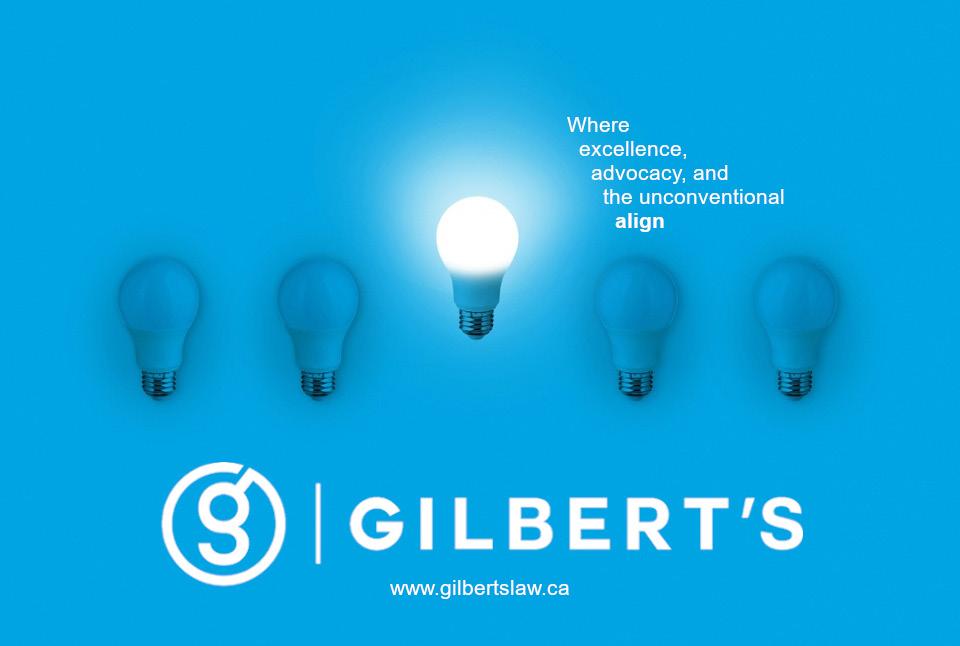
GEORGIA GARDNER (2L) AND
GLENN HOWARD (2L)
'Twas the month before exams, and all through the halls,
The students were abuzzing, behind laptop walls.
Maps were scattered, some still incomplete,
As the 1Ls stressed hard, with deadlines to meet.
The 3Ls were lounging, their wisdom hardearned,
While 1Ls stared blankly, as their brains nearly burned.
Yet hope softly glimmered—a sign posted clear:
“Free coffee and snacks in the atrium!” Oh, the joy and the cheer!
“Don’t forget,” came a Quercus reminder, “assignments are due By December the 18th—just a few more weeks to push through!”
The scramble began to book study room seats, For the best spots were scarce, gone quick in repeats.
Through Bora Laskin, a chorus rang true,
“Have you finished your Map? I’ll trade notes with you!”
The air felt electric with tension and hope, As the caffeine and snacks helped students to cope.
So back to their books, the students all turned,
The lessons of law slowly being learned.
And as finals approached, with deadlines in sight,
They prepped with a plan to emerge from the fight.
The SNAILS (Students Not Actually In Law School),
Entered the library in droves,
Assuming they would go unnoticed: “A law student could study biology, I suppose.”
The law students paced, their outlines a mess, "Is this about duress? I’m just way too stressed!"
Their caffeine-fueled minds couldn’t stop, couldn’t slow, "Is this stare decisis? Or a ratio? I don’t know!"
But dear law student, as you sit in your nook,
With your SLS past student outlines, and borrowed textbooks,
Remember this truth, for it's simple and true:
Finals will end, and you'll make it through.
So here’s to the students, both stressed and prepared,
To the notes that were written, the lessons all shared.
May your efforts be fruitful, your hard work take flight—
Good luck on your finals, and to all a good night!
The verdict is in—we are autumns!
This playlist represents the subtle transition from summer into fall—a soundtrack for that in-between. It’s perfect for soaking up the last rays of sunshine—or for a cozy fall walk as the leaves change colours—and then start to fall. Transitions are often bittersweet, so these tracks are as equally bright as they are sombre.
This playlist features: Lizzy McAlpine, Maggie Rogers, Elliott Smith and Janet Jackson.
